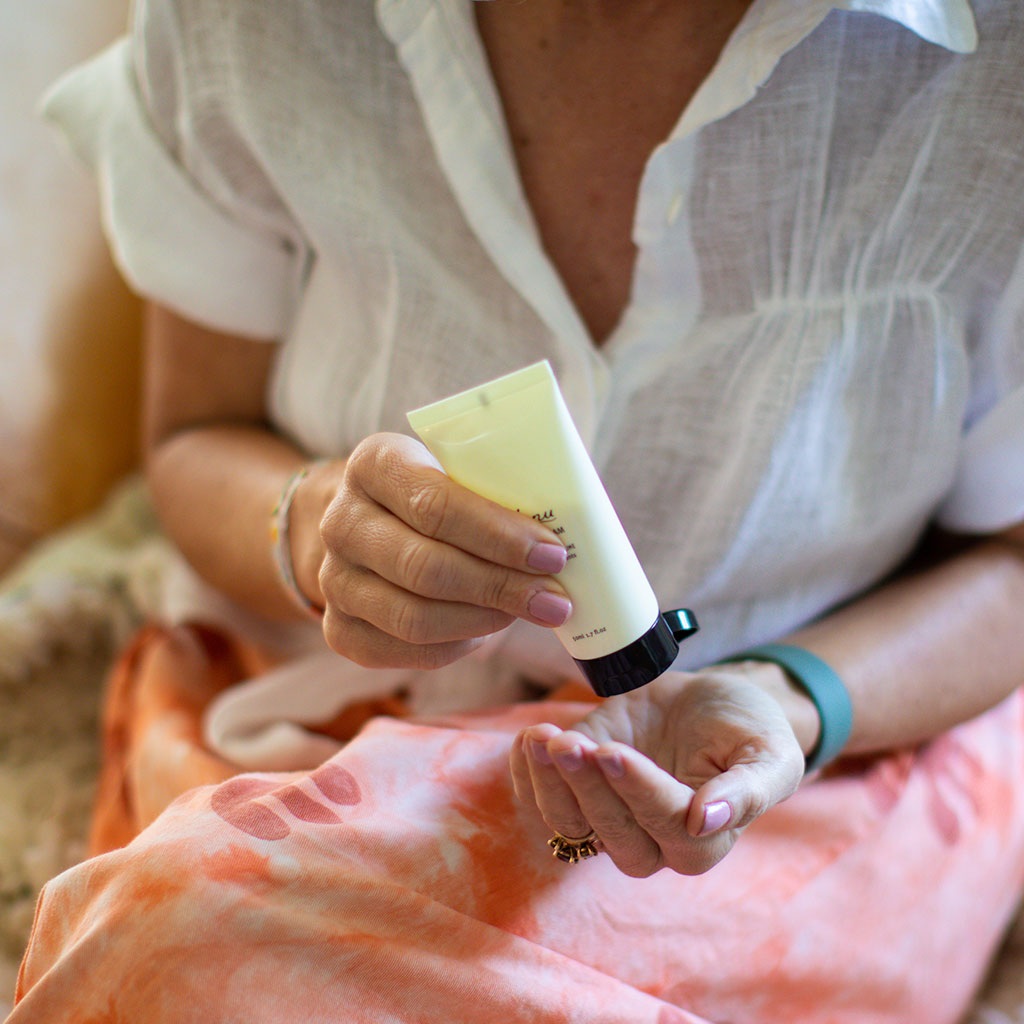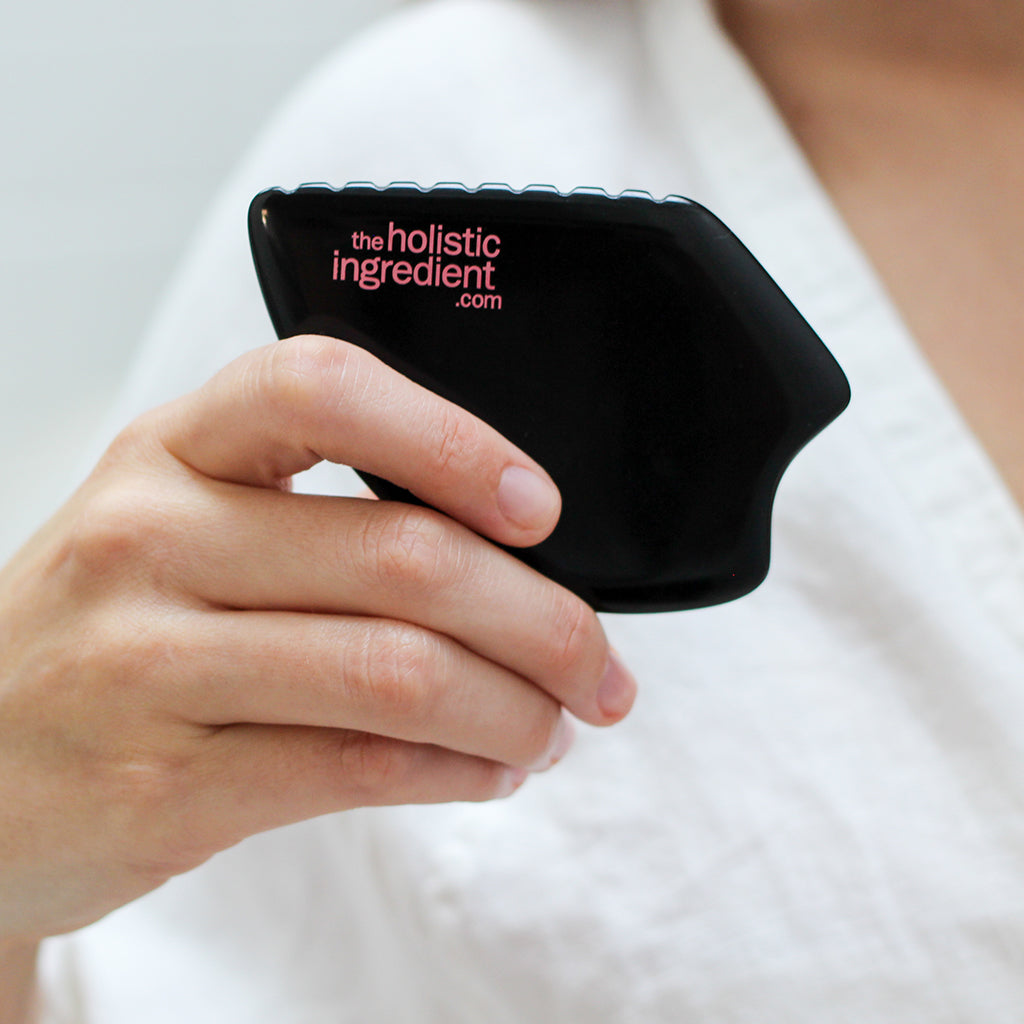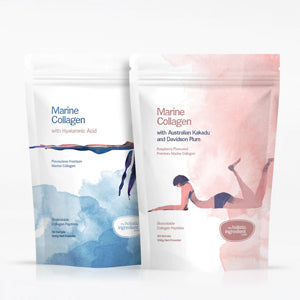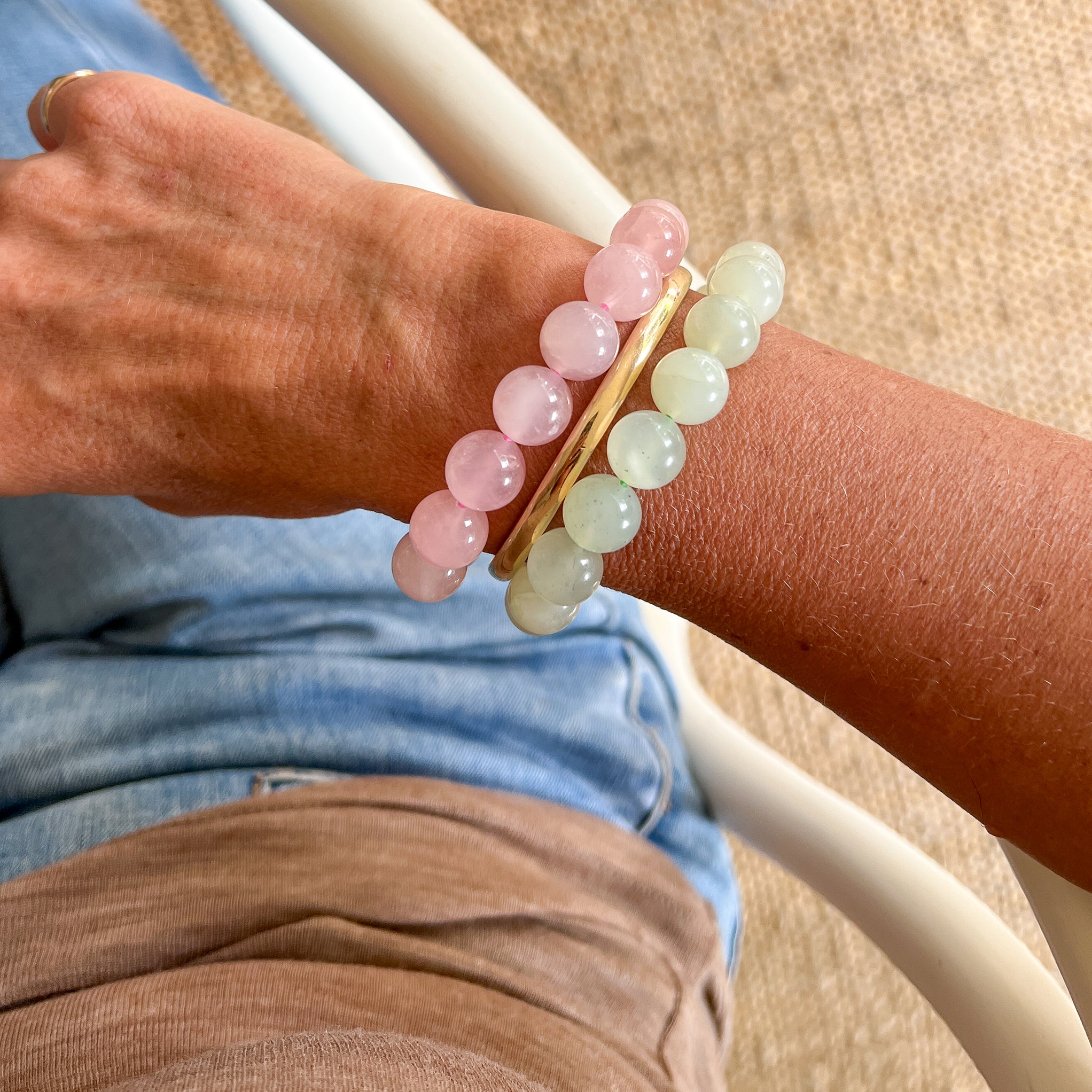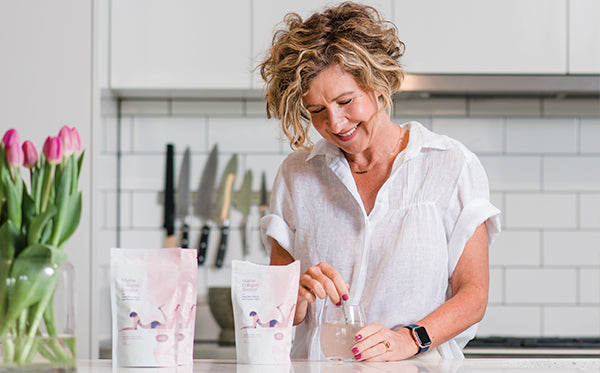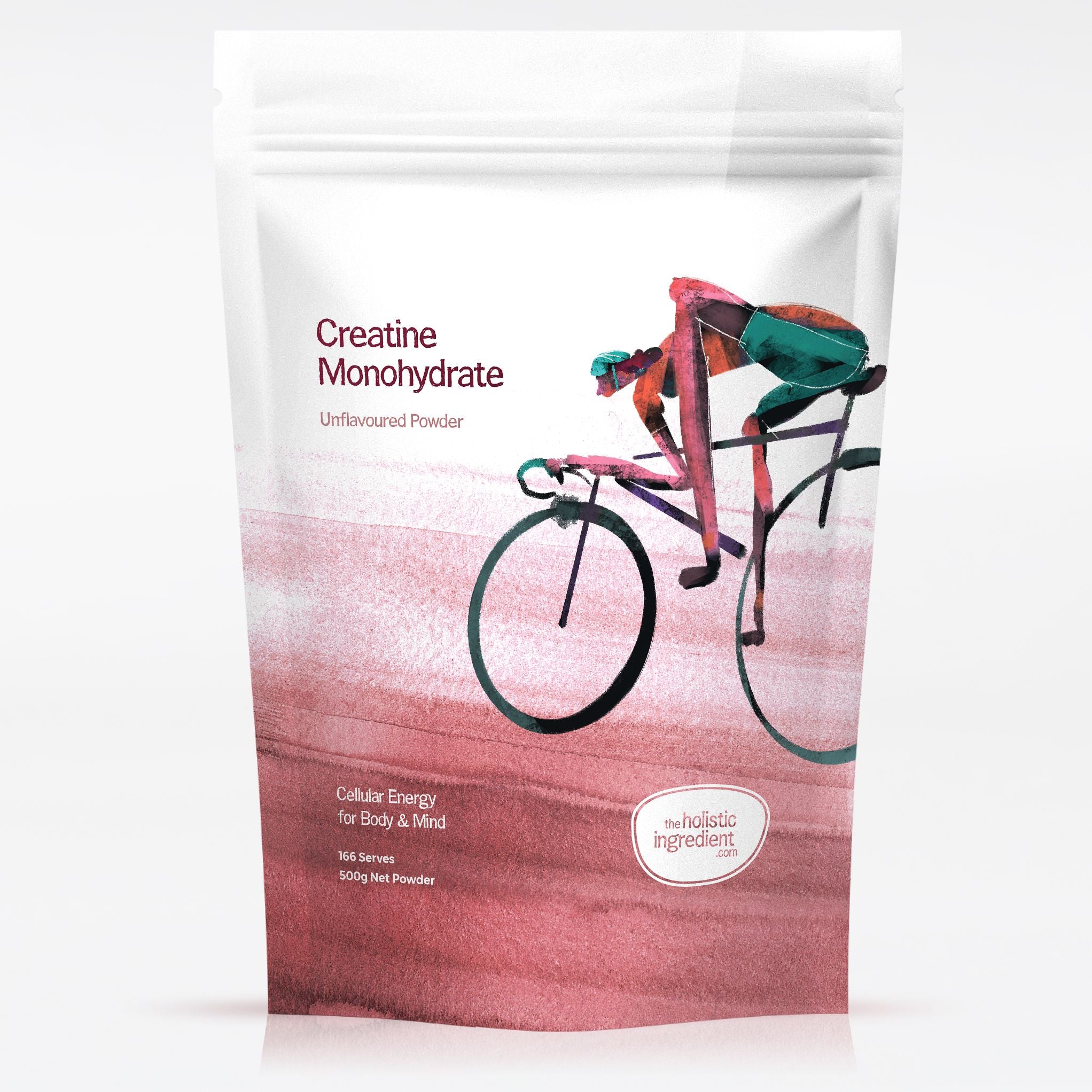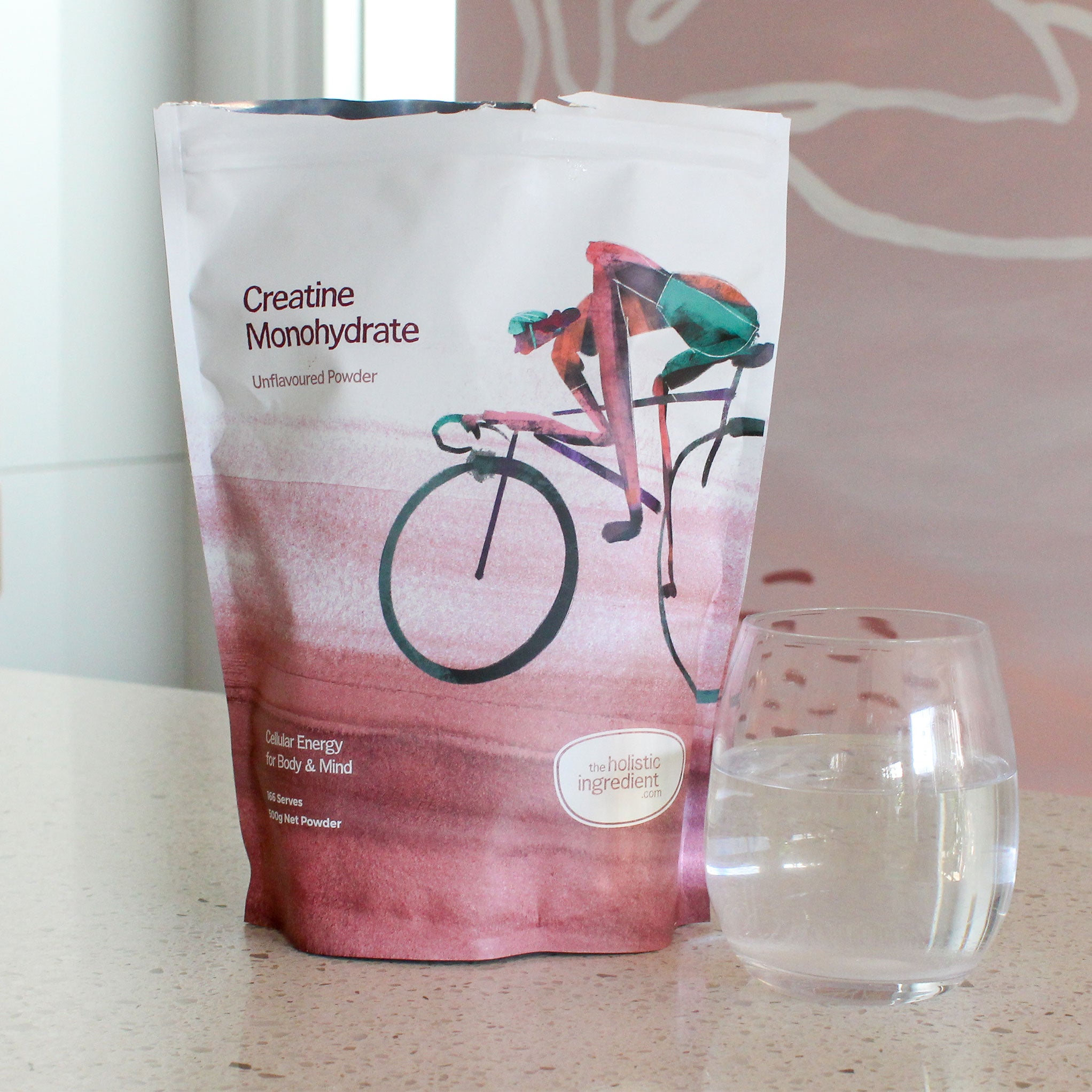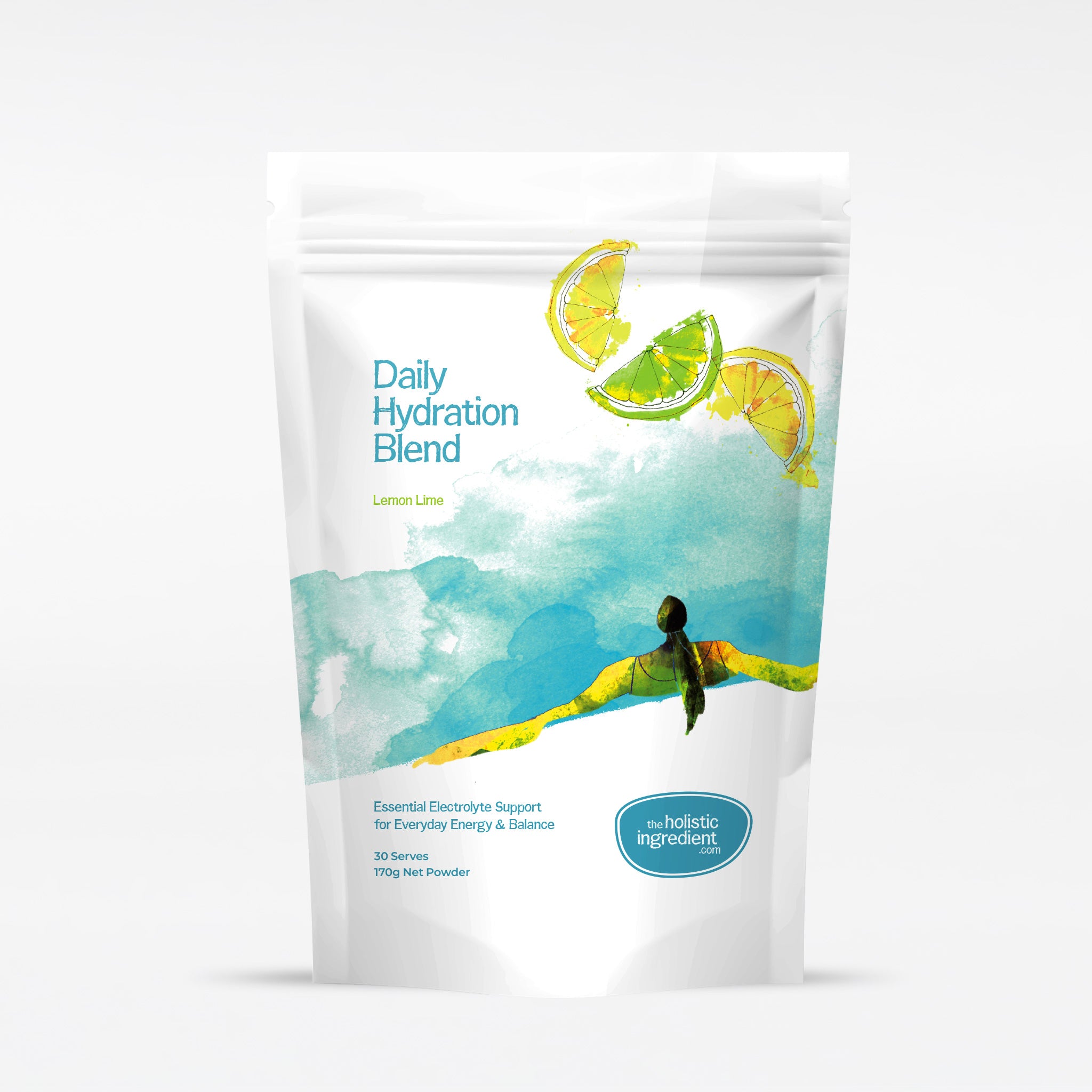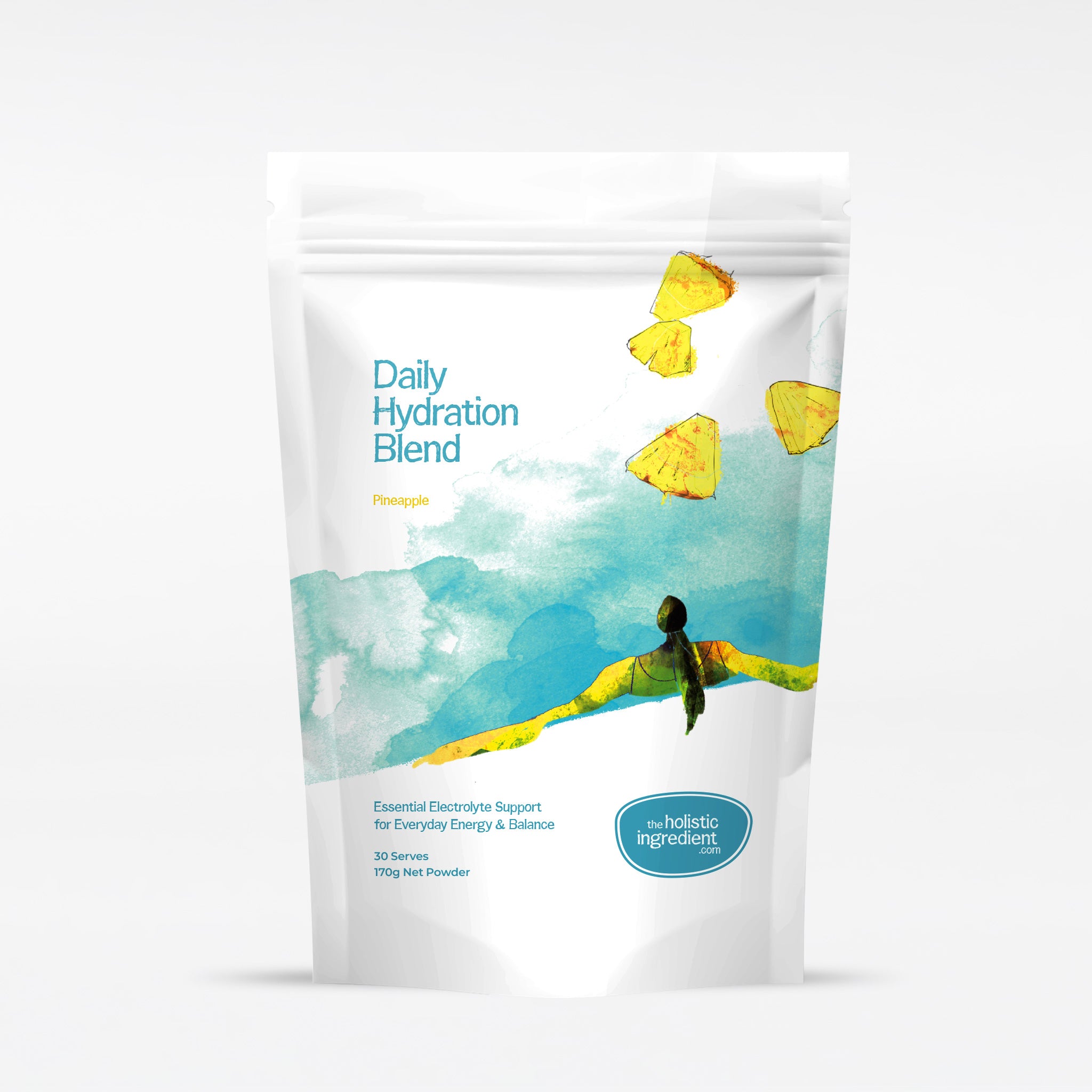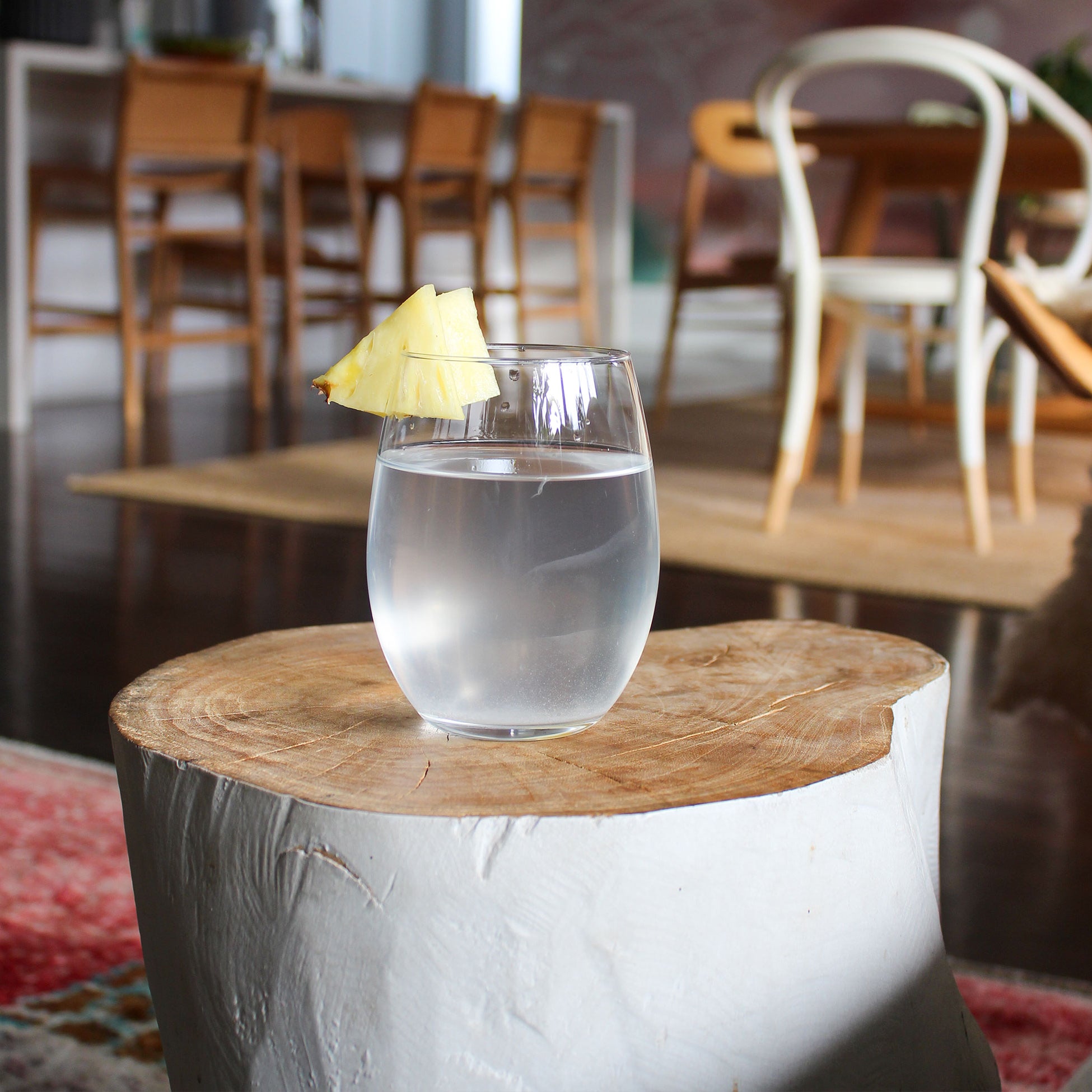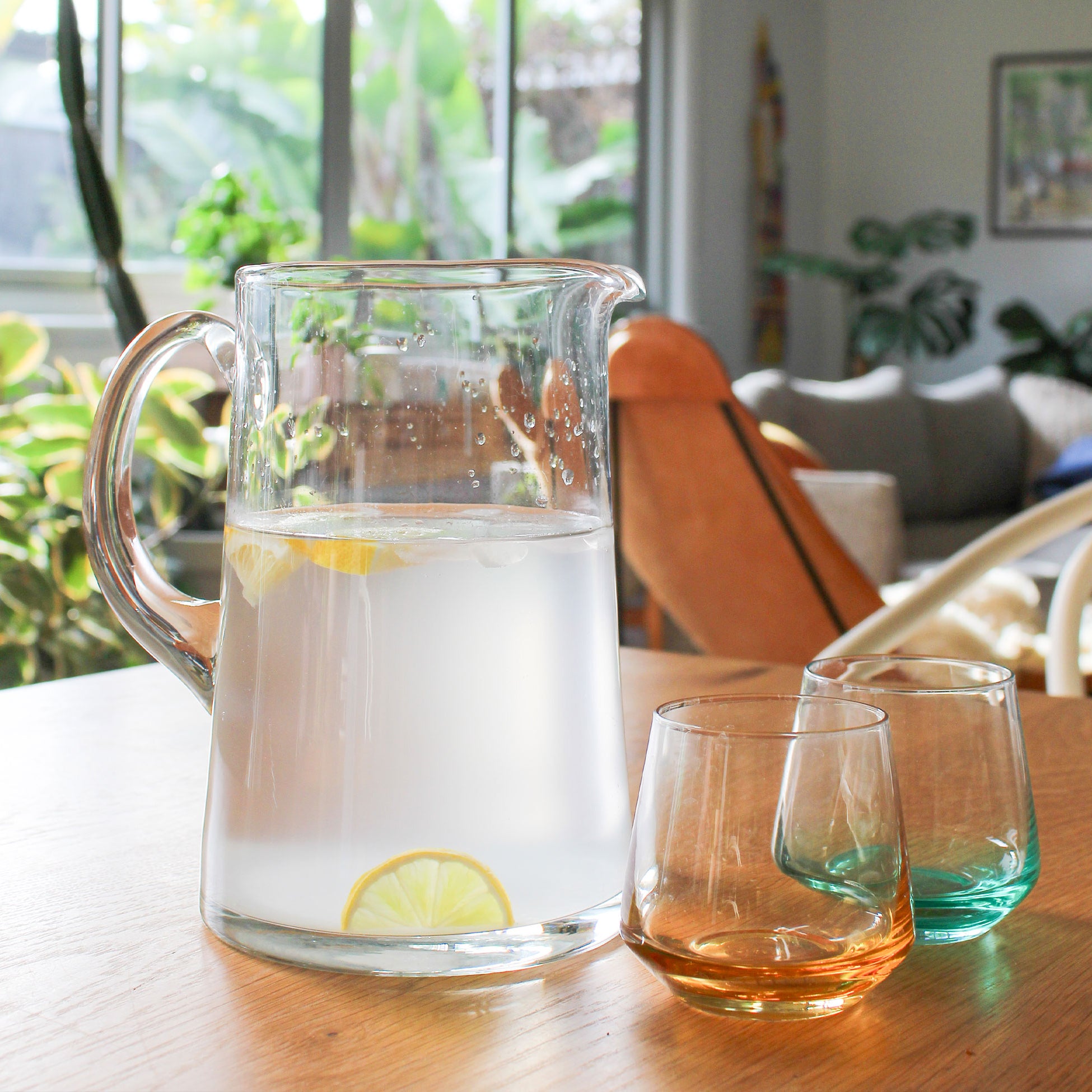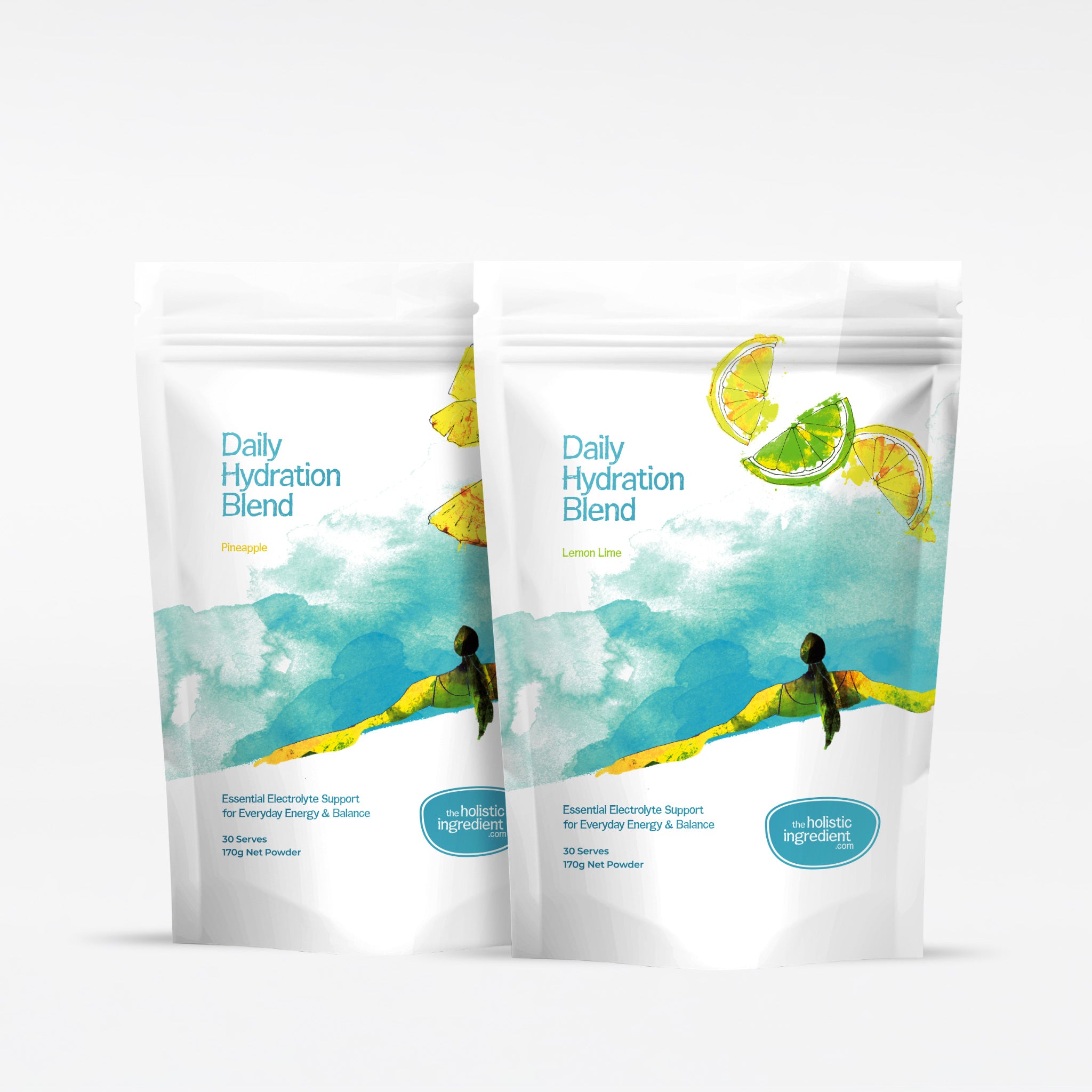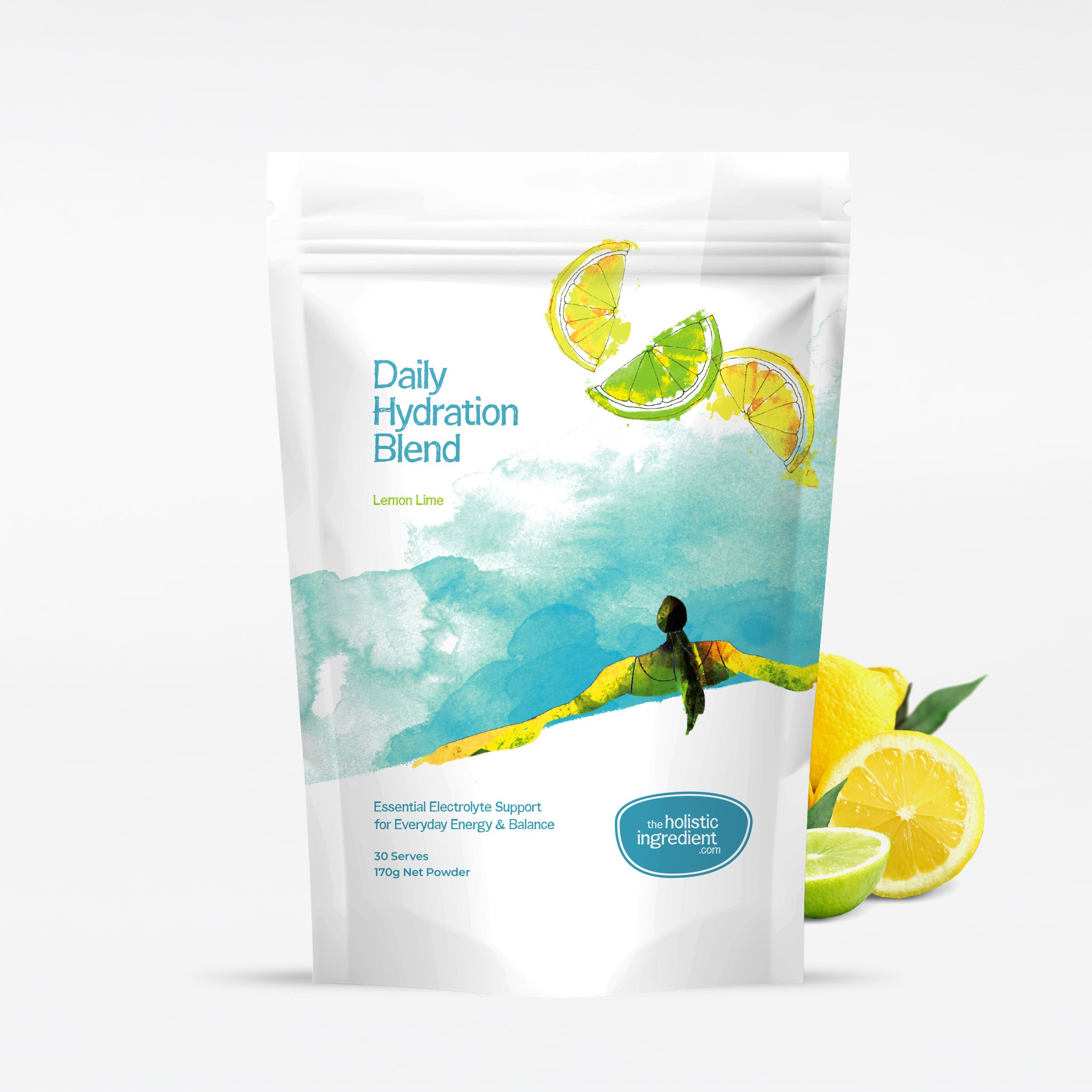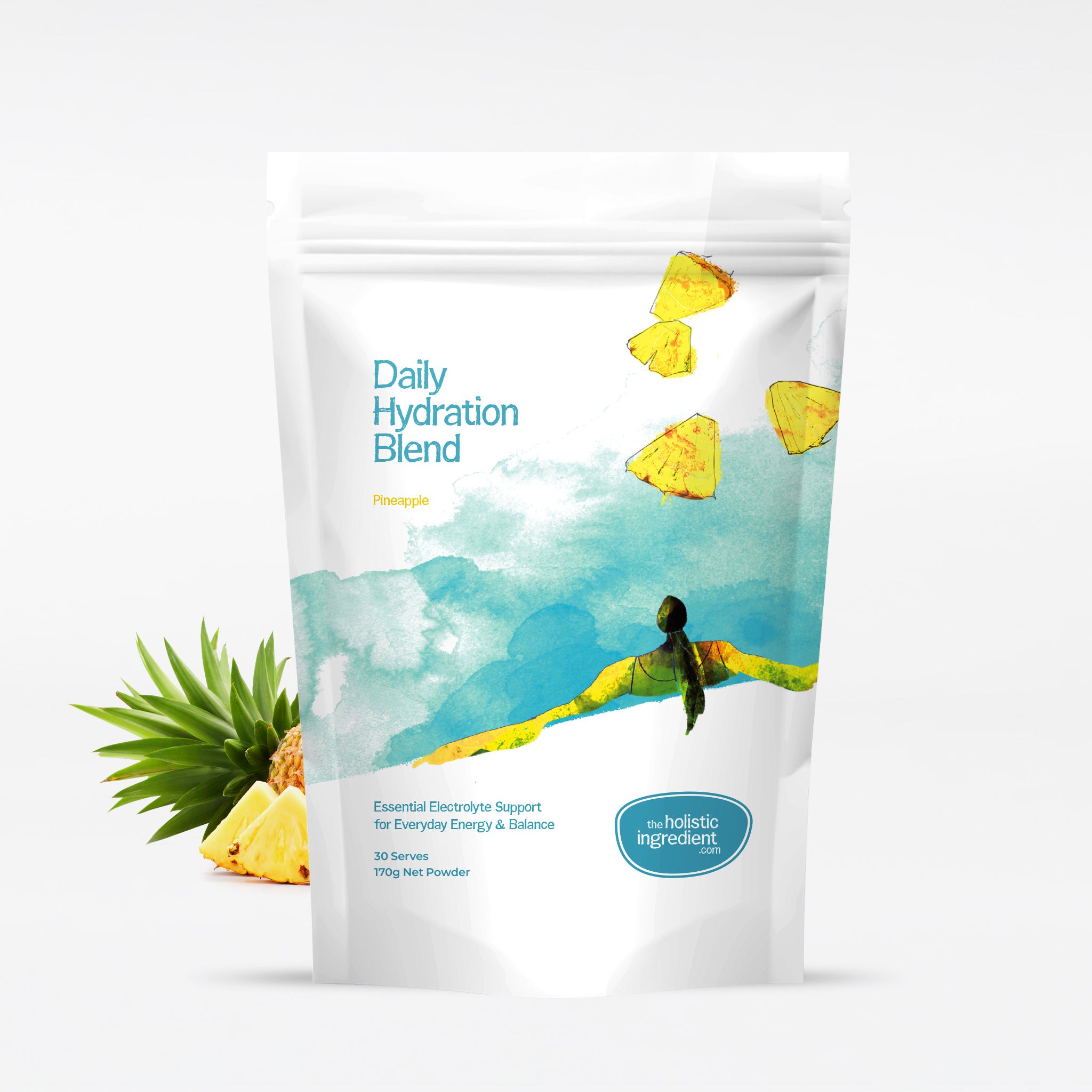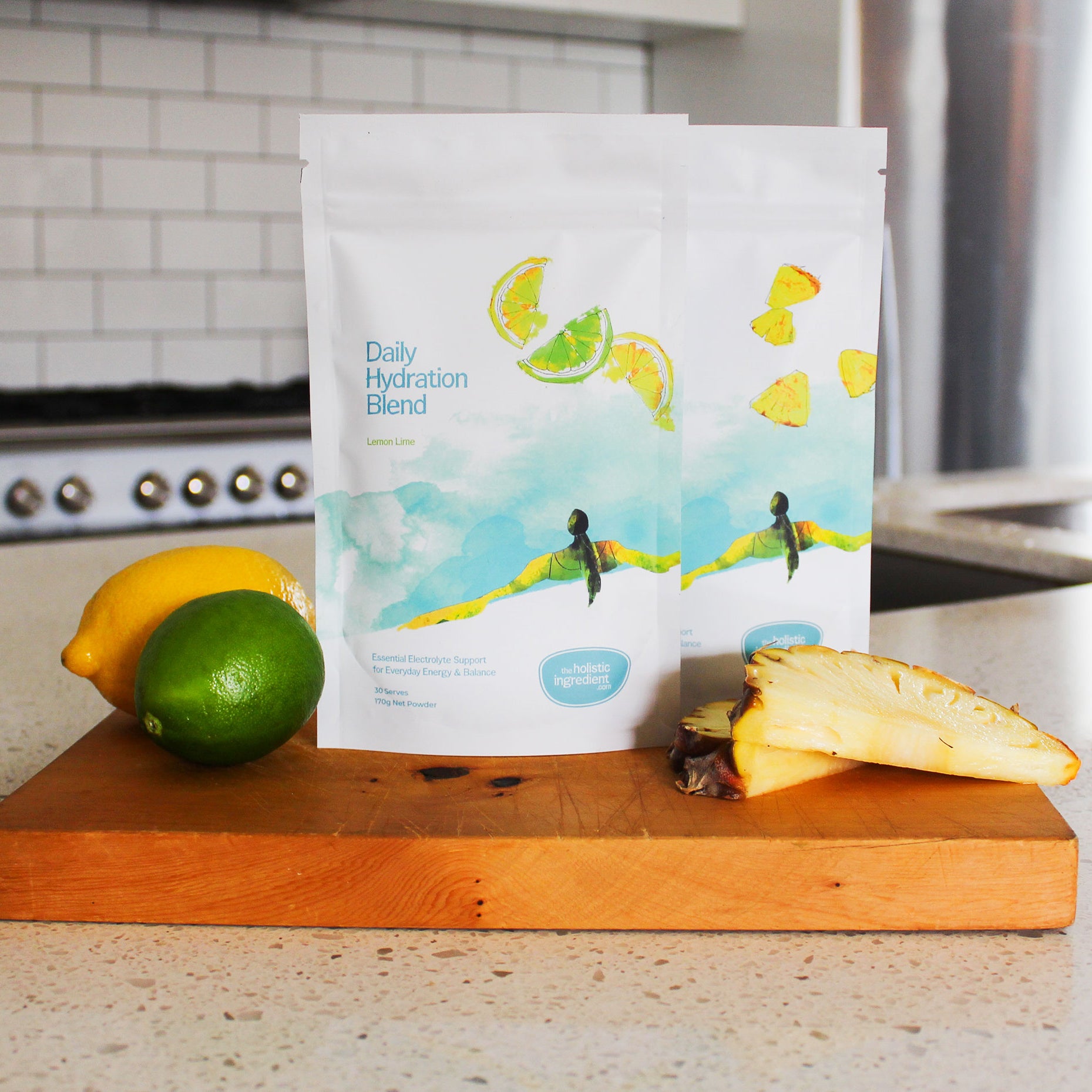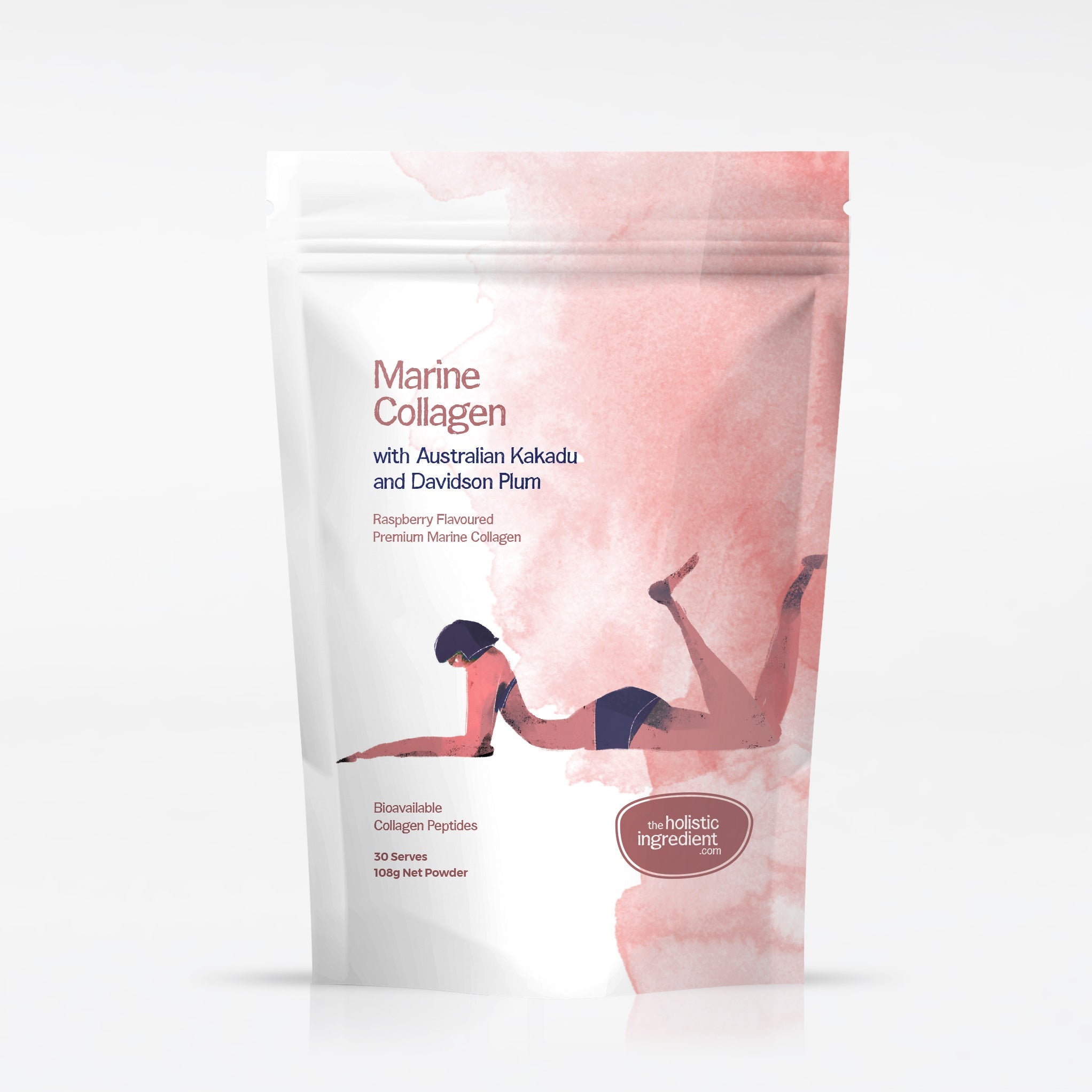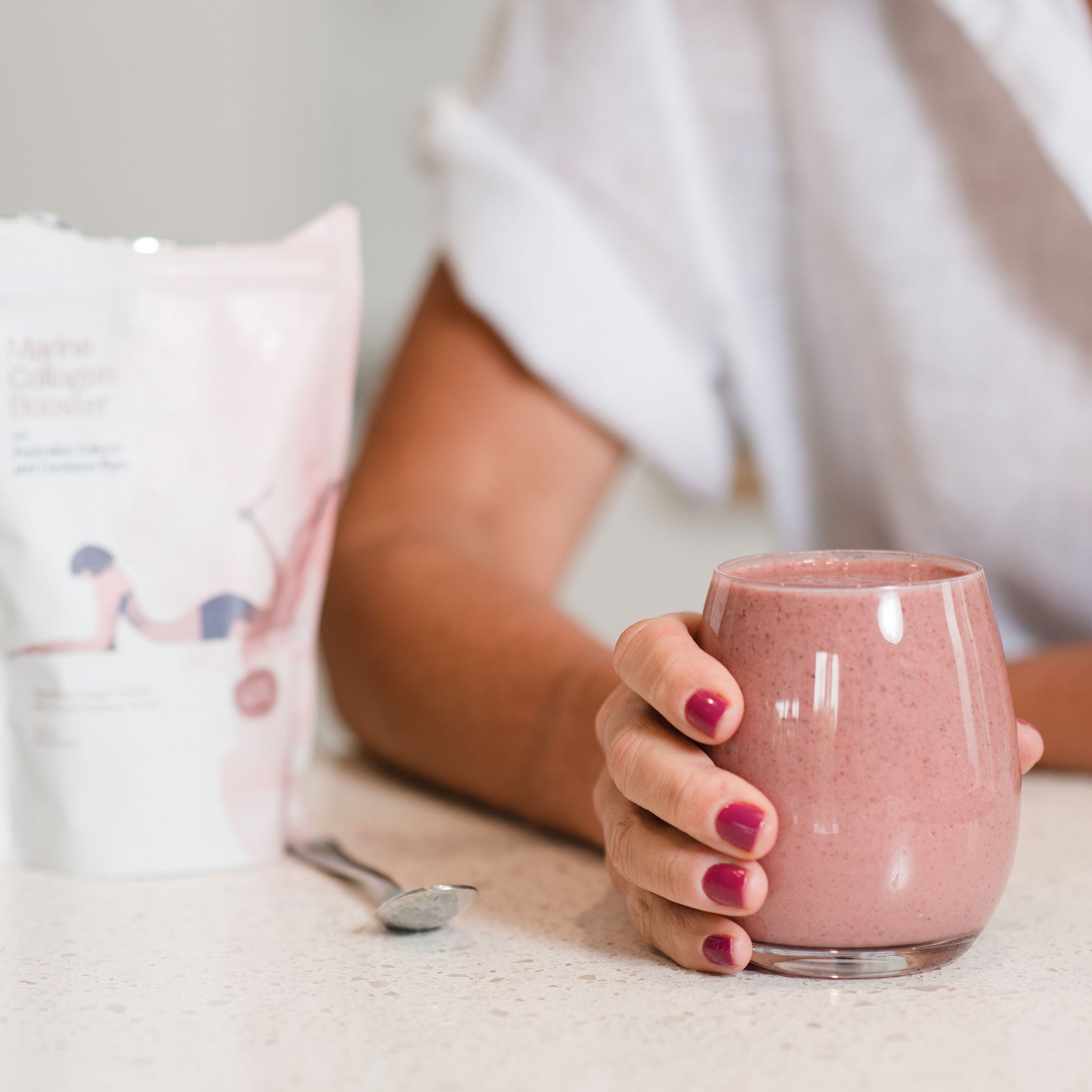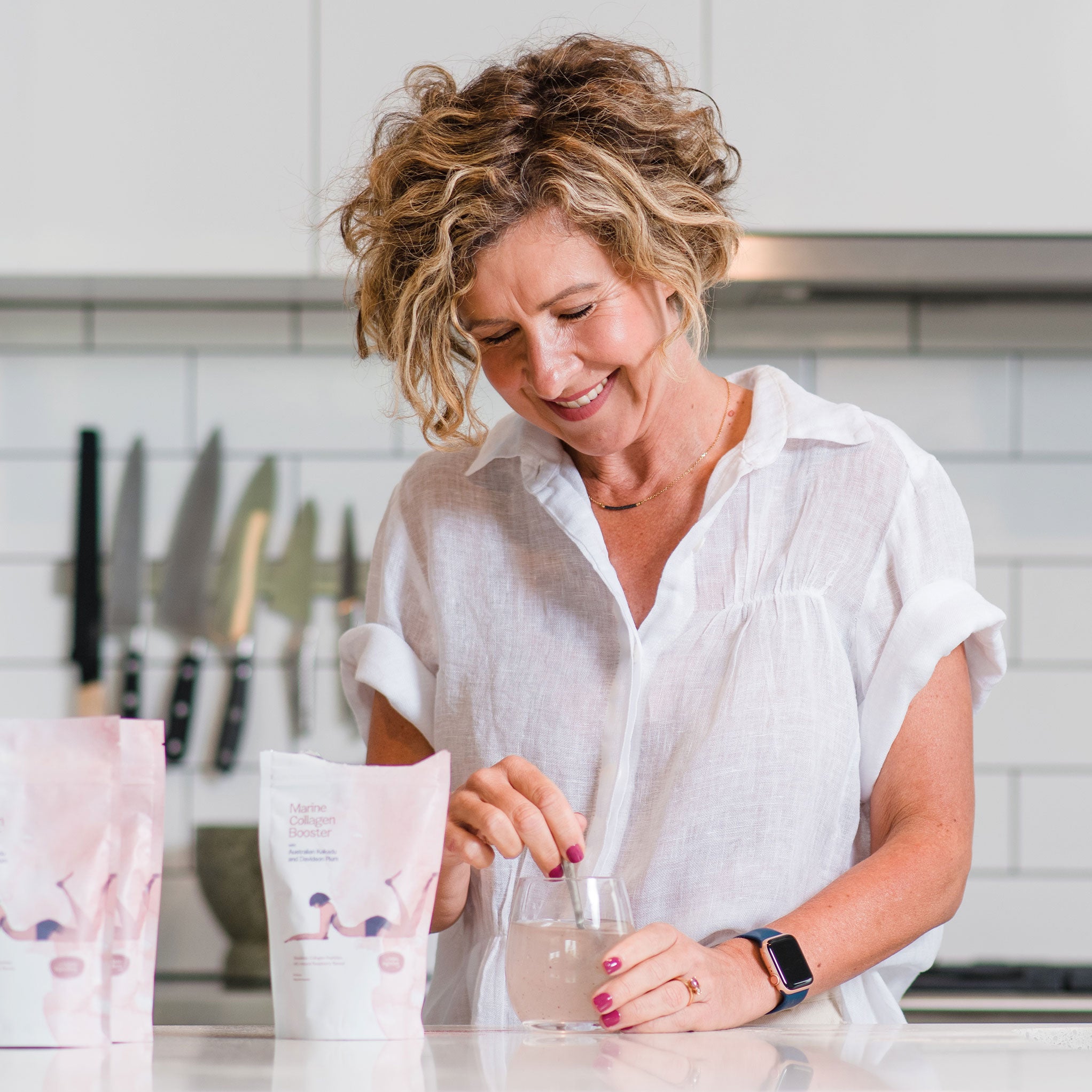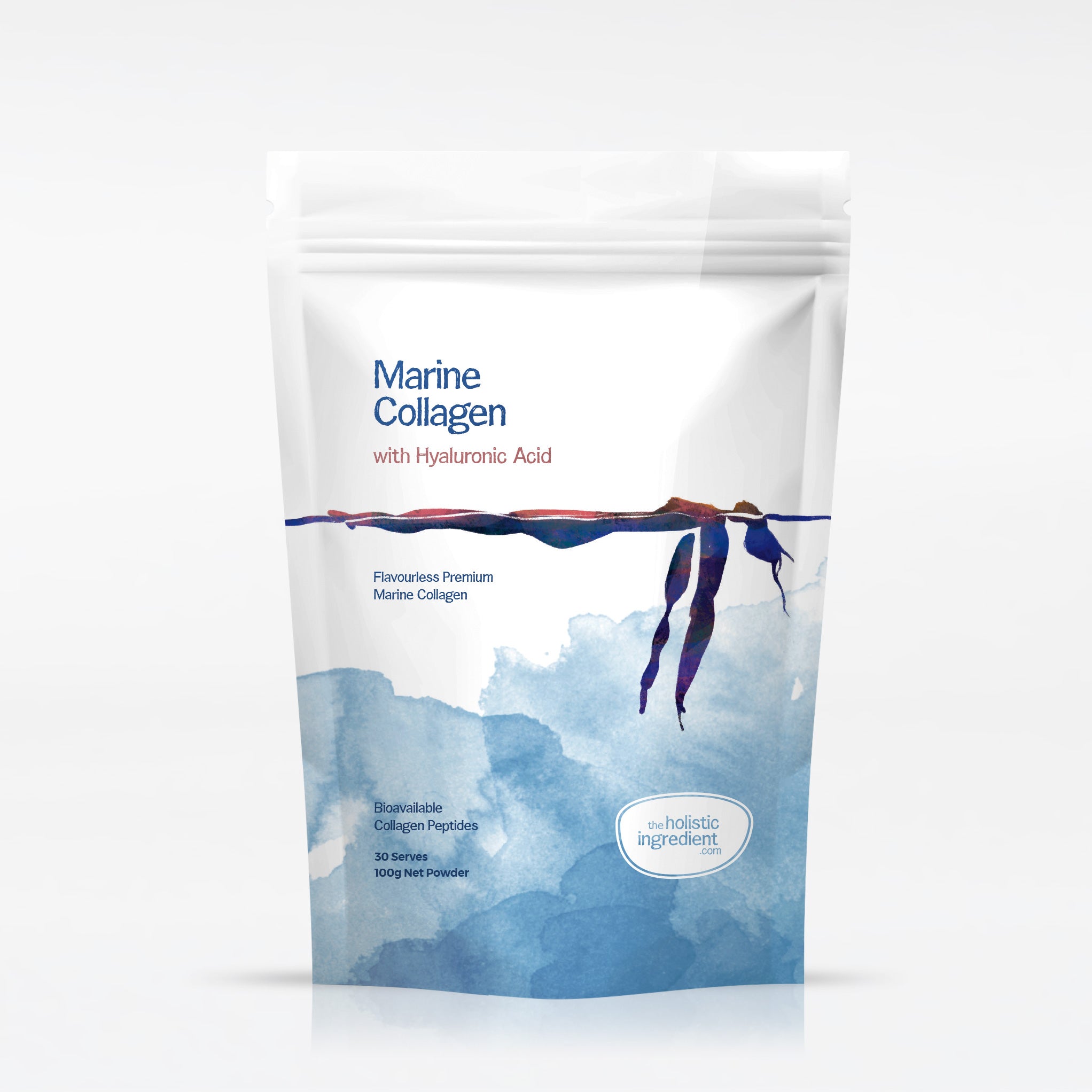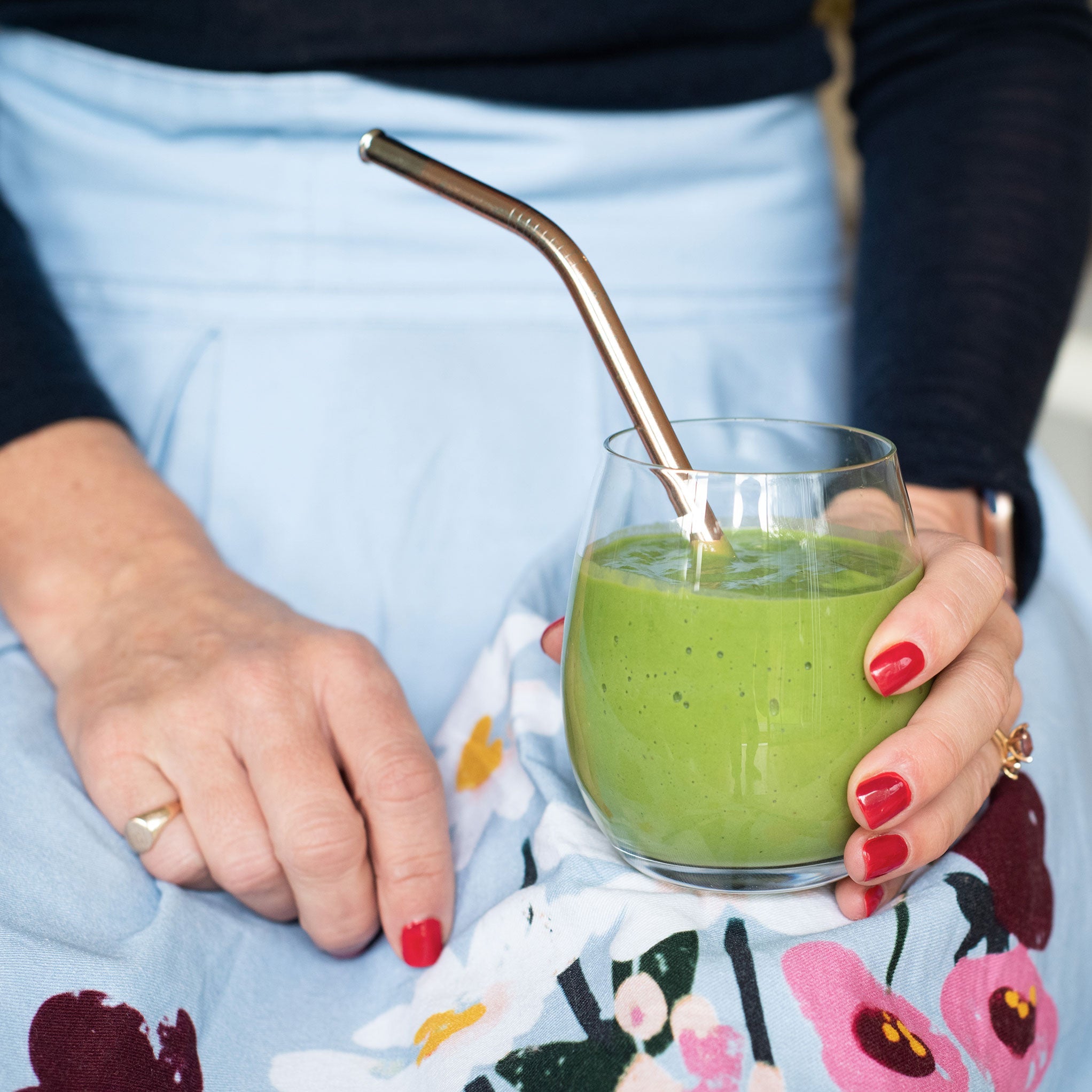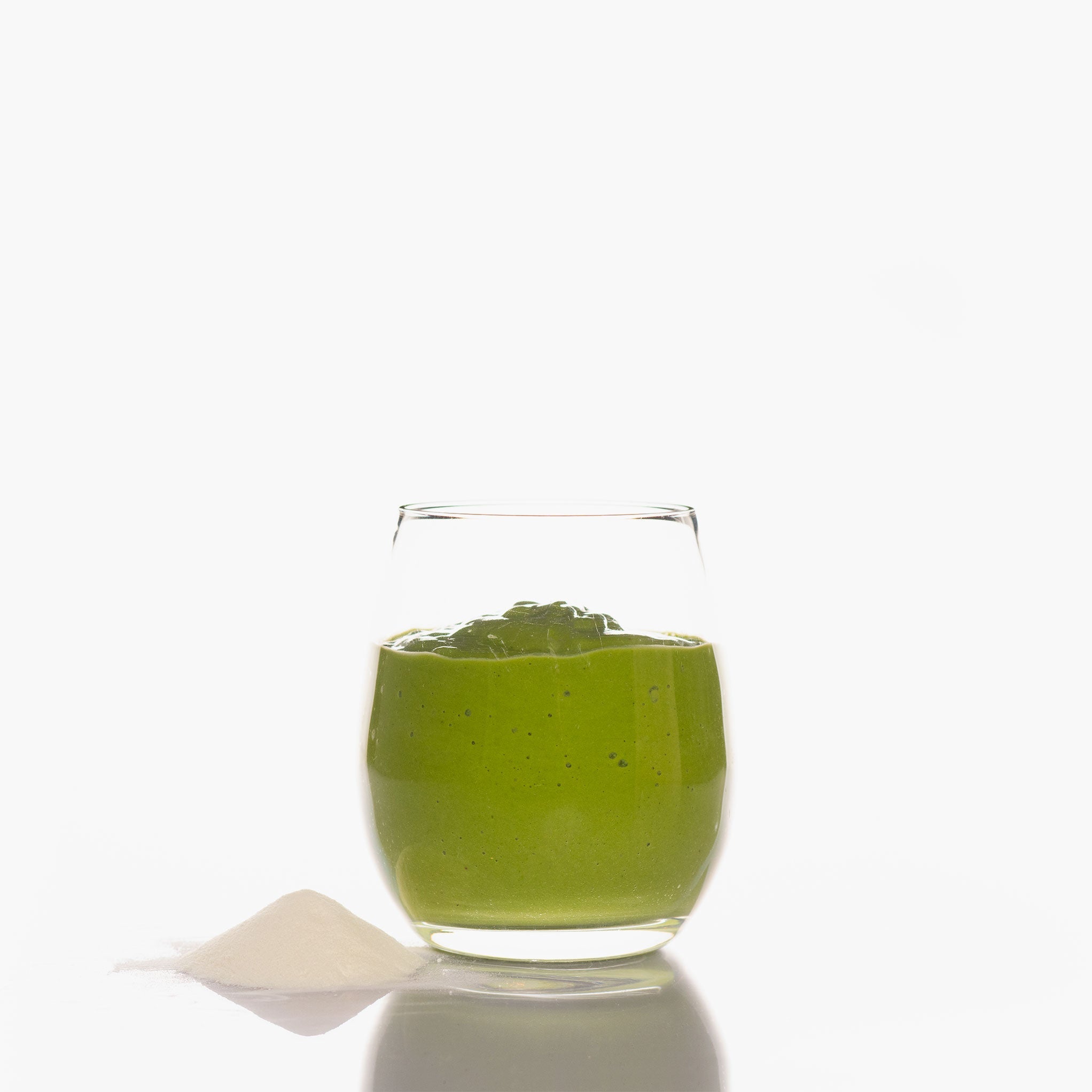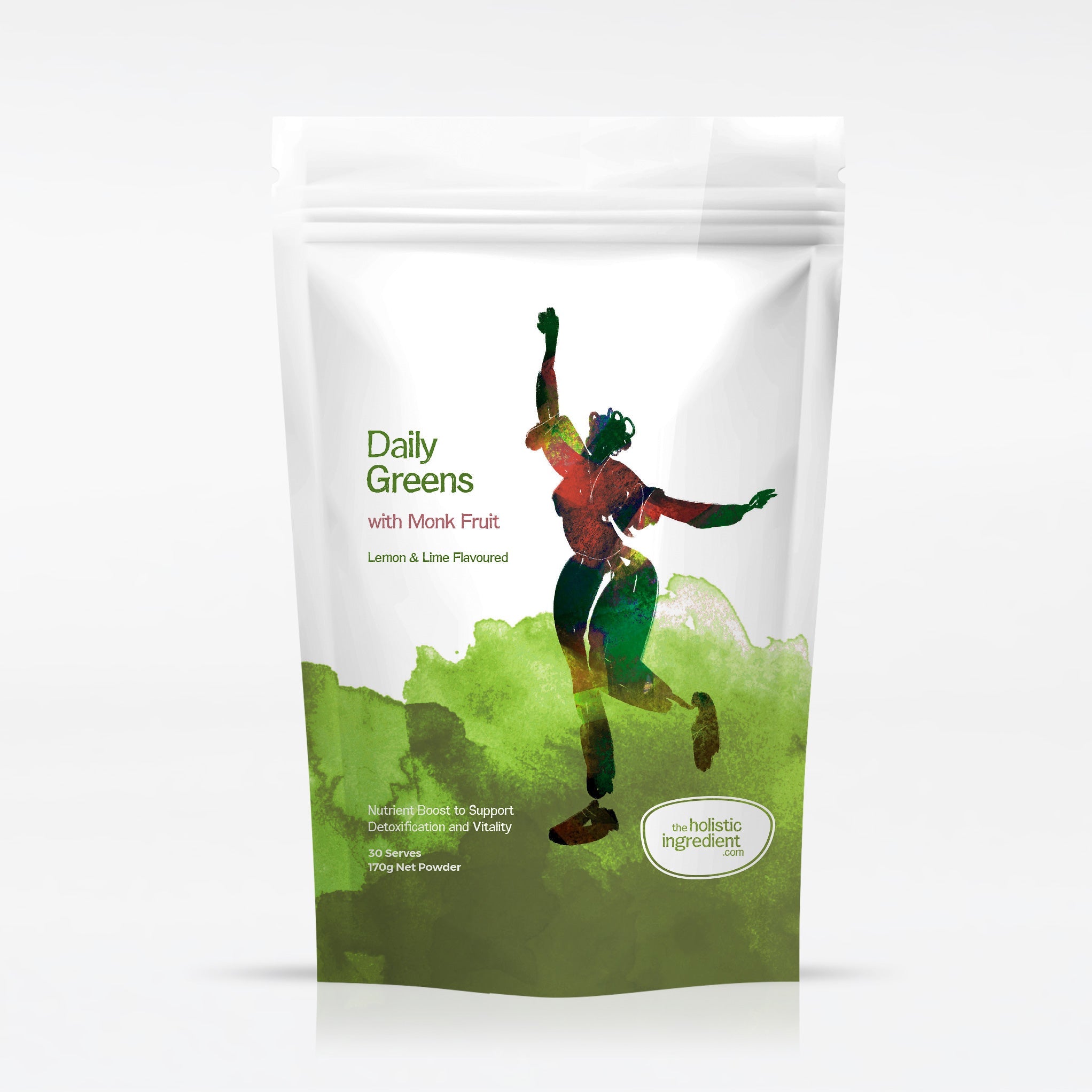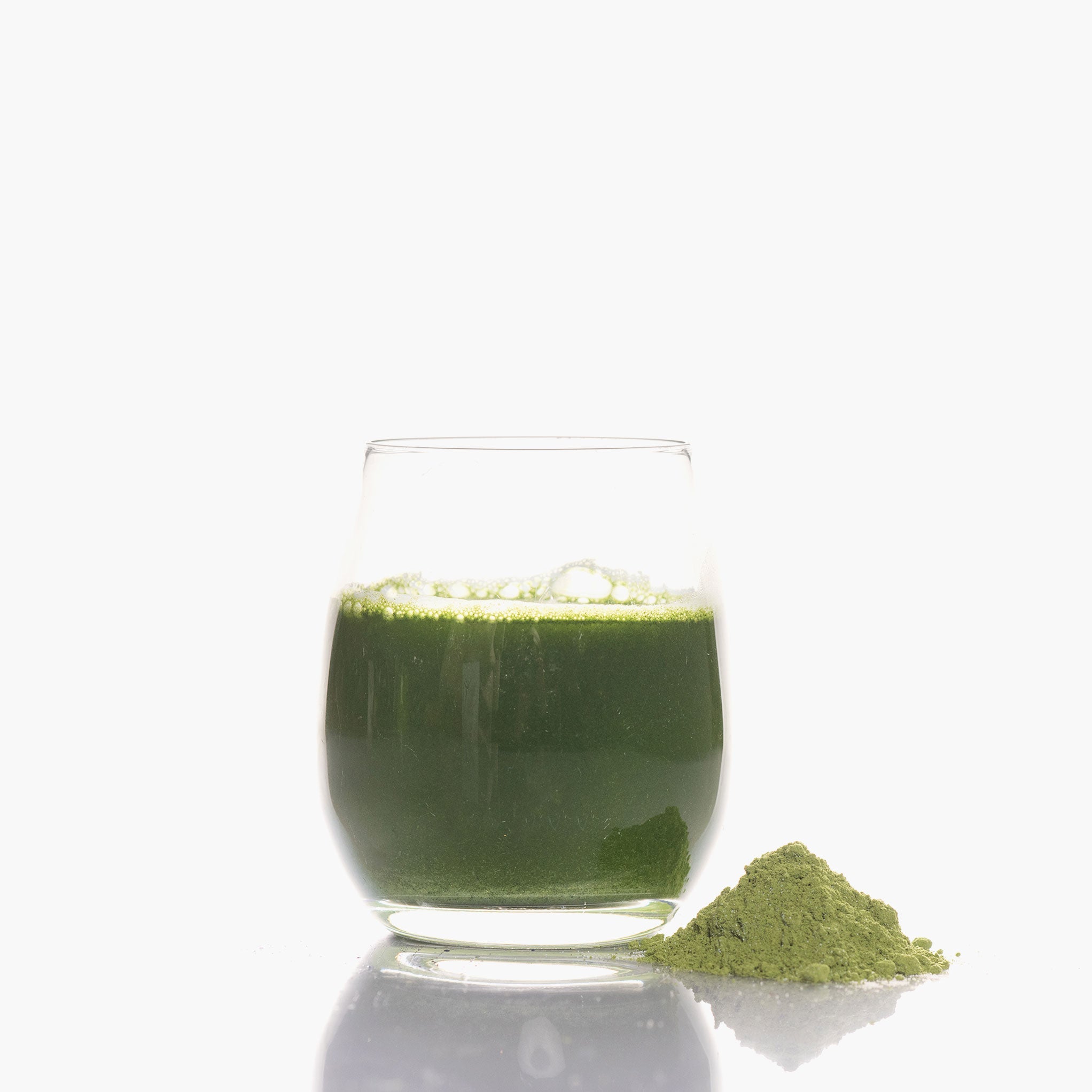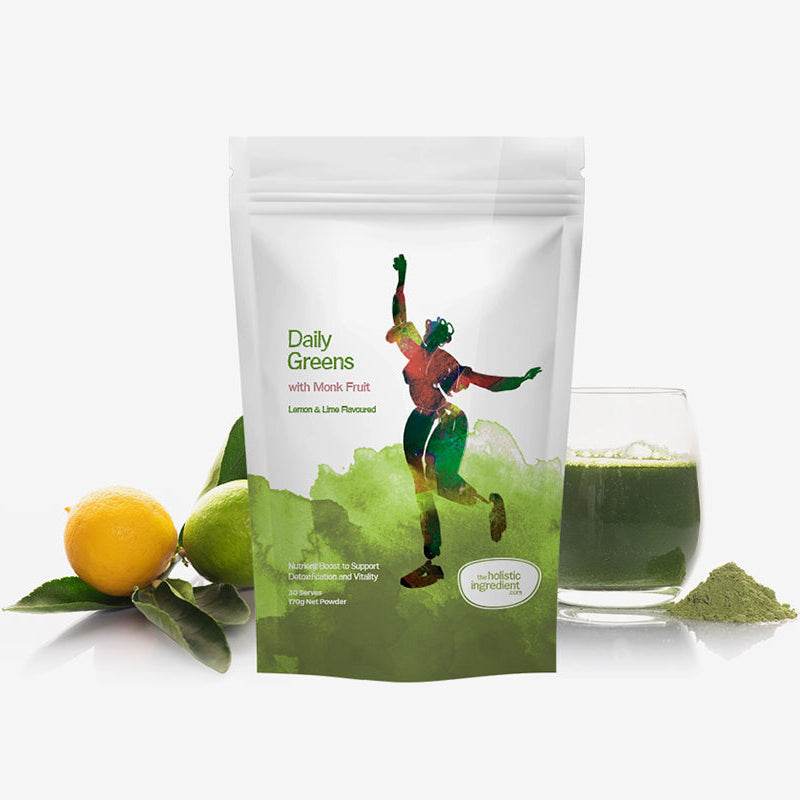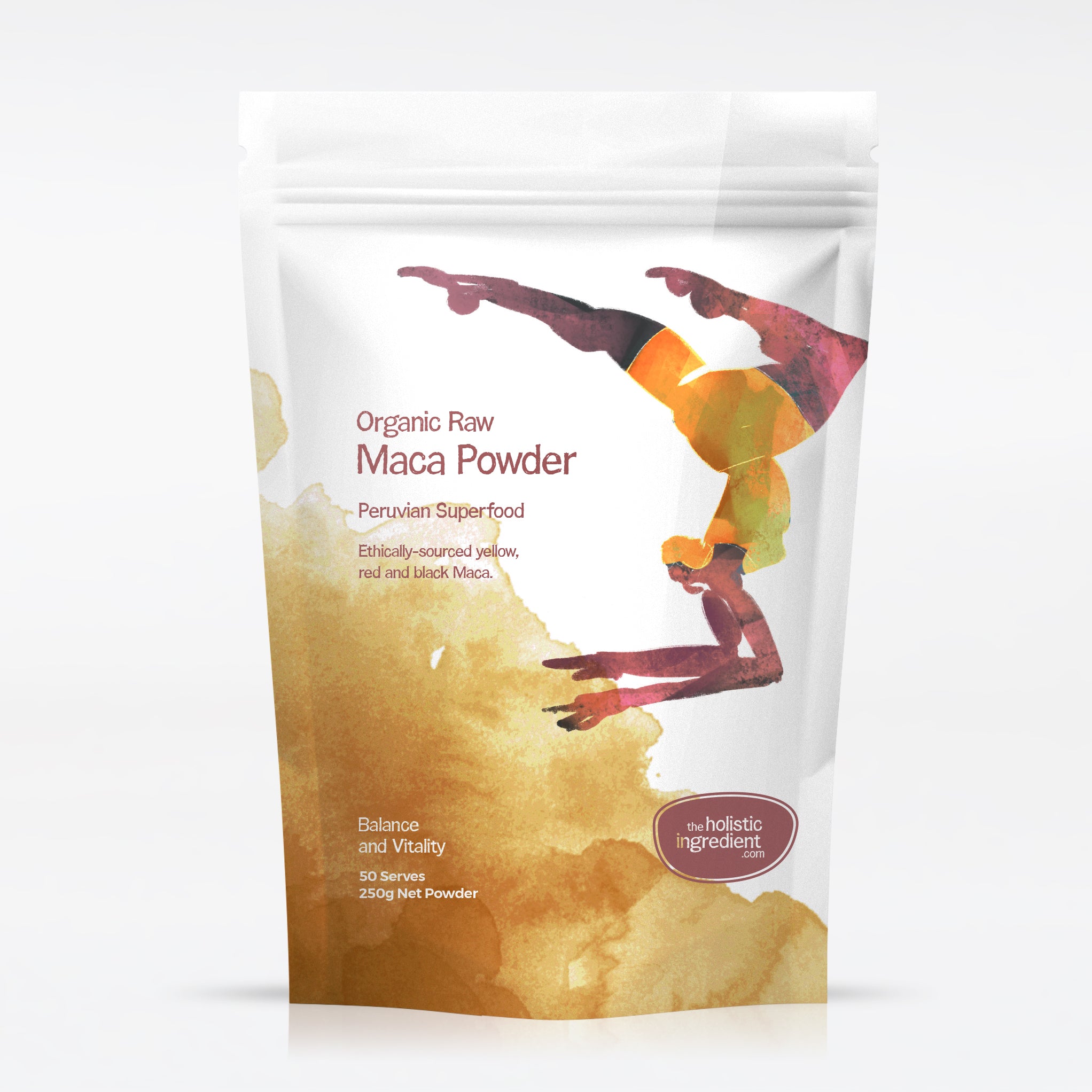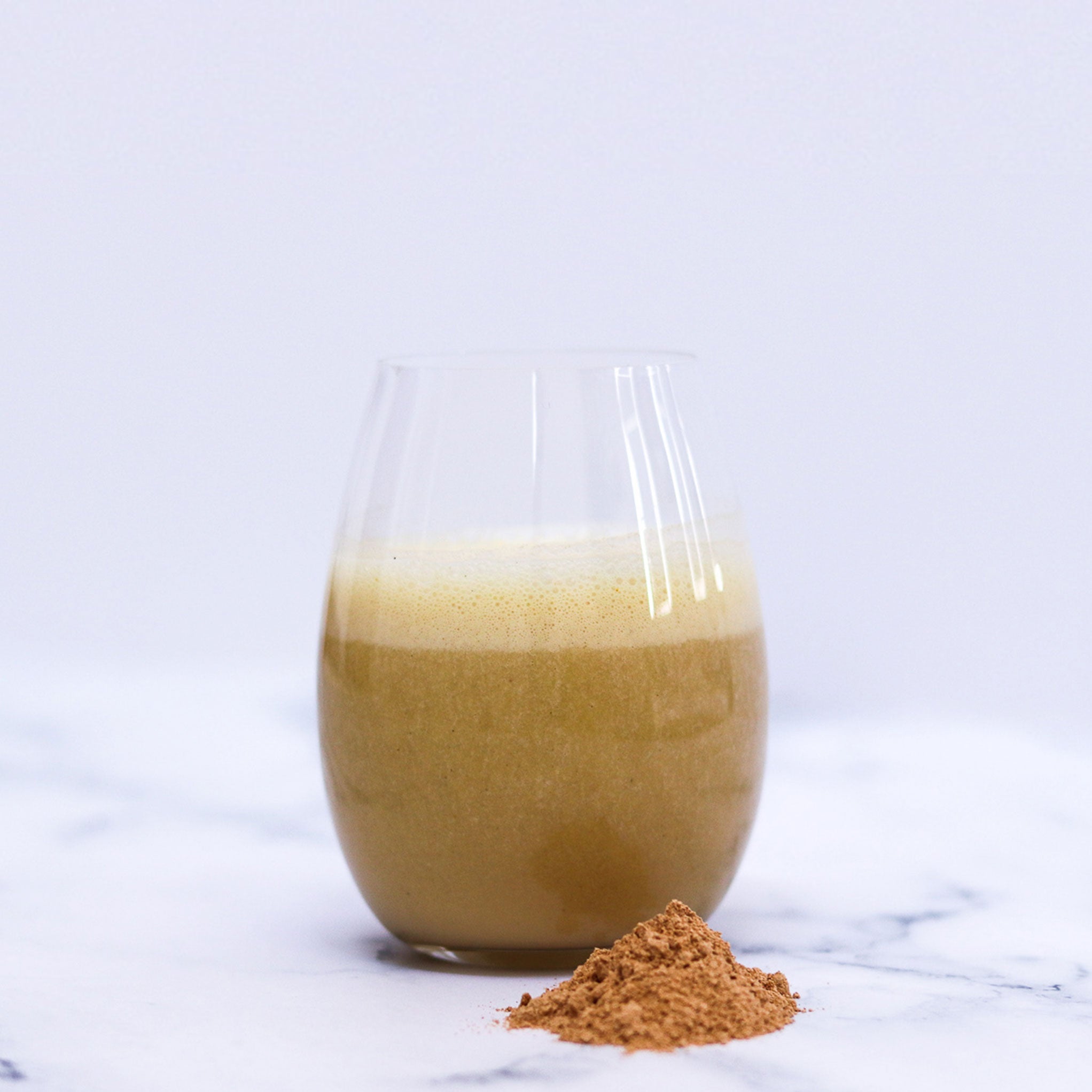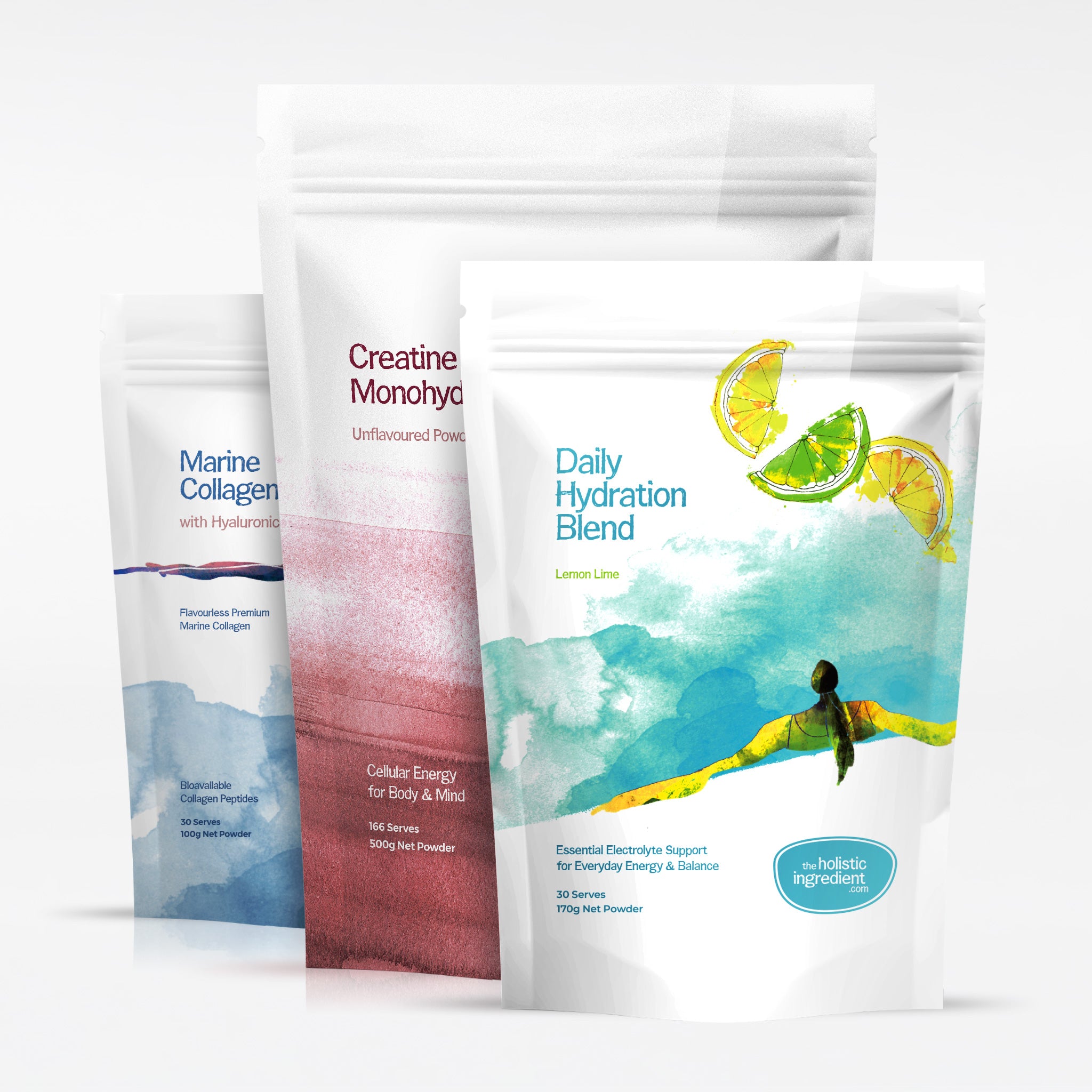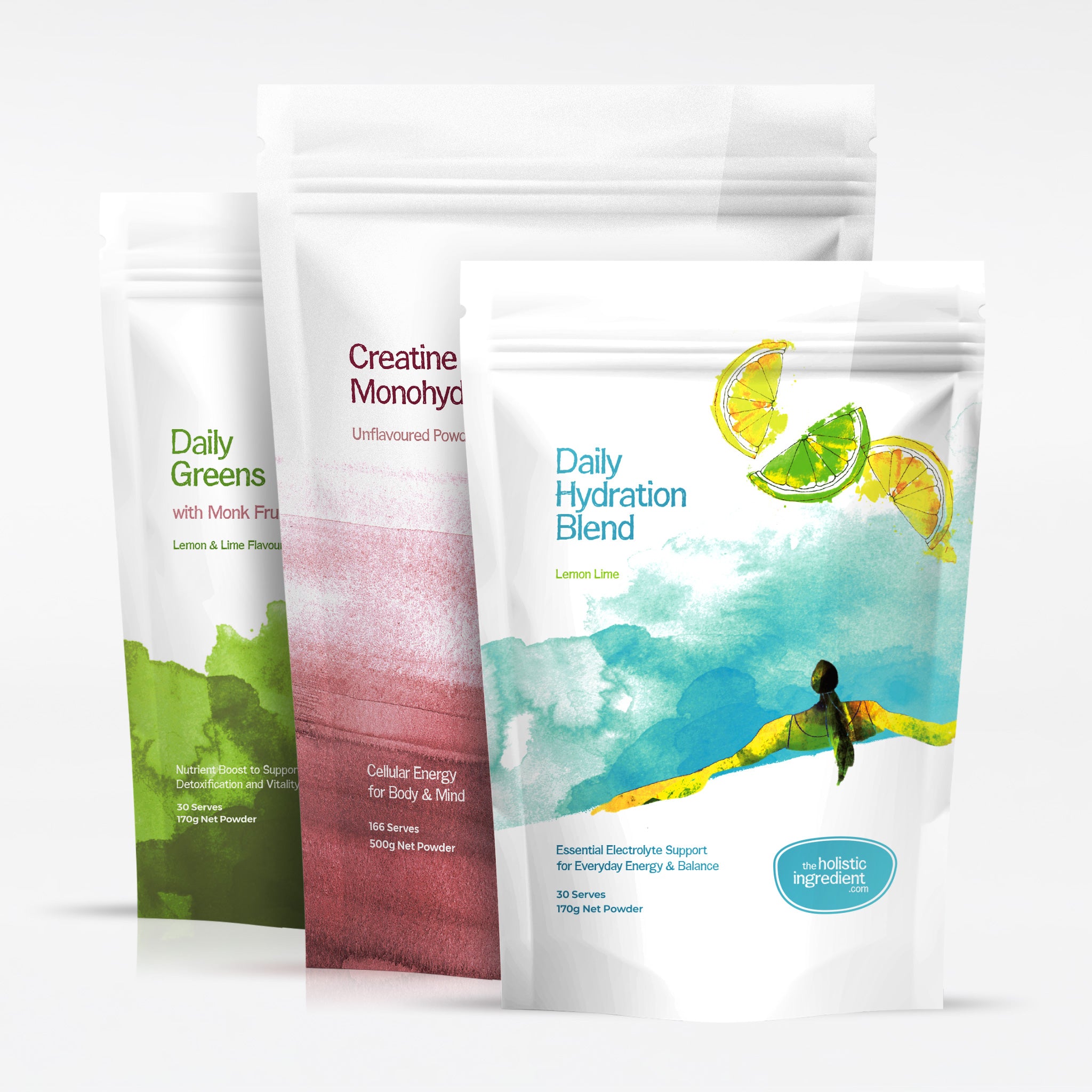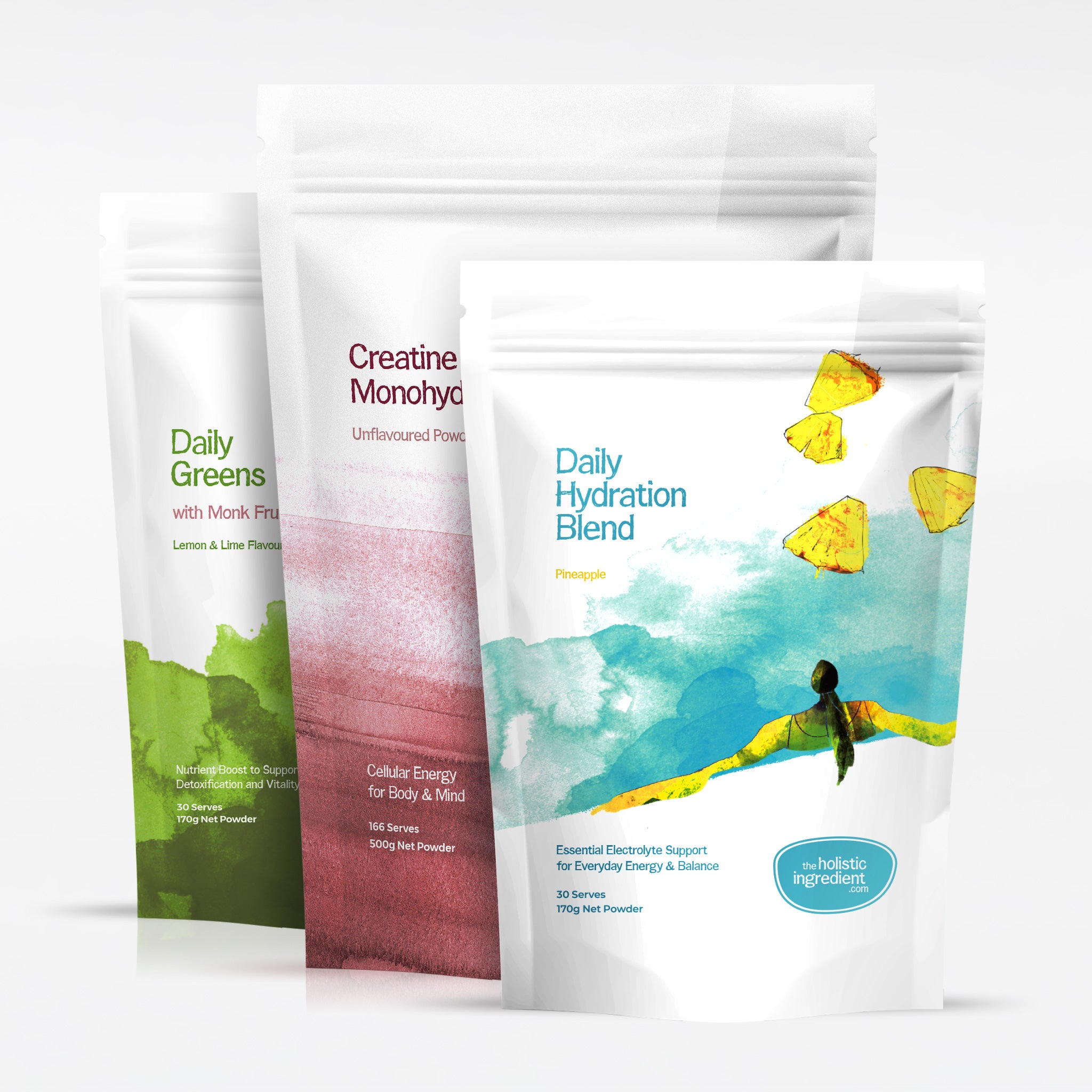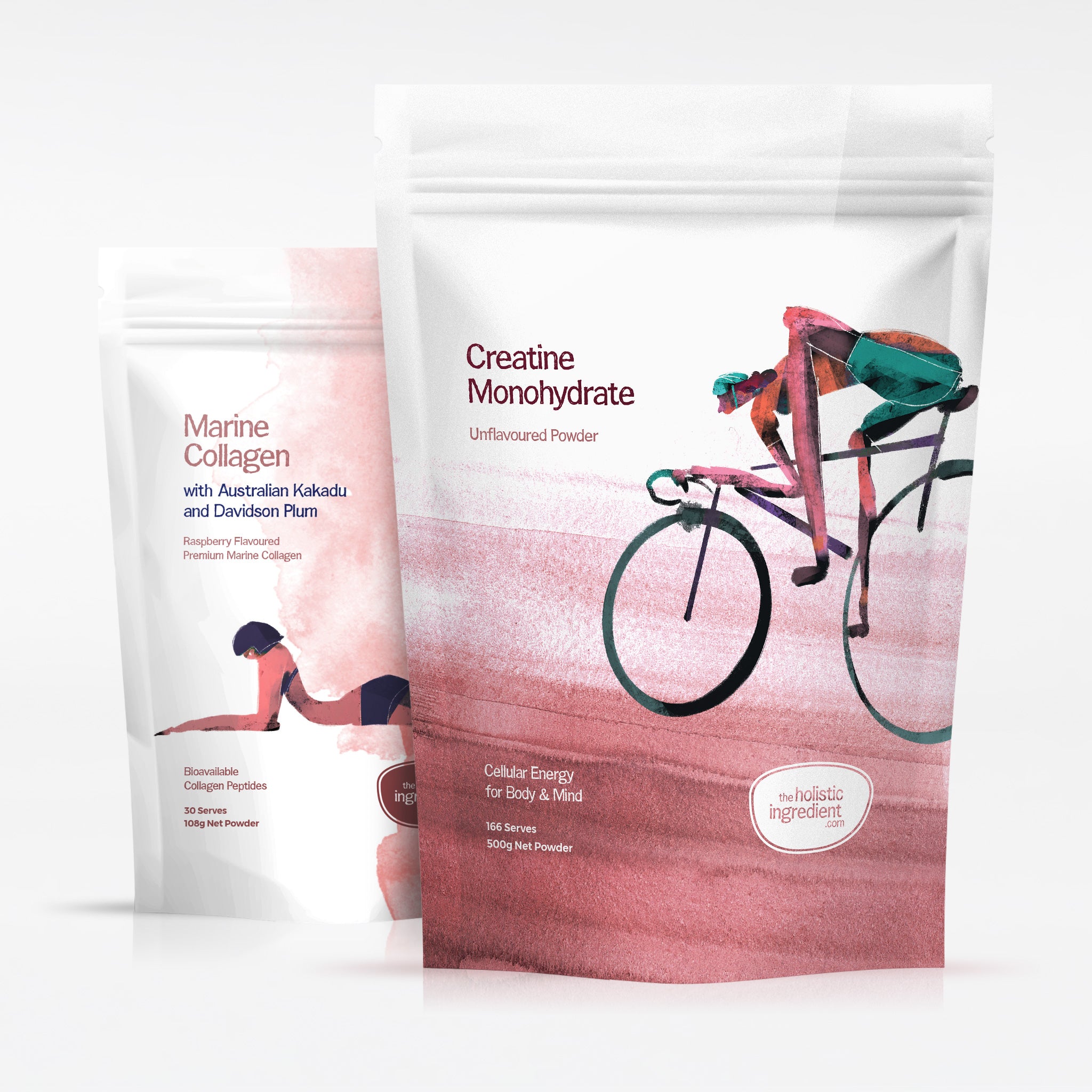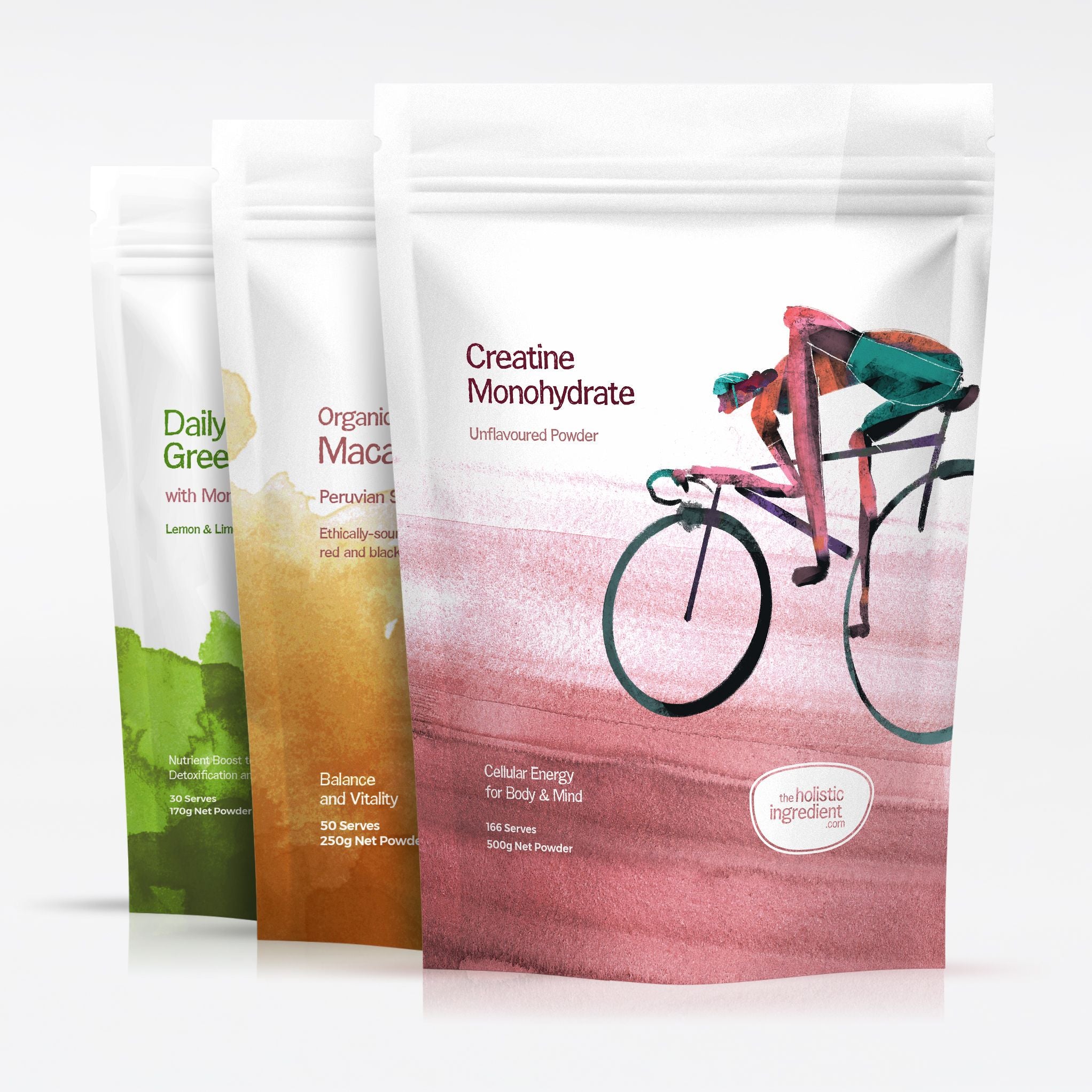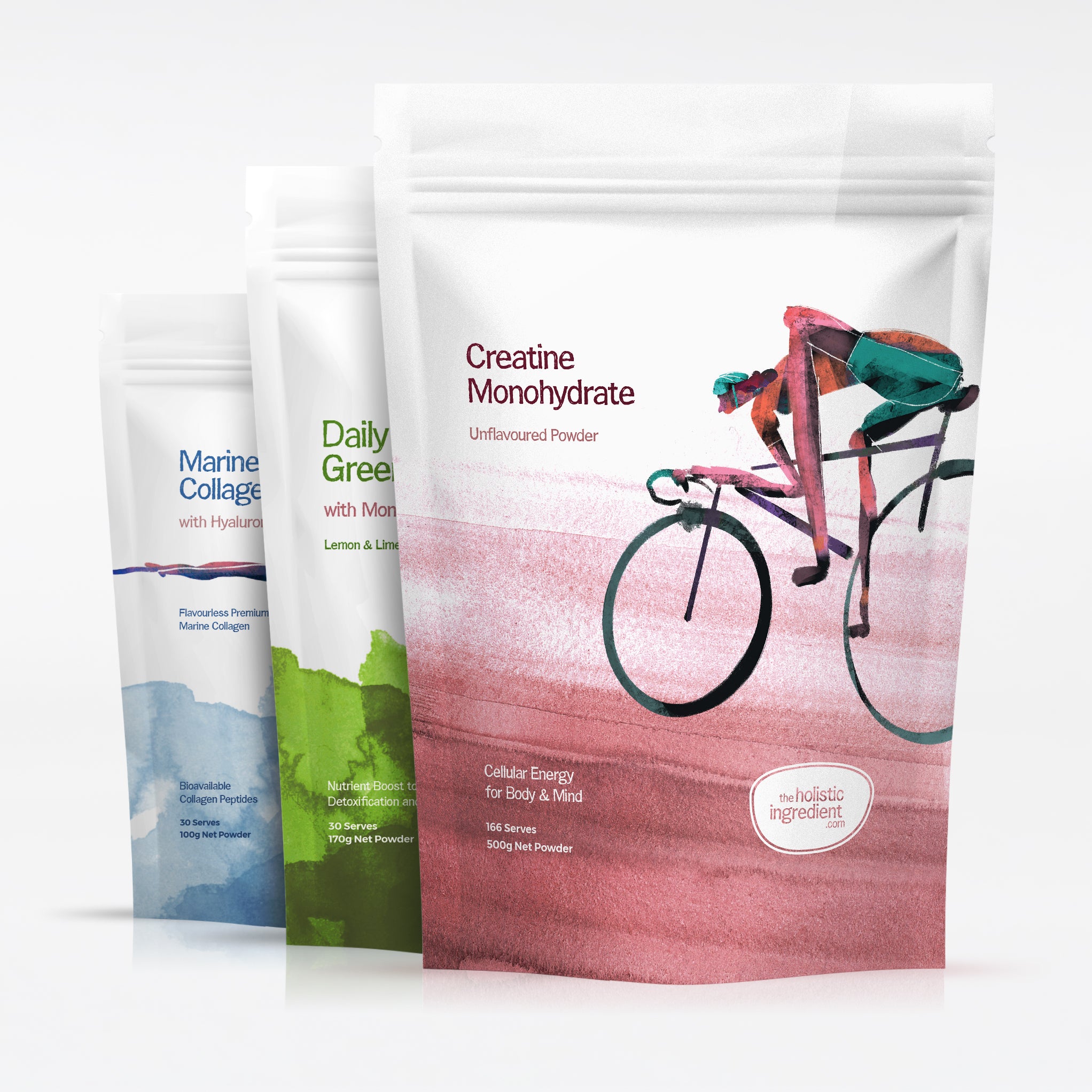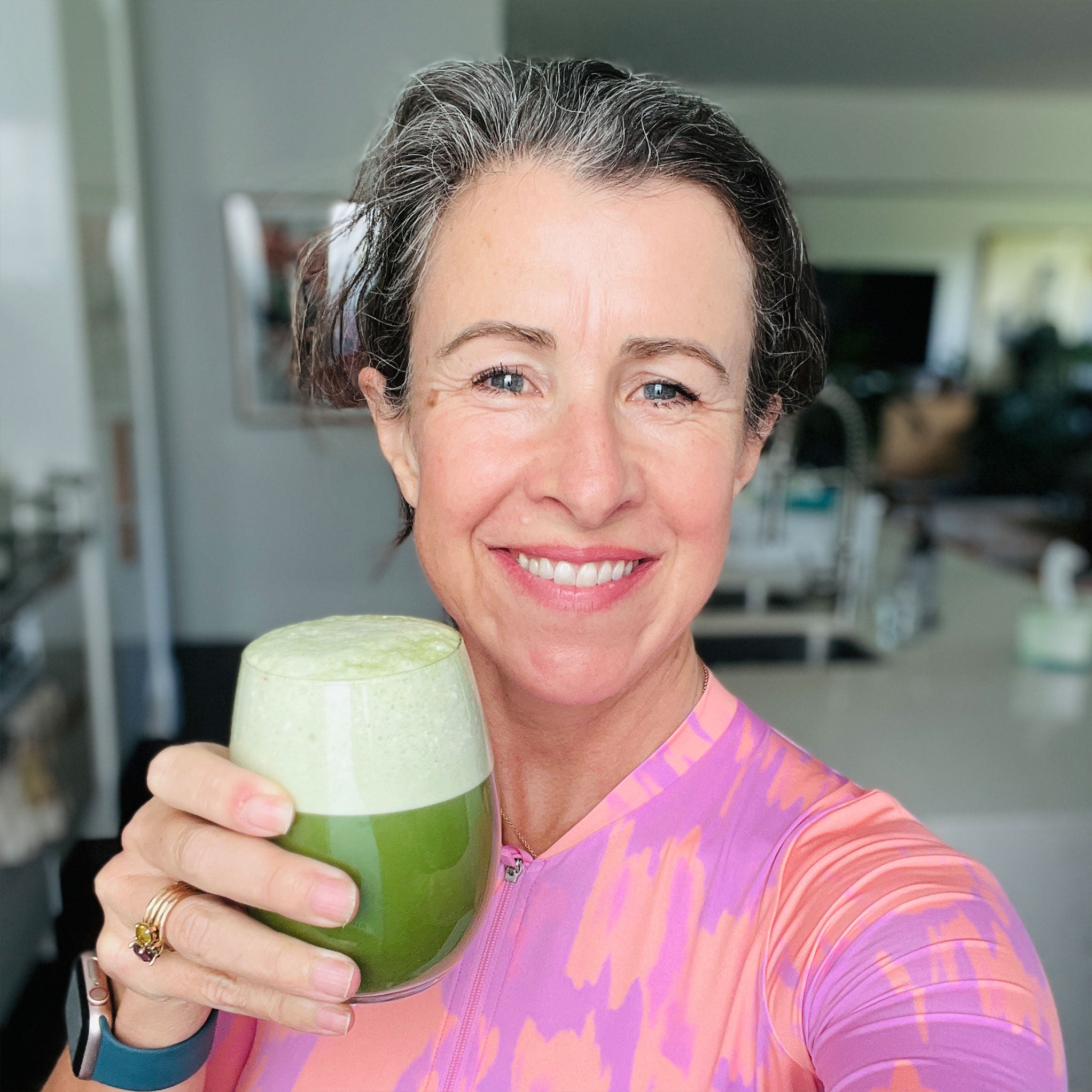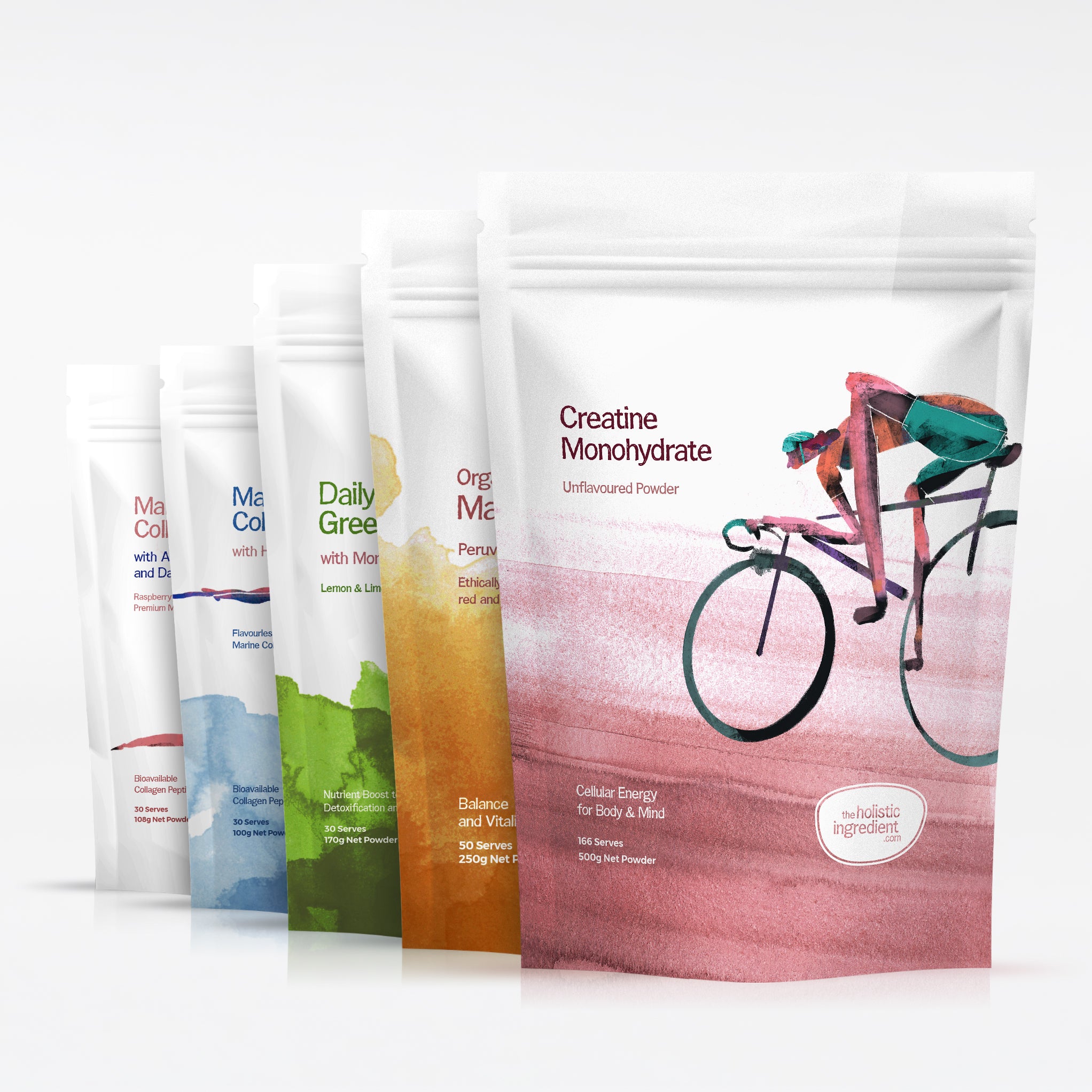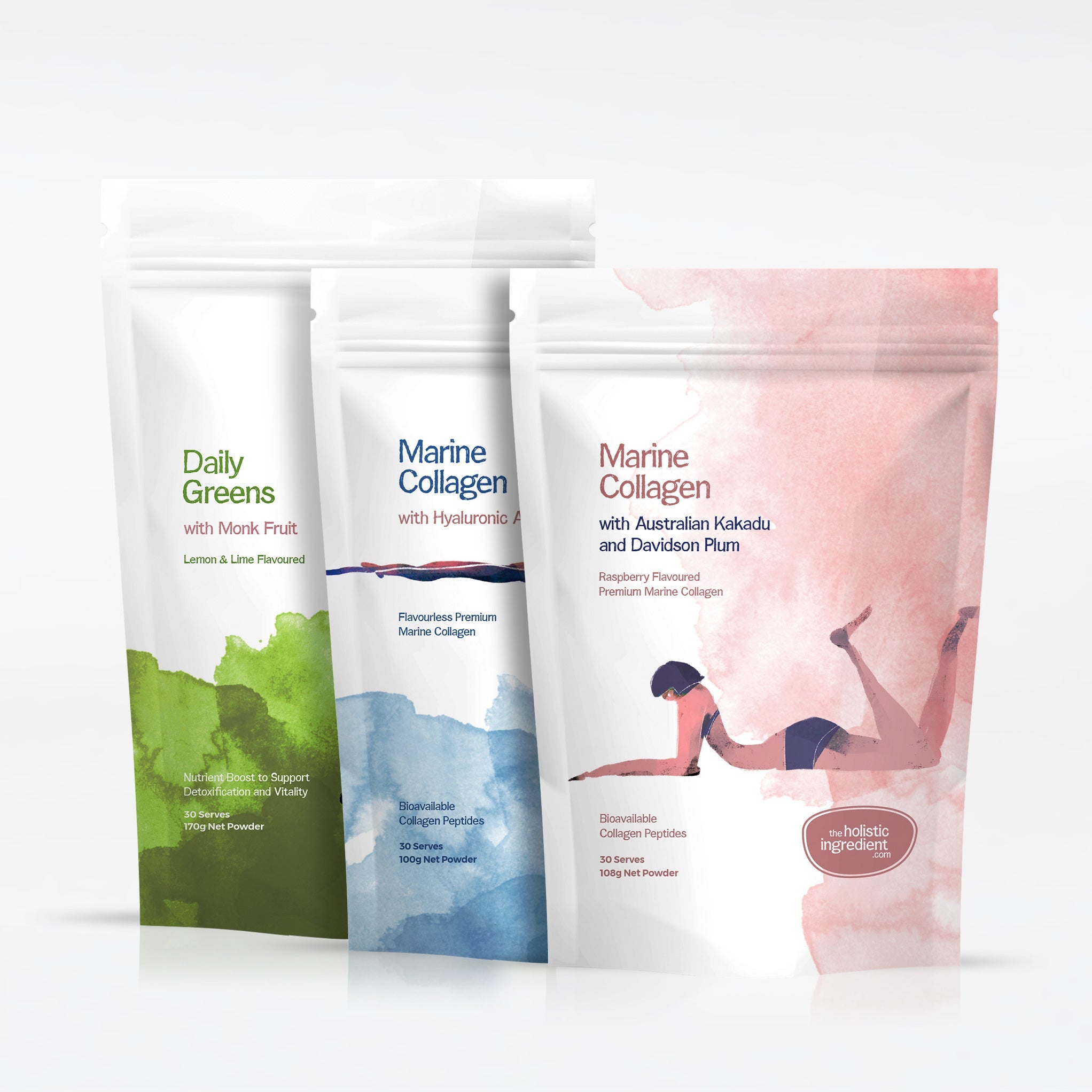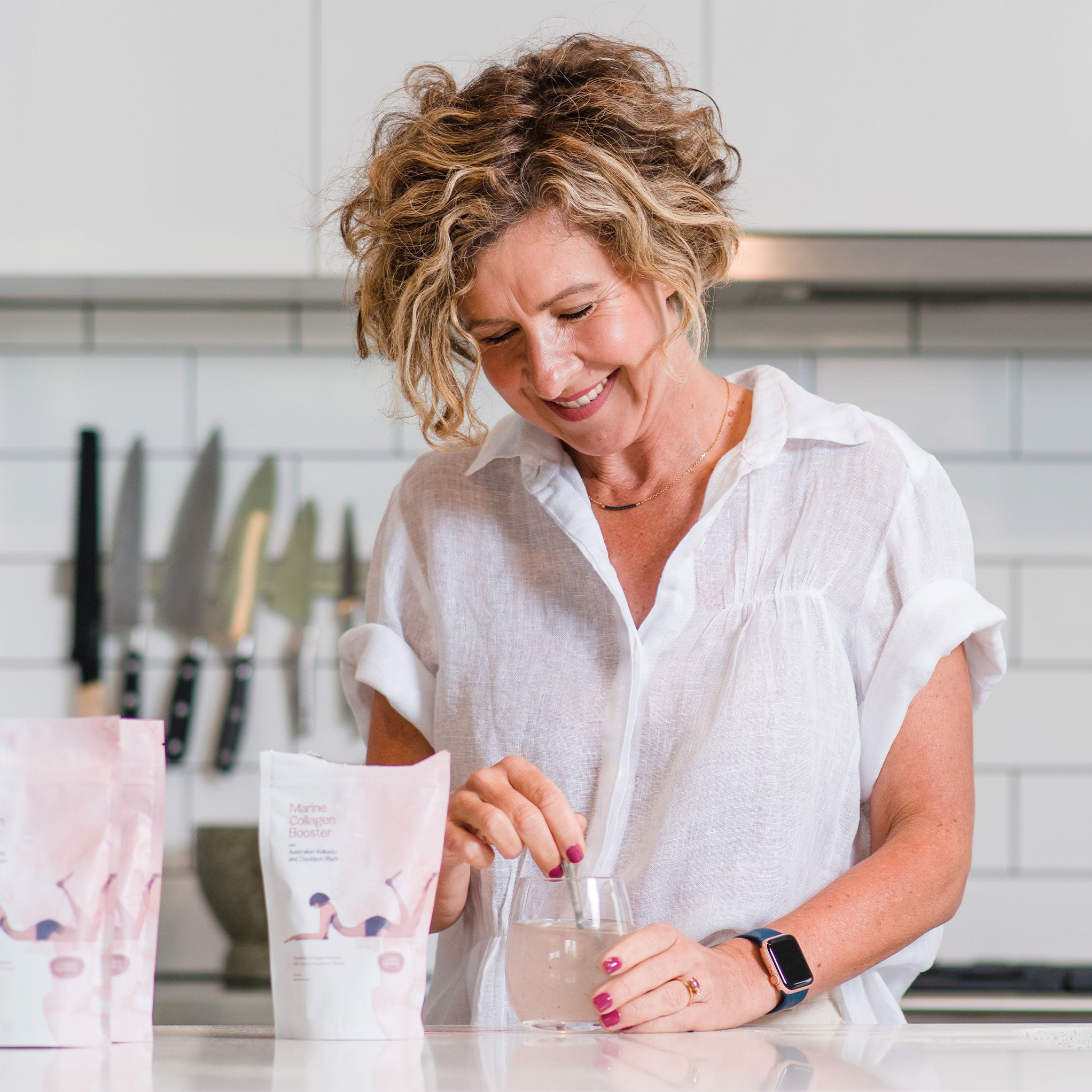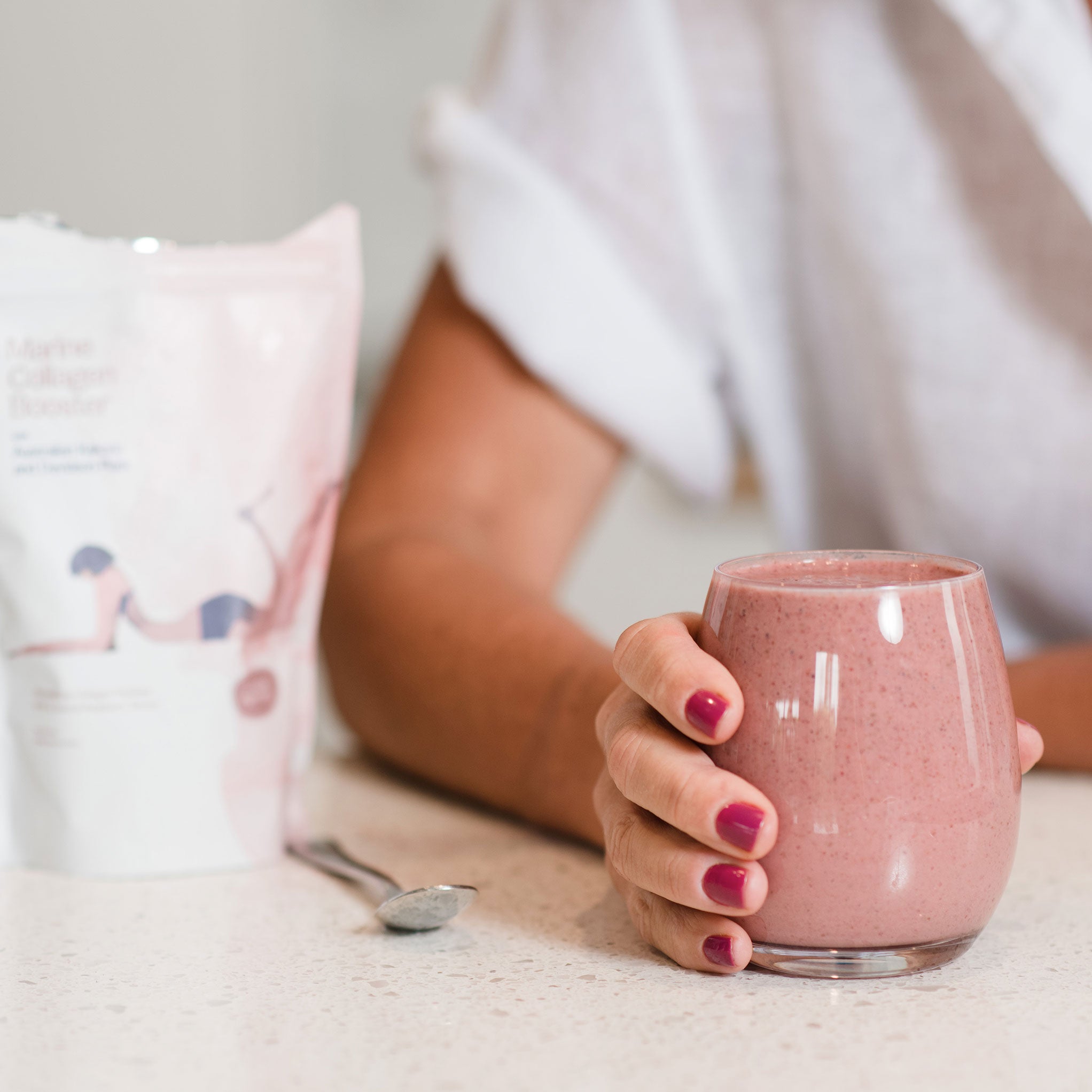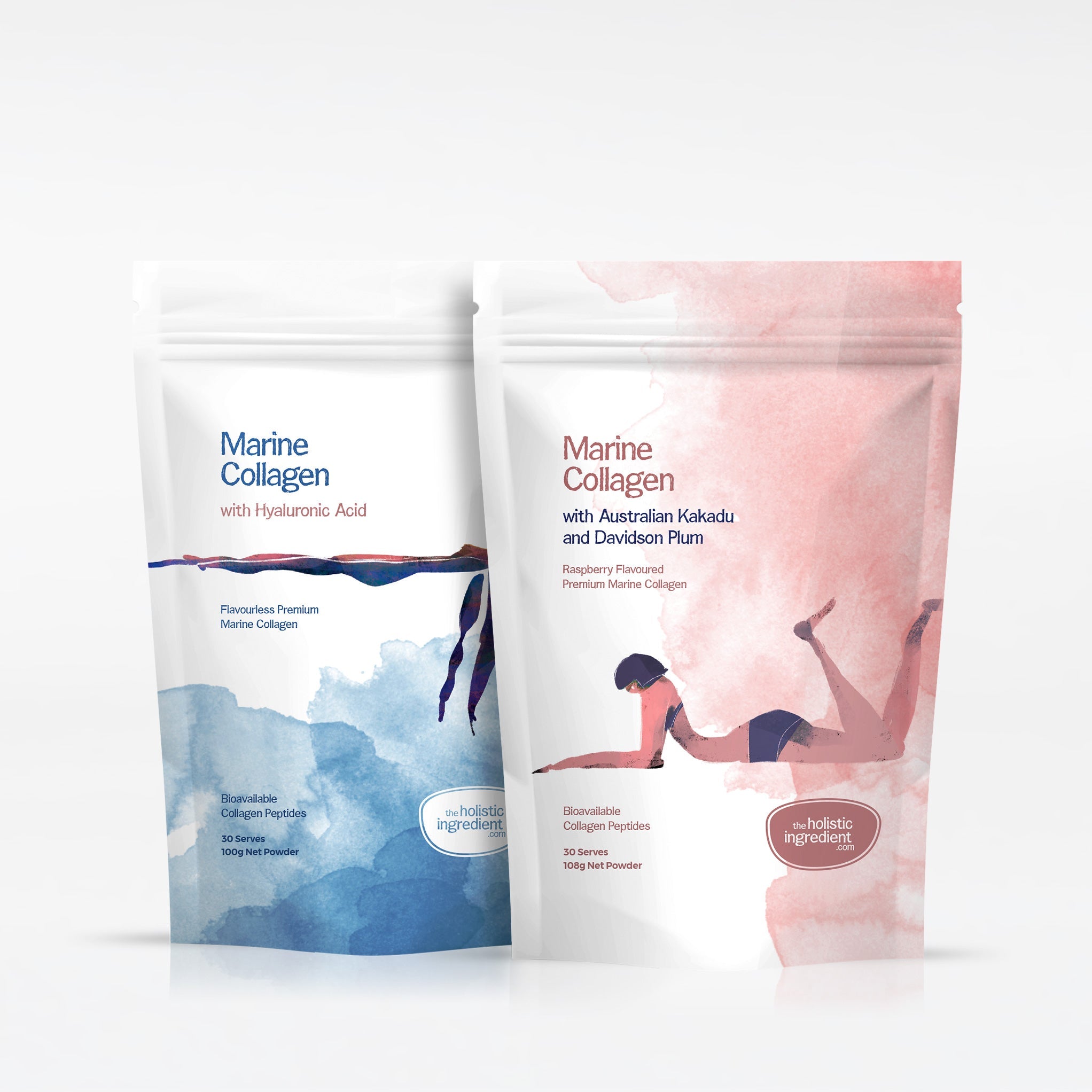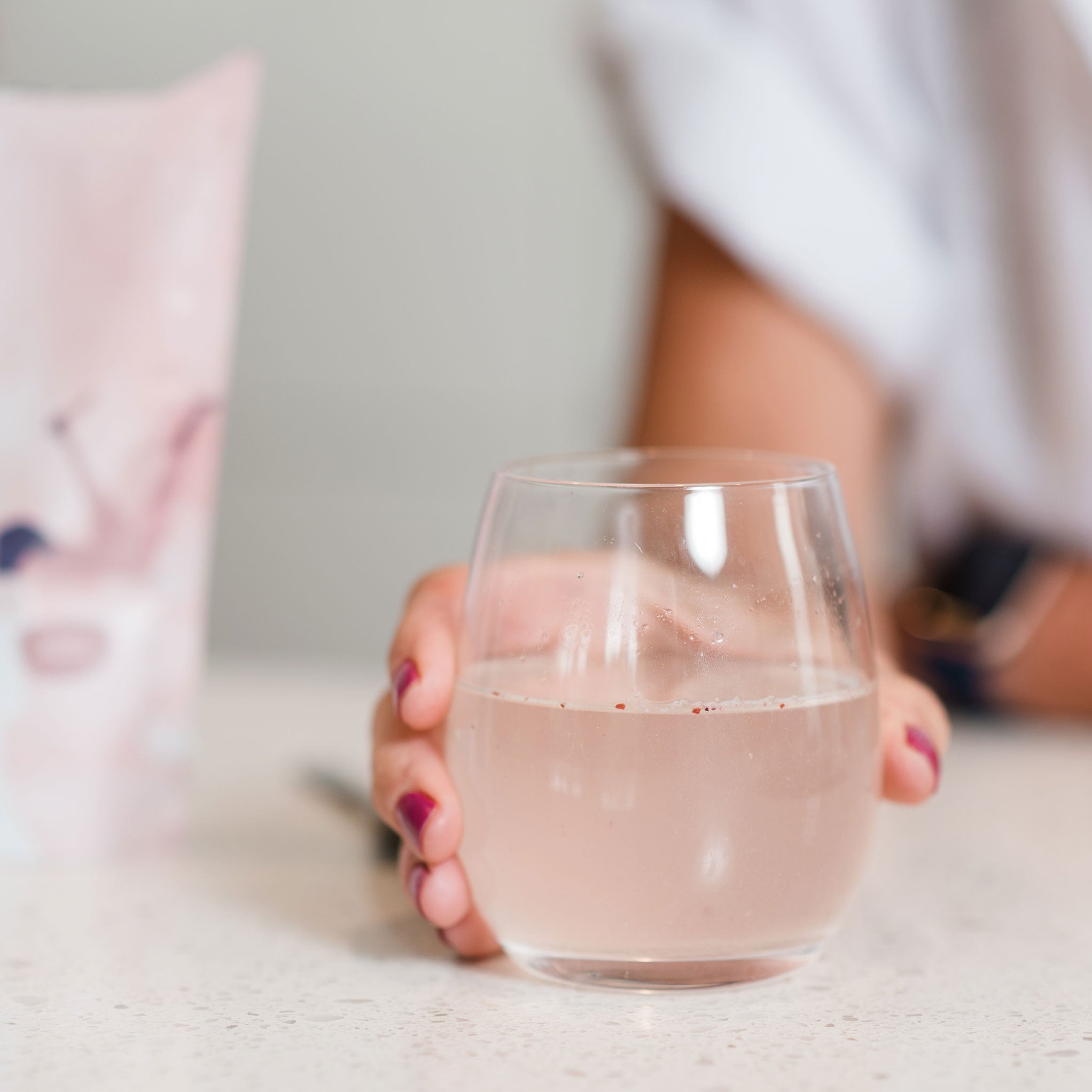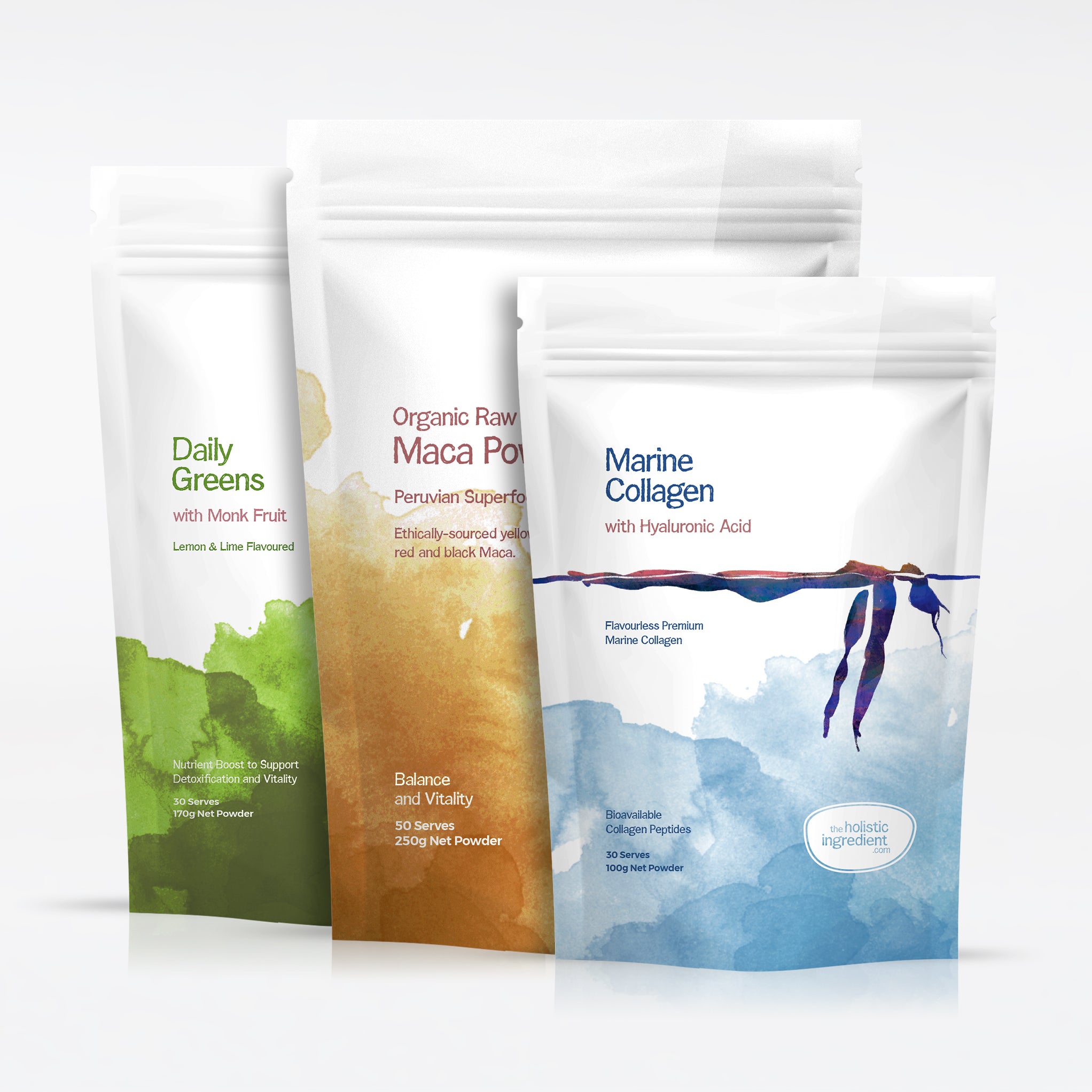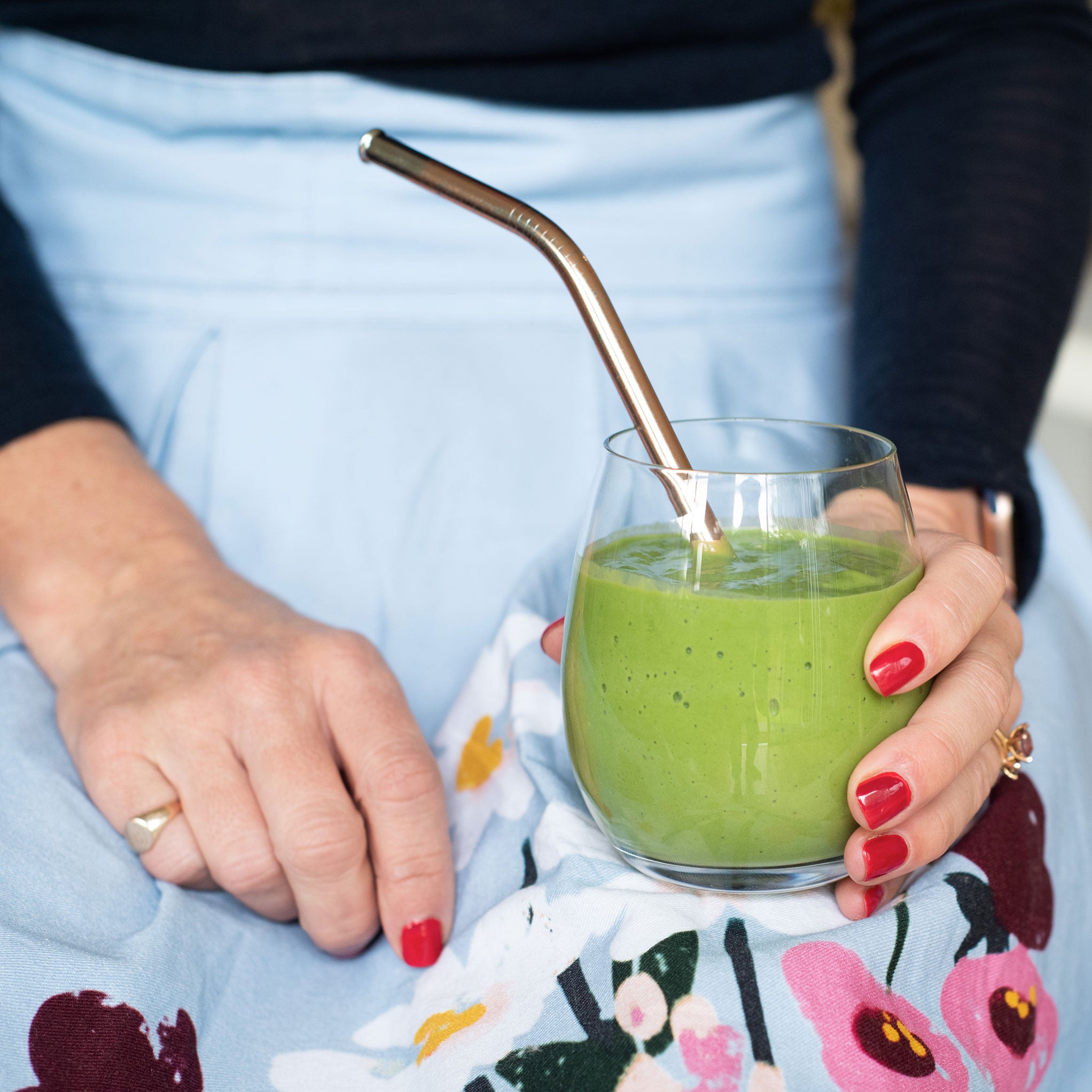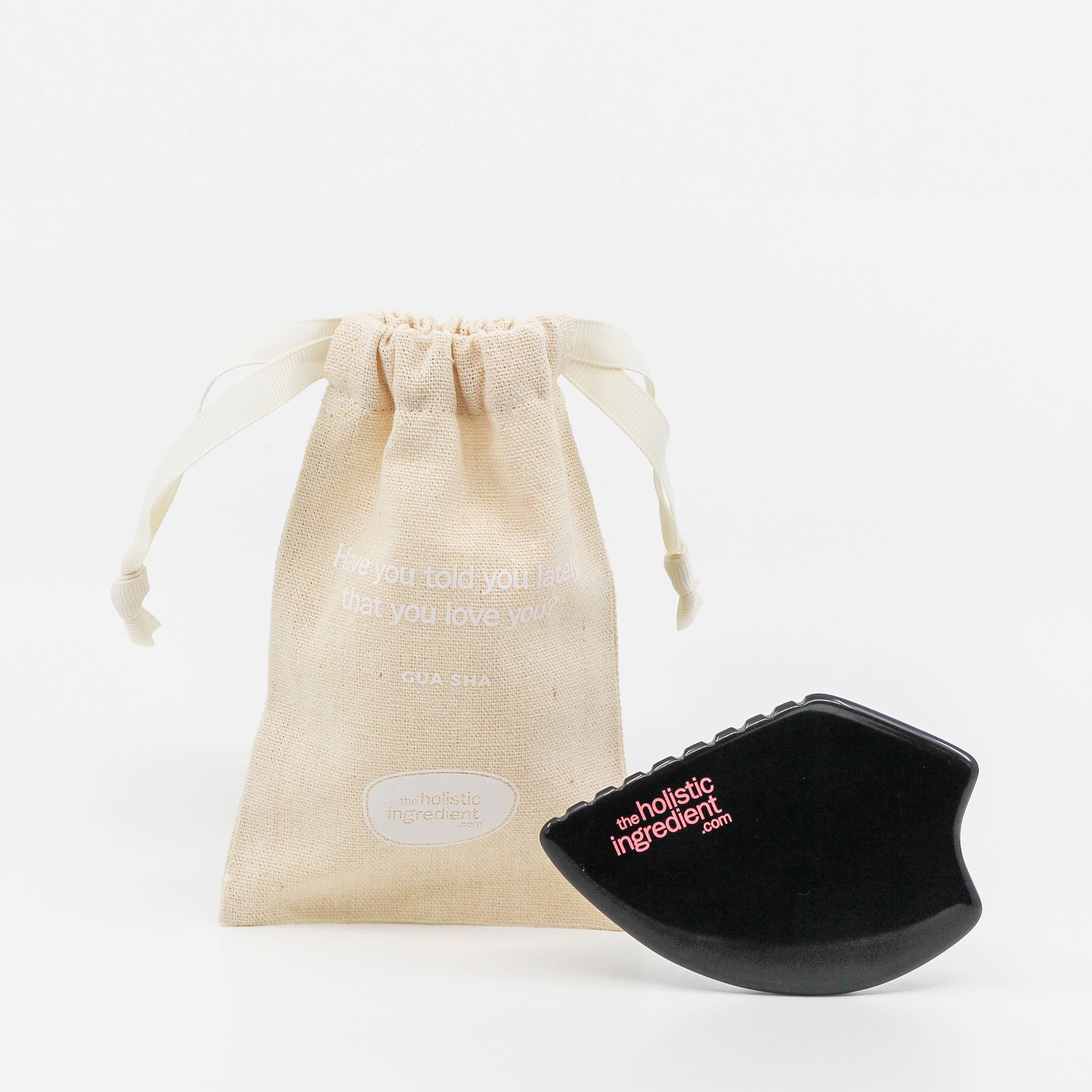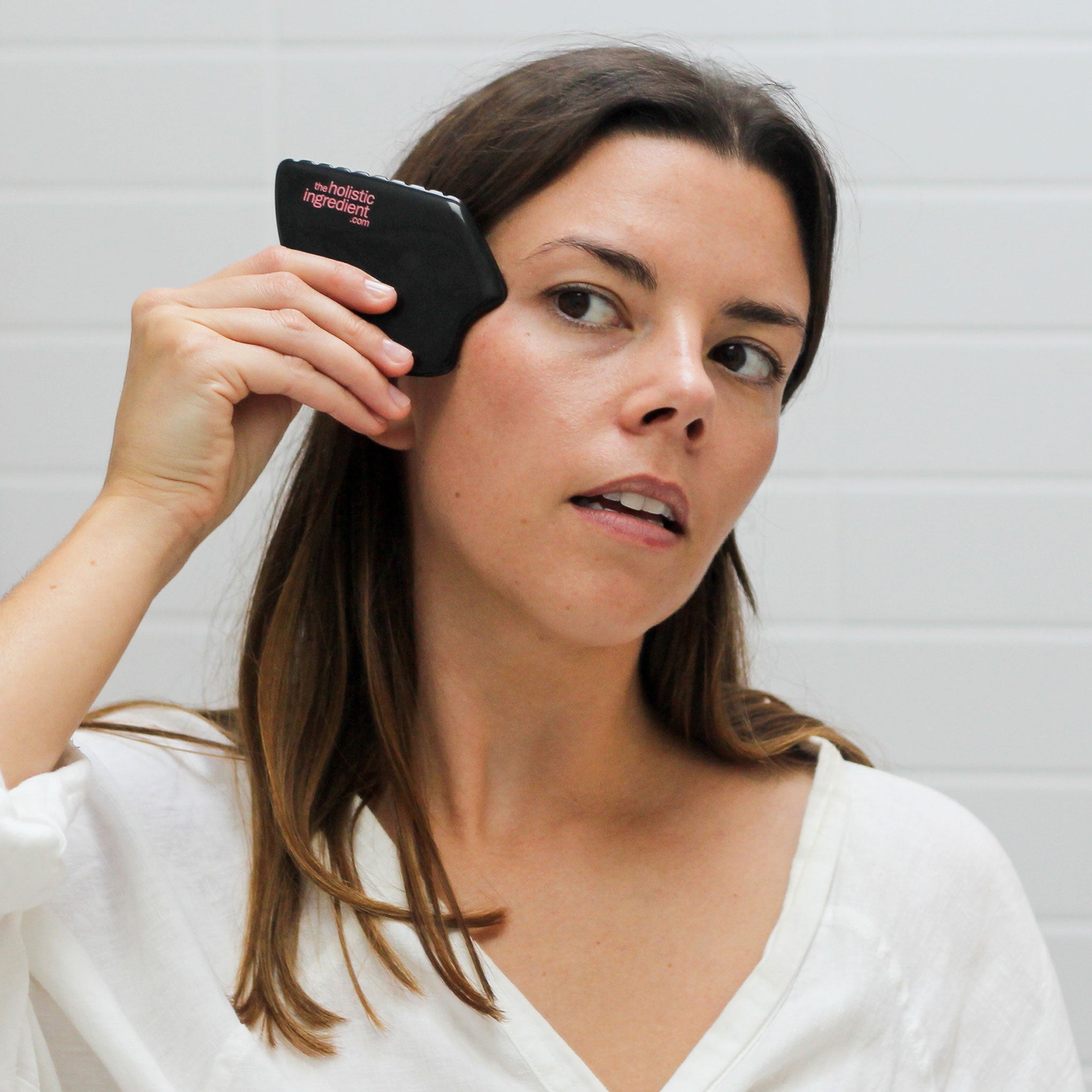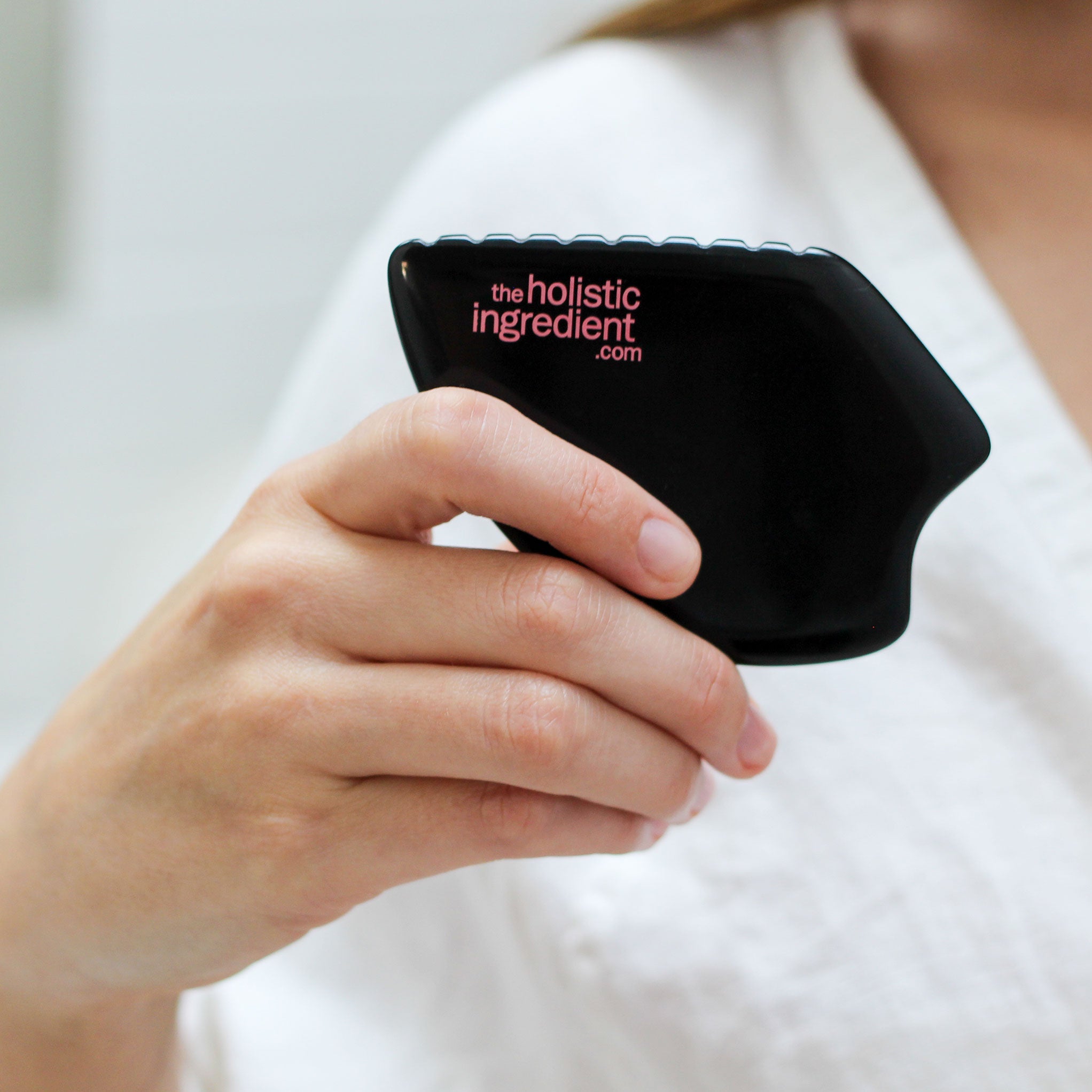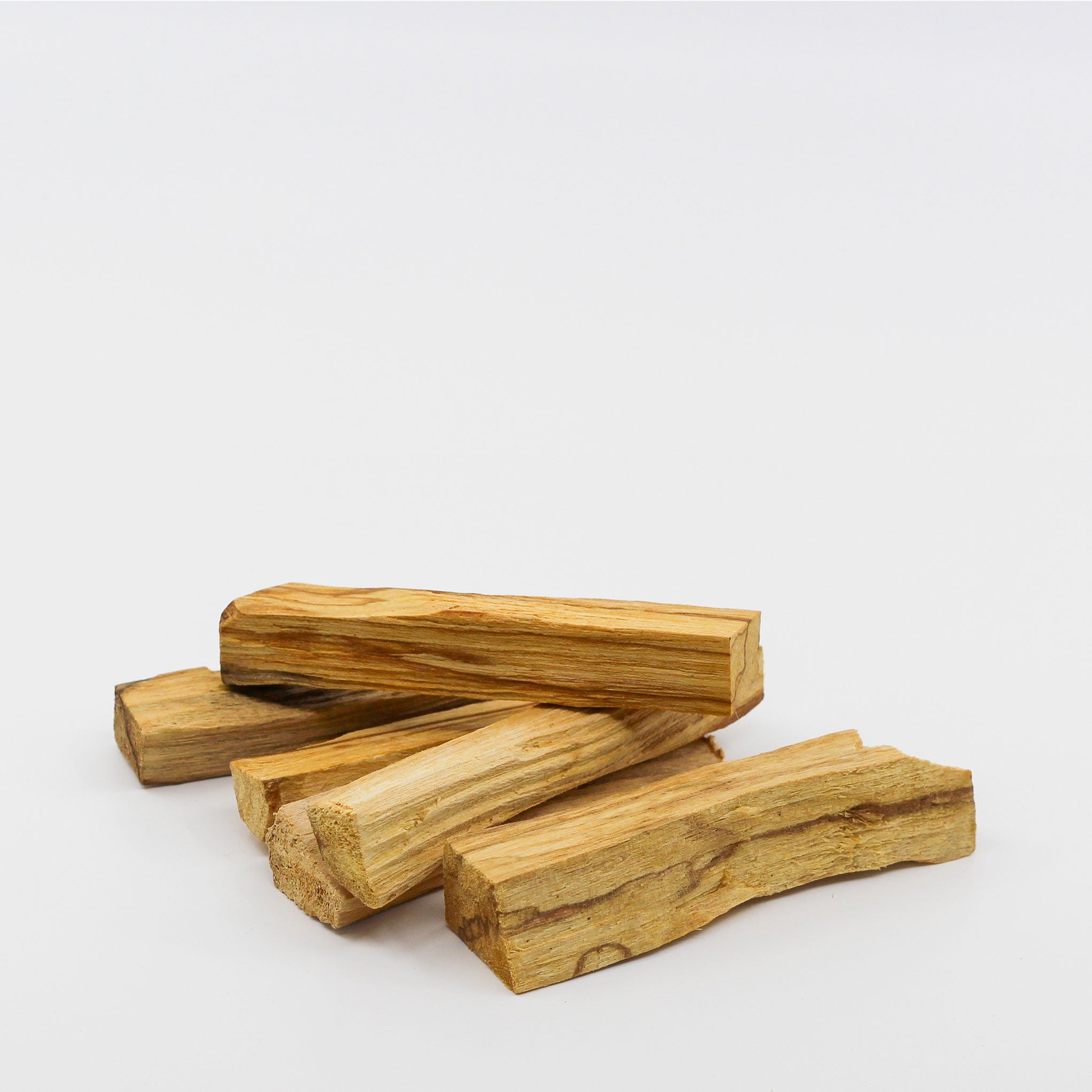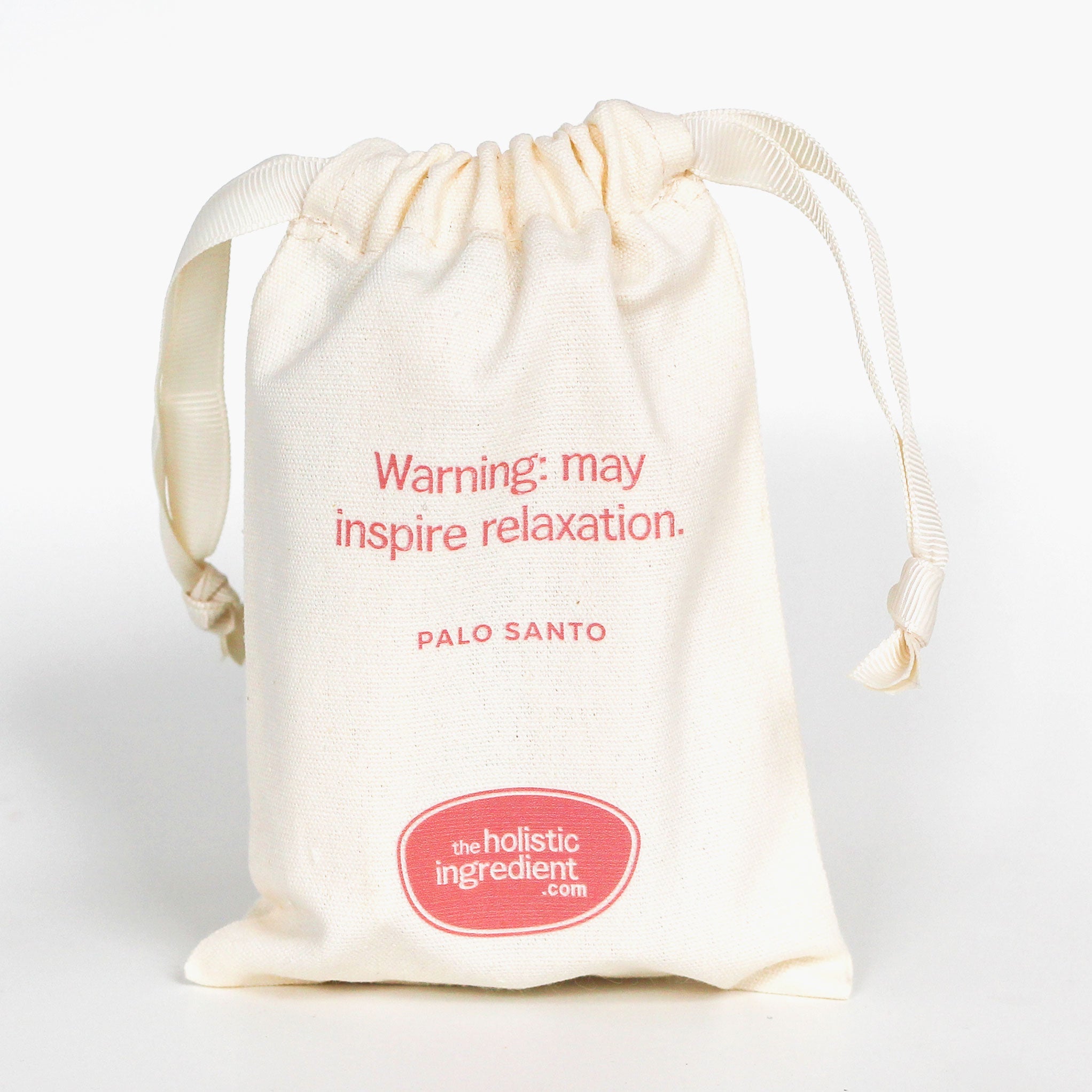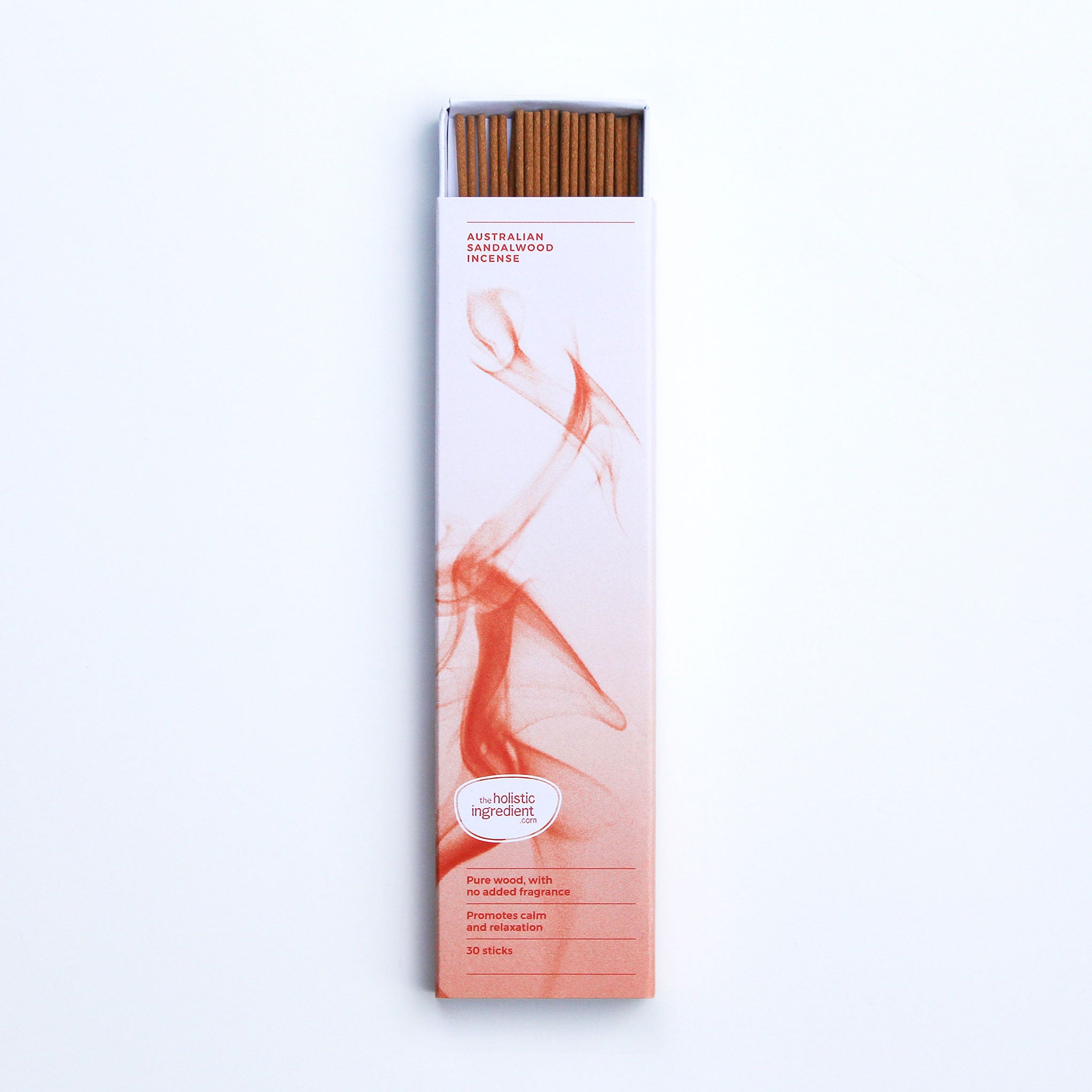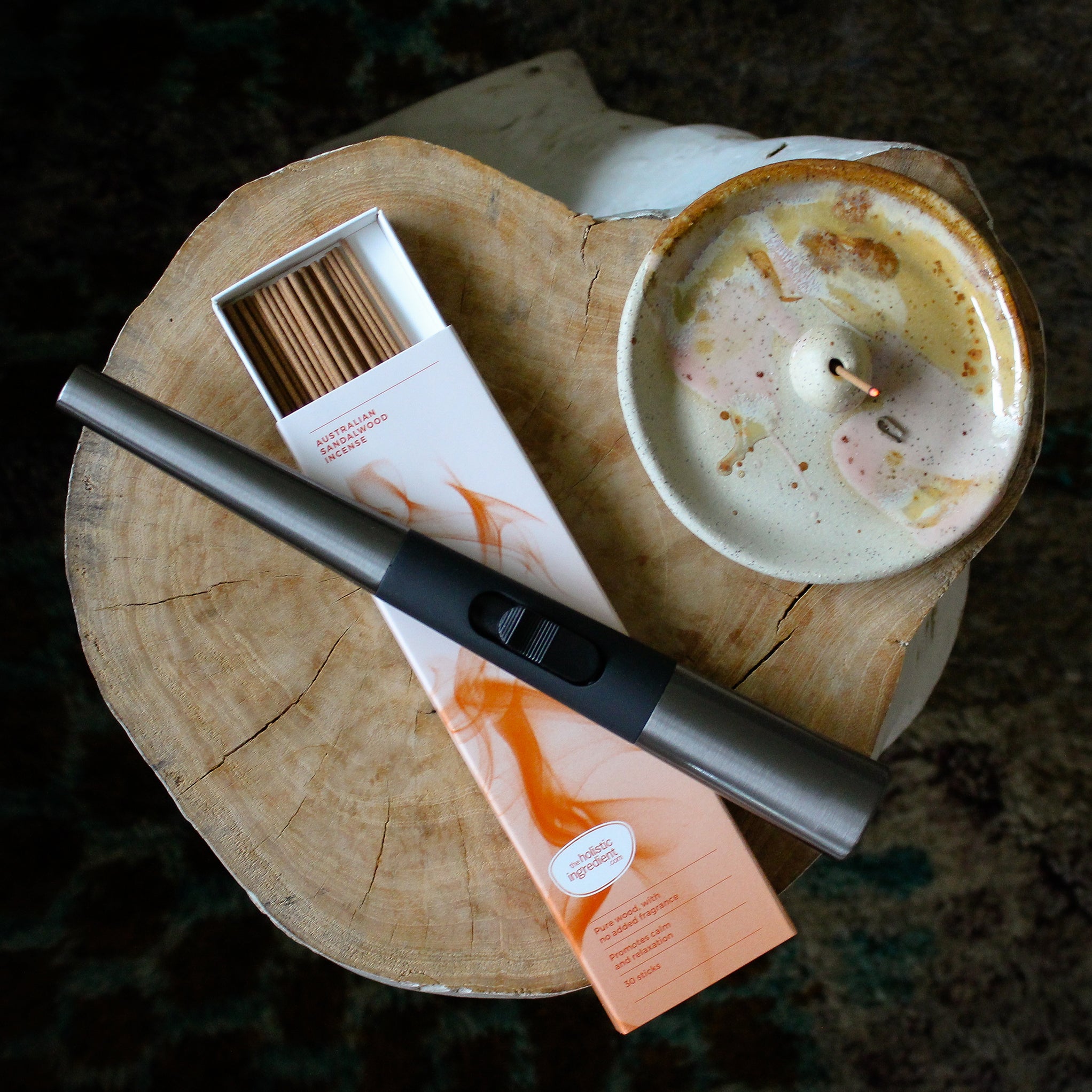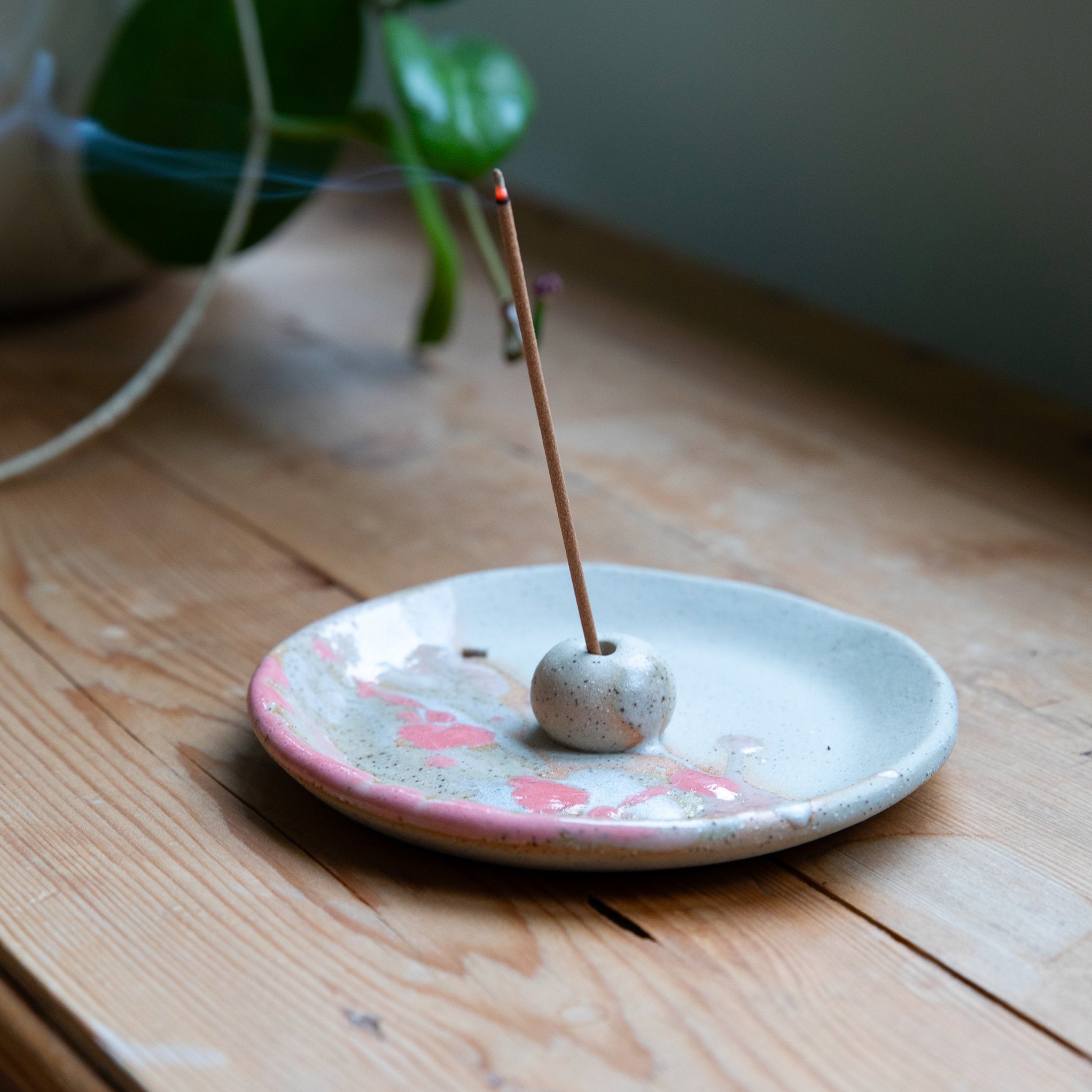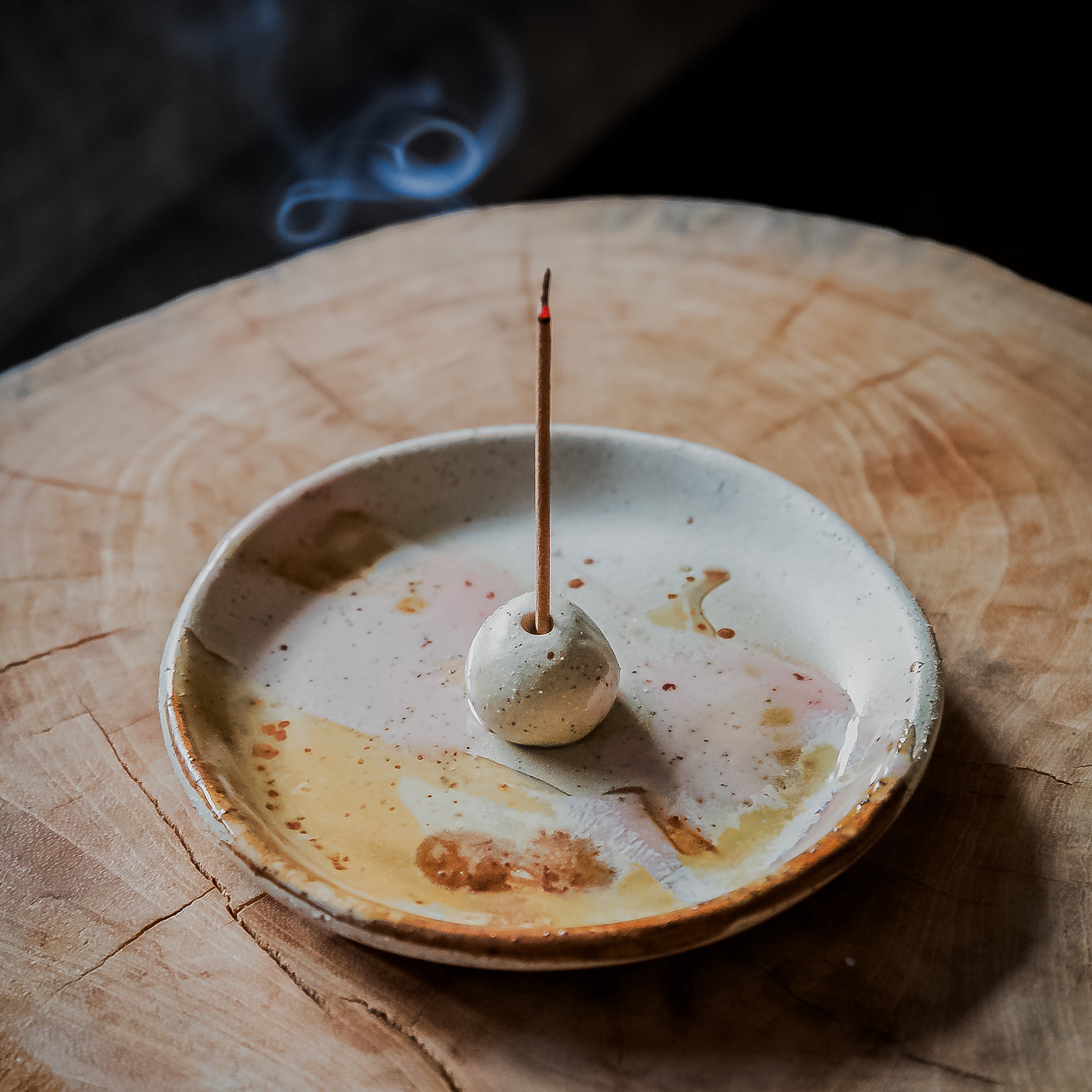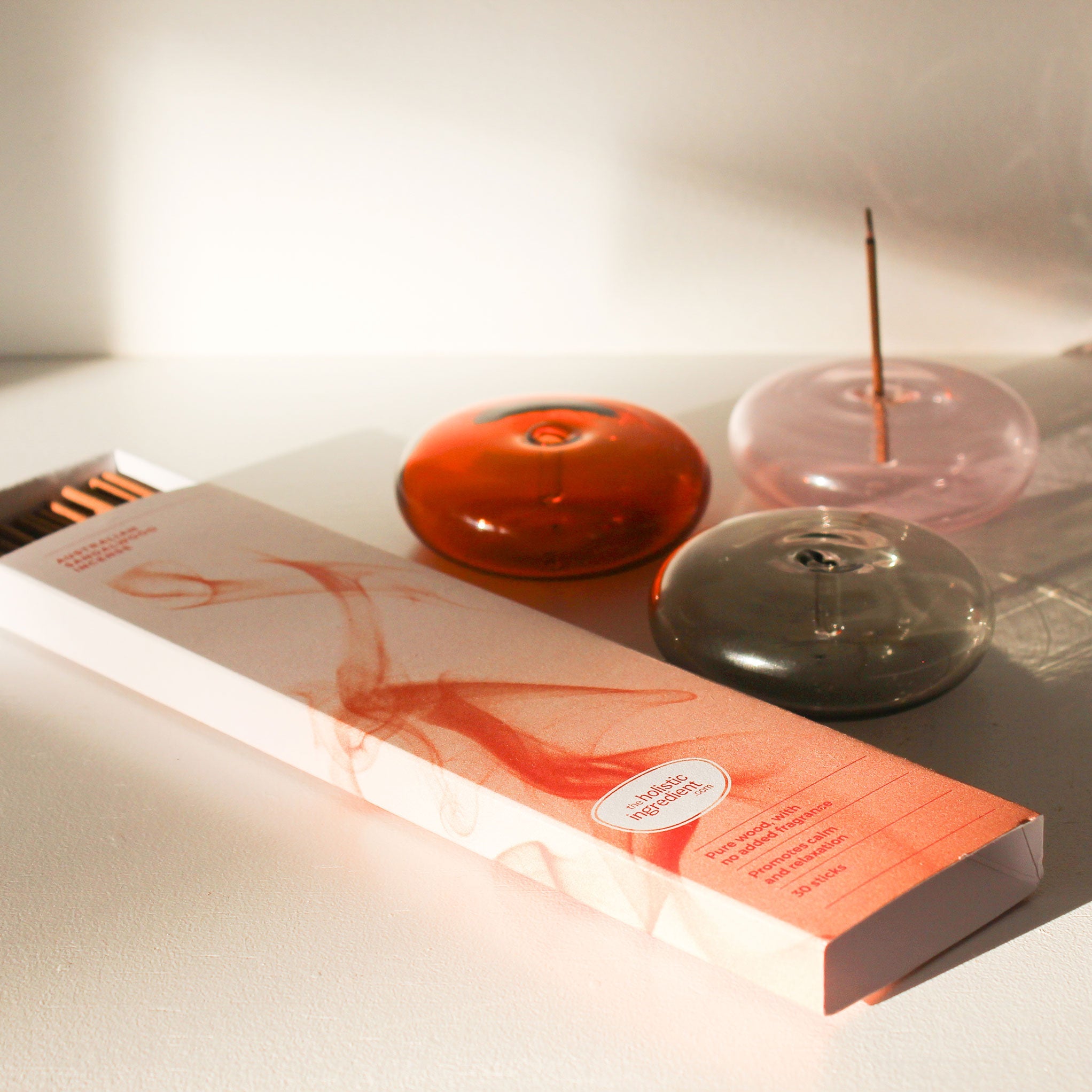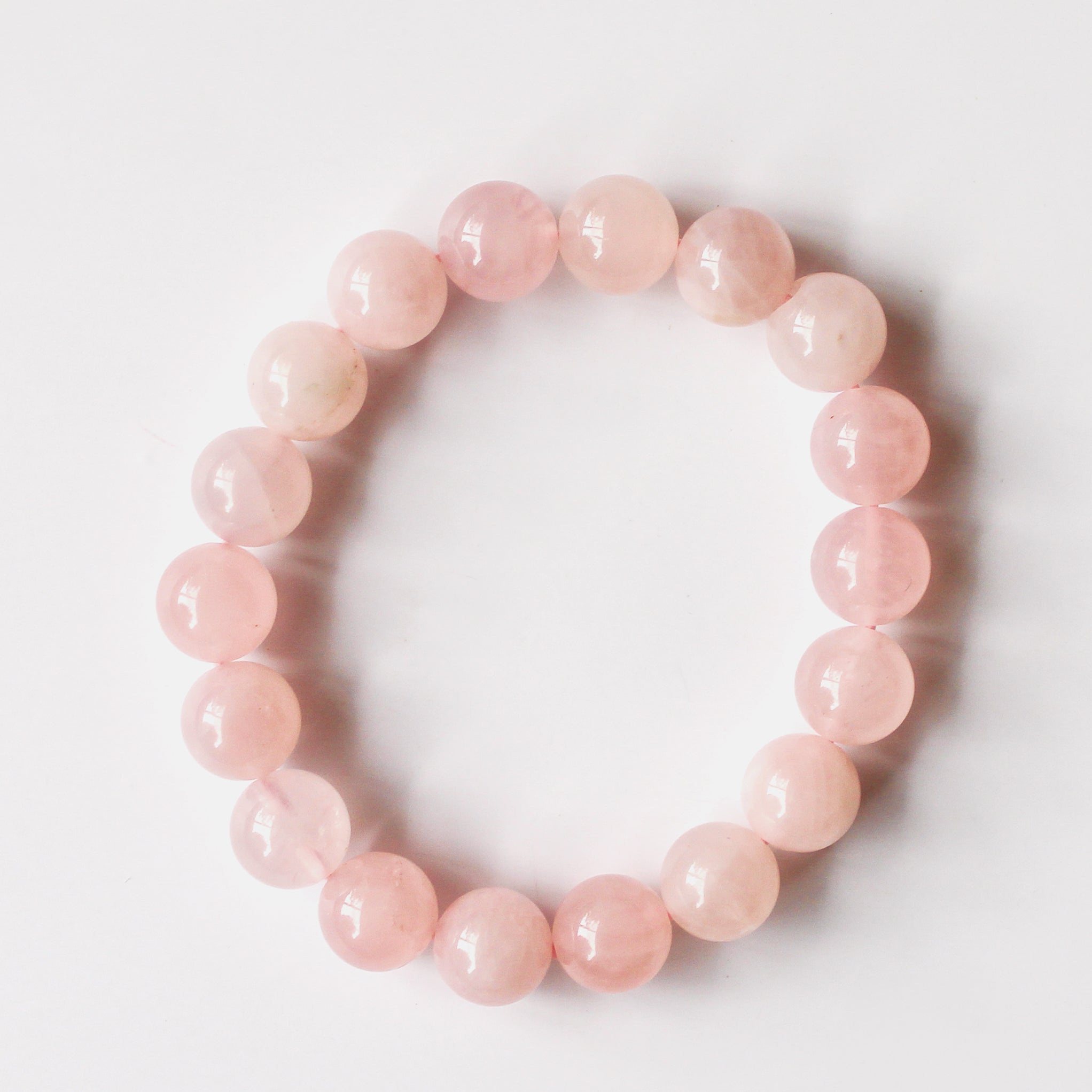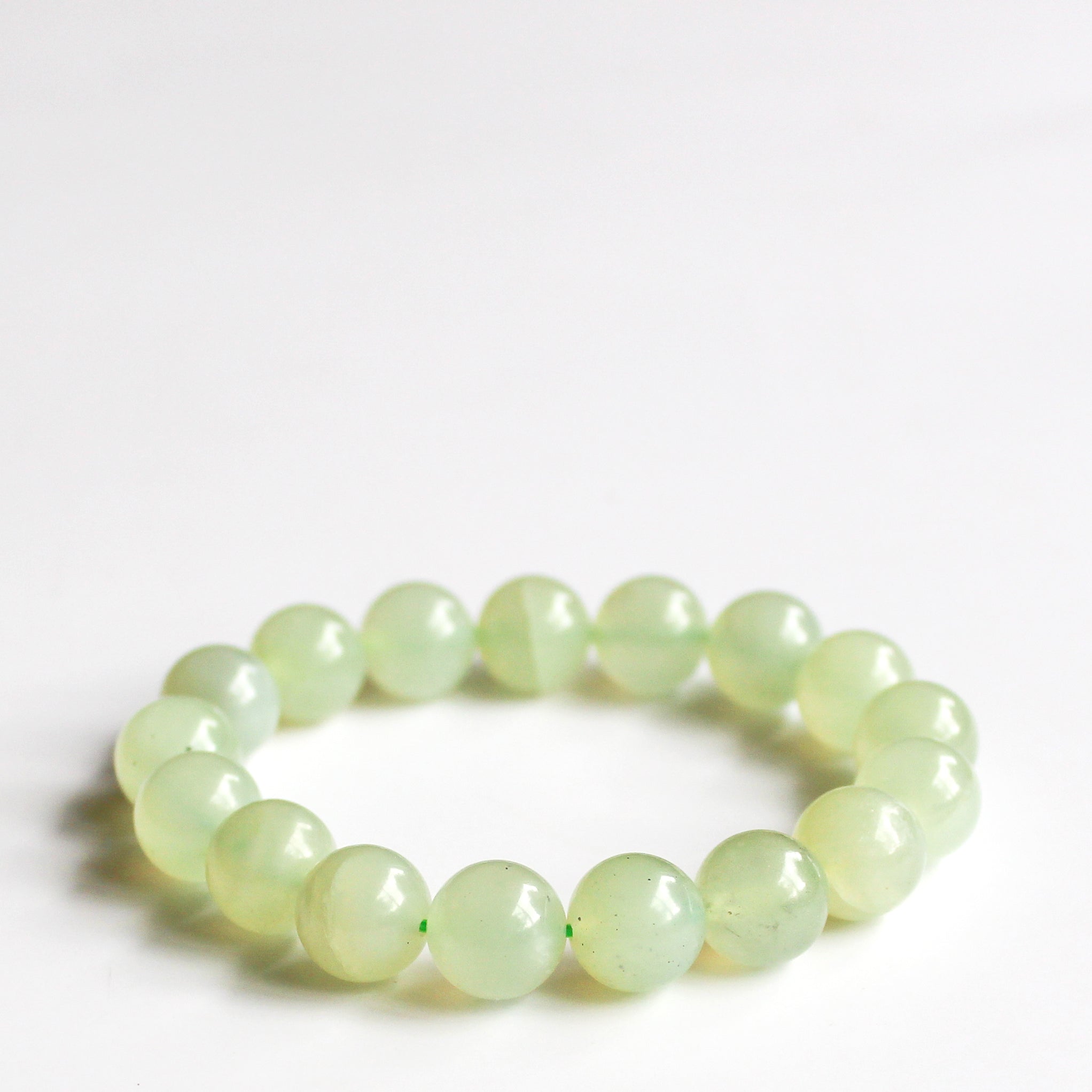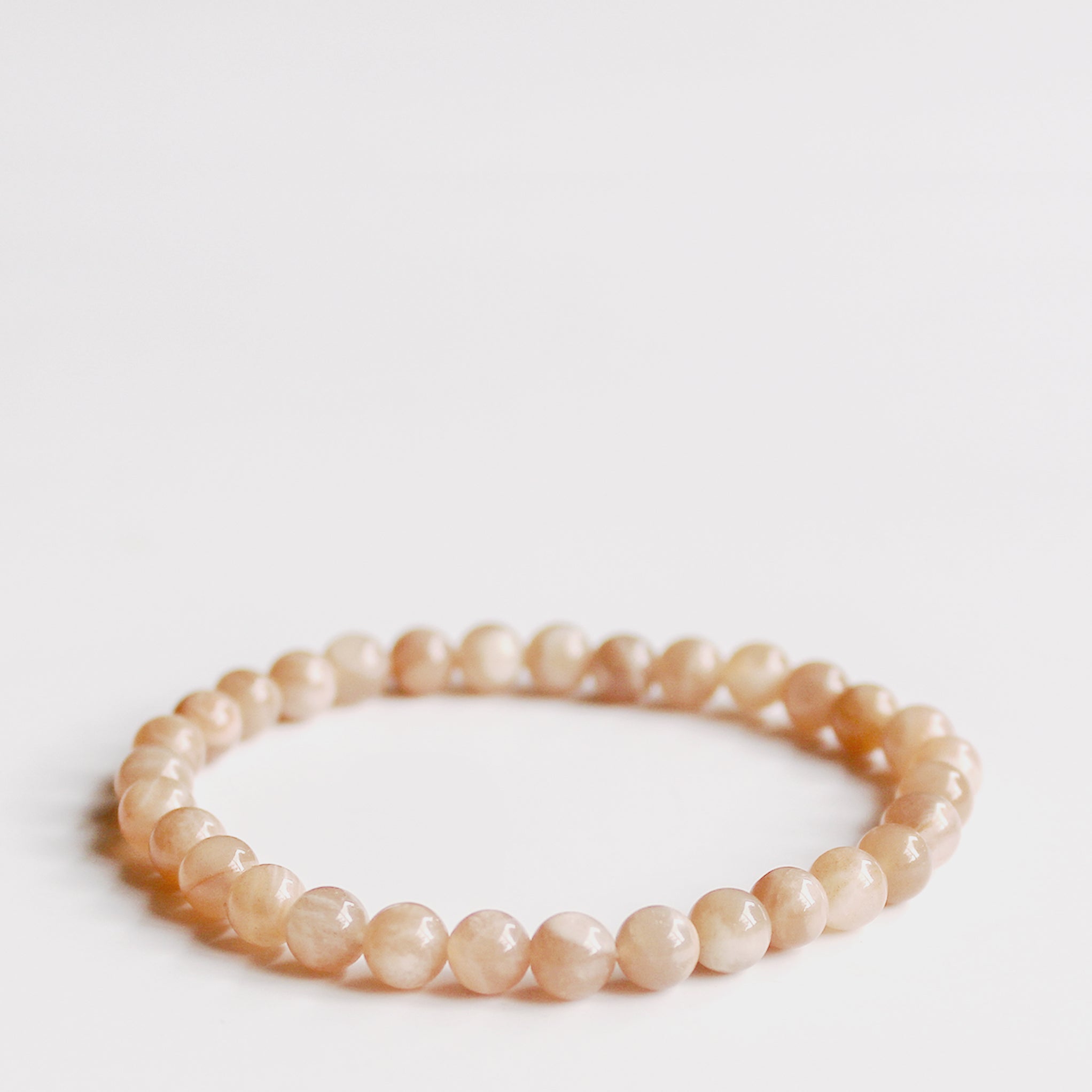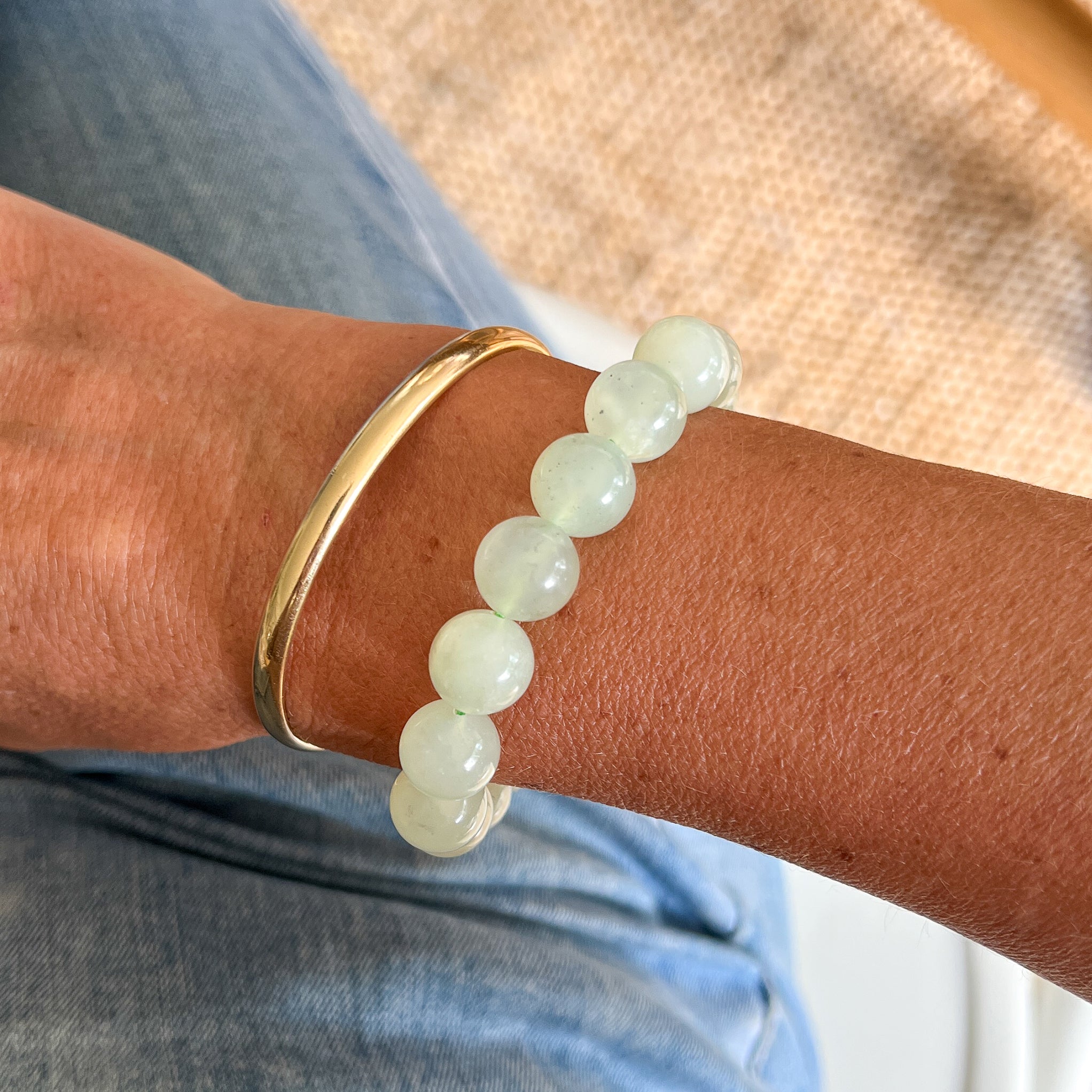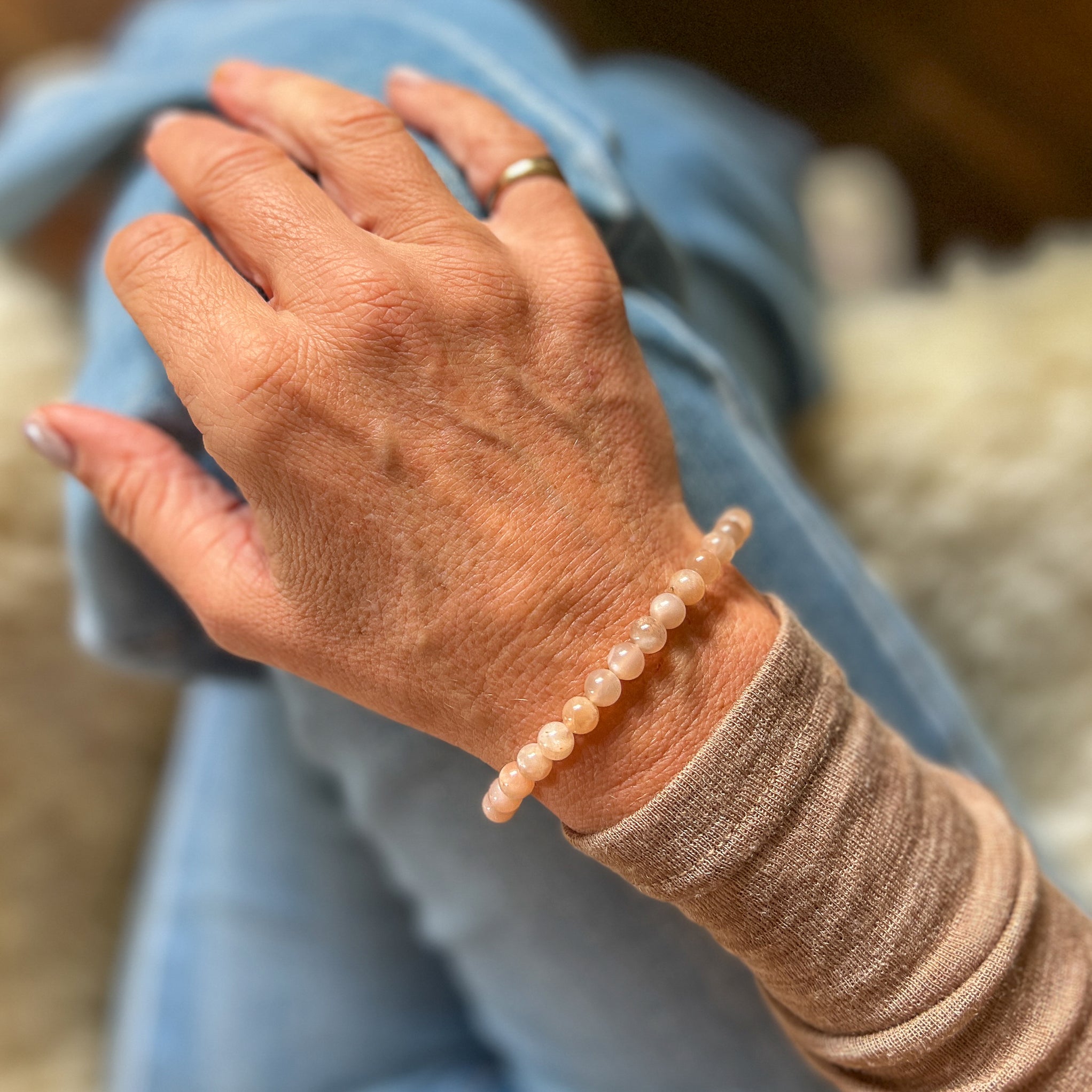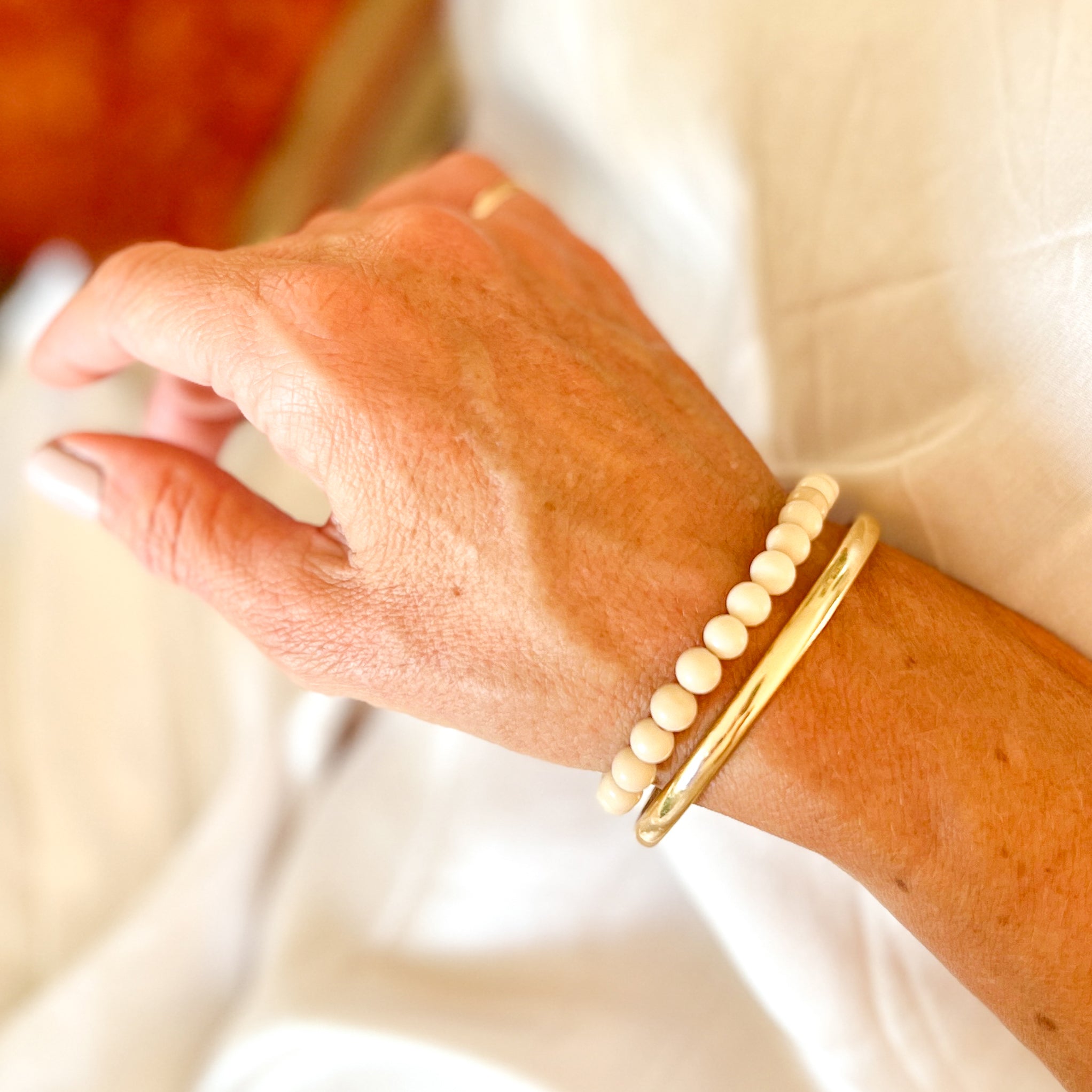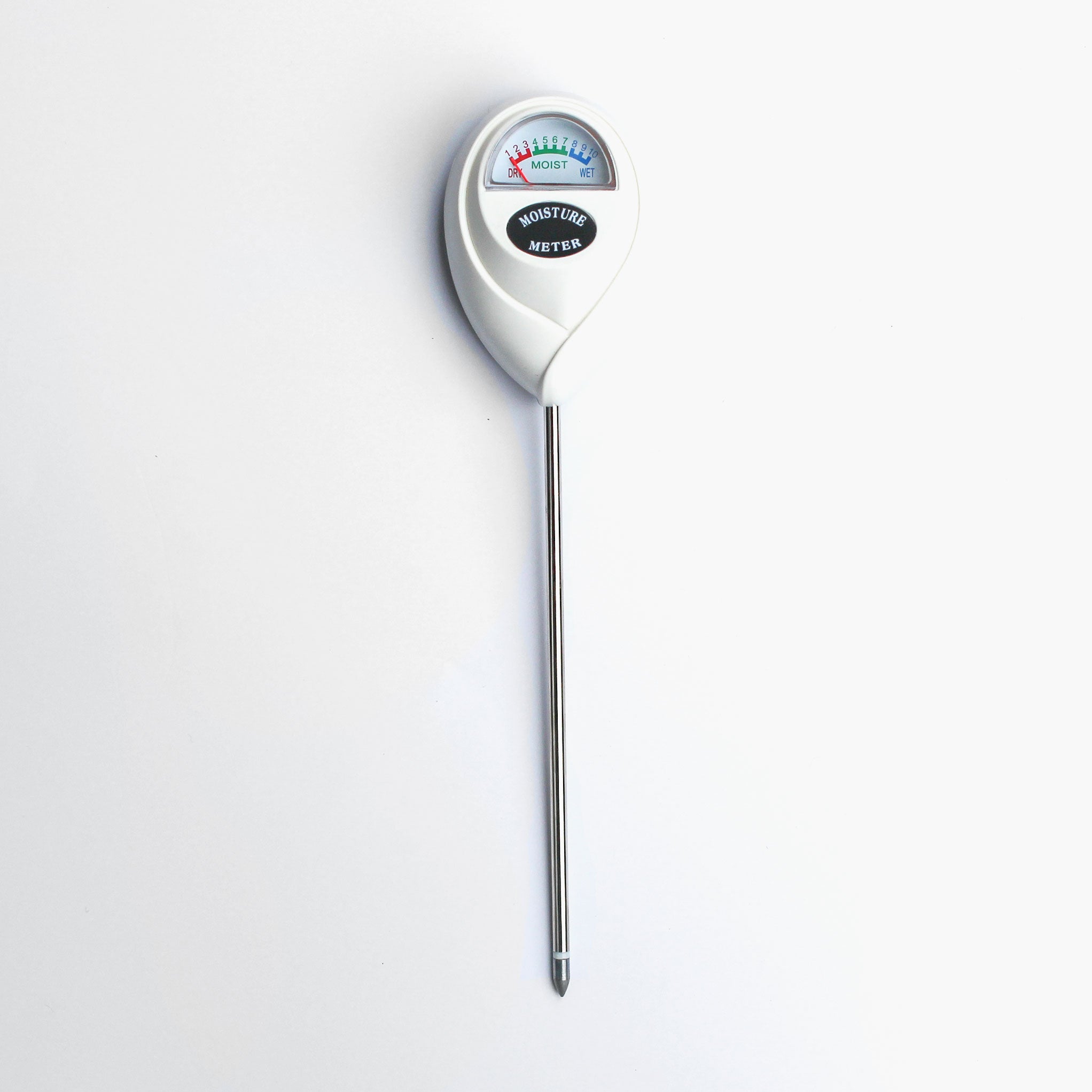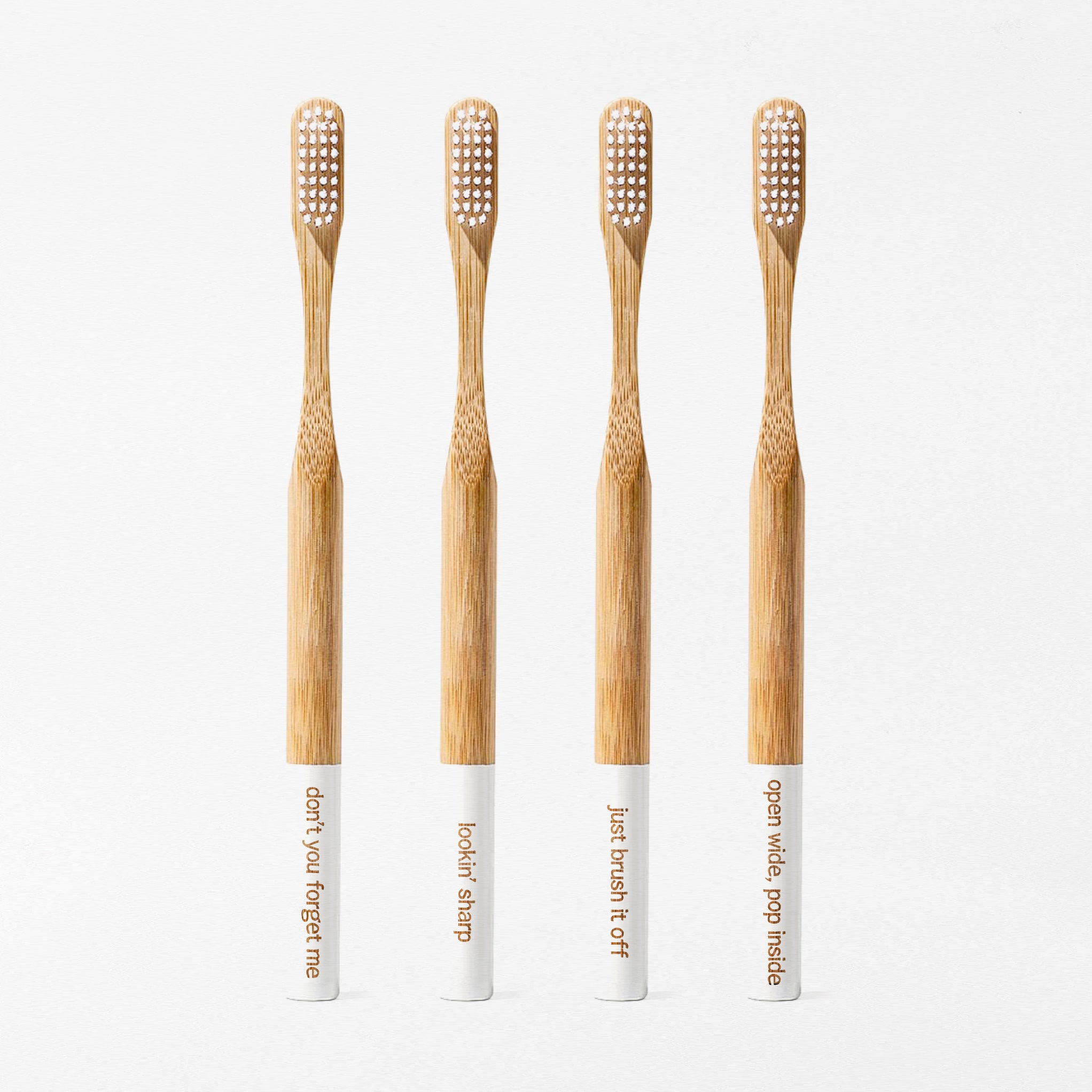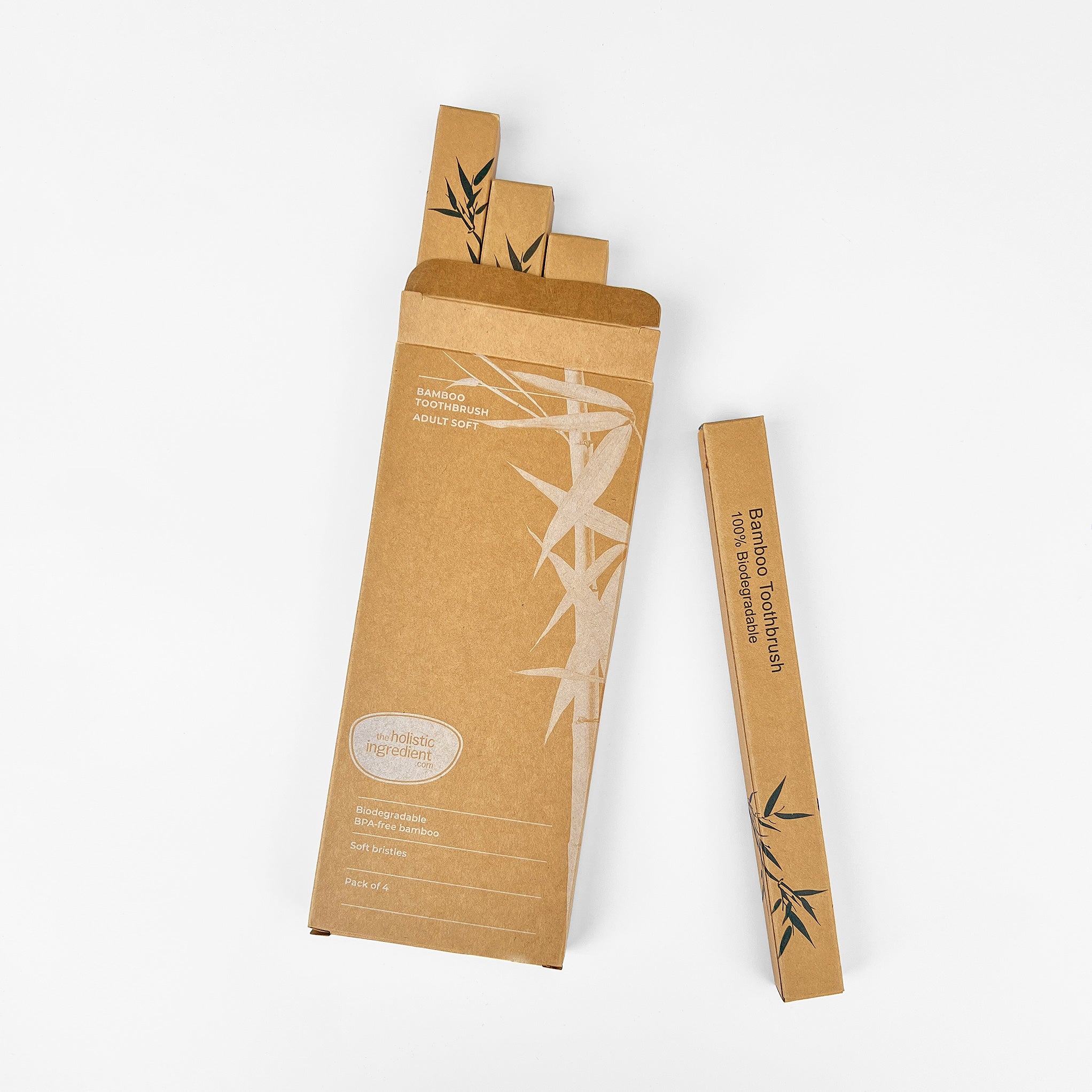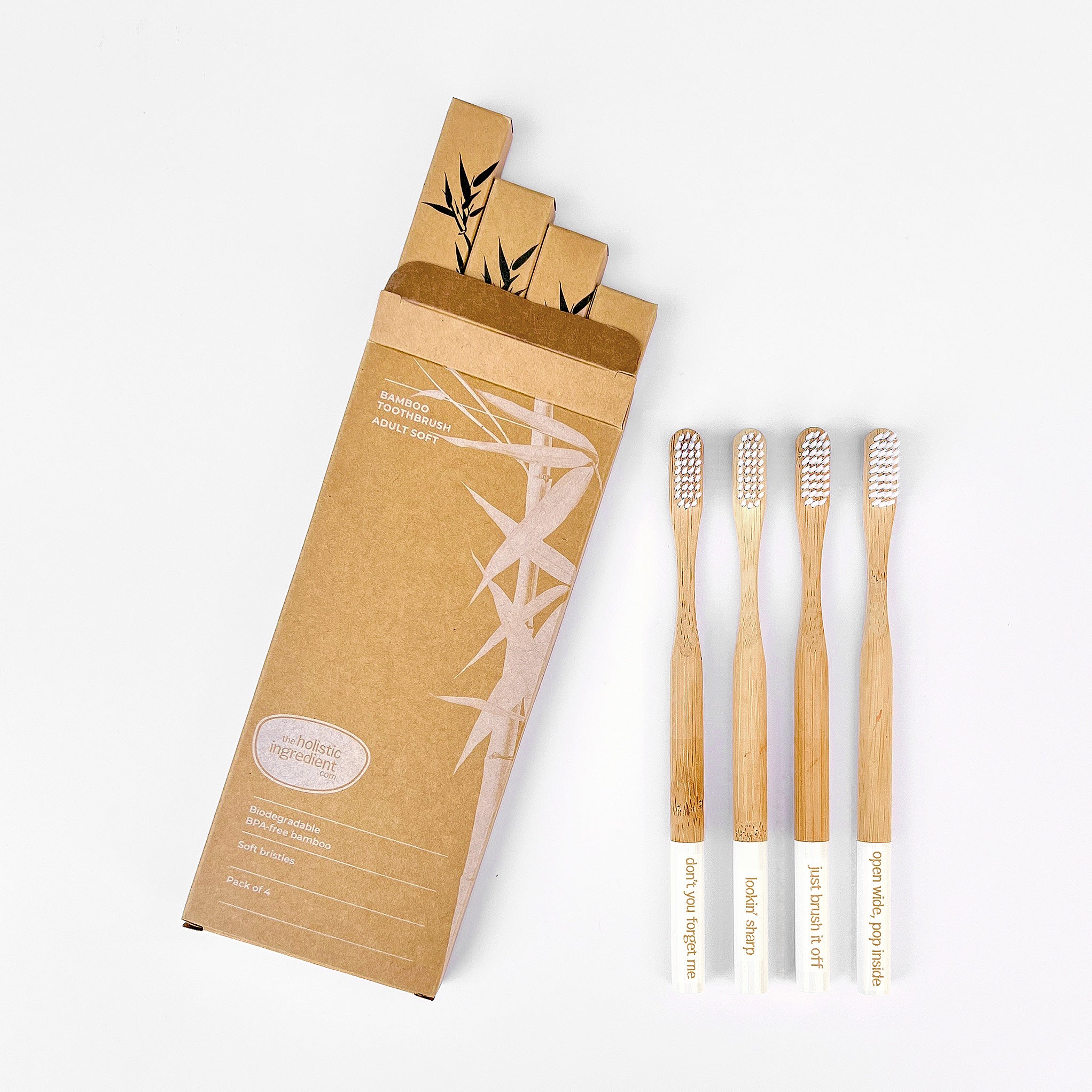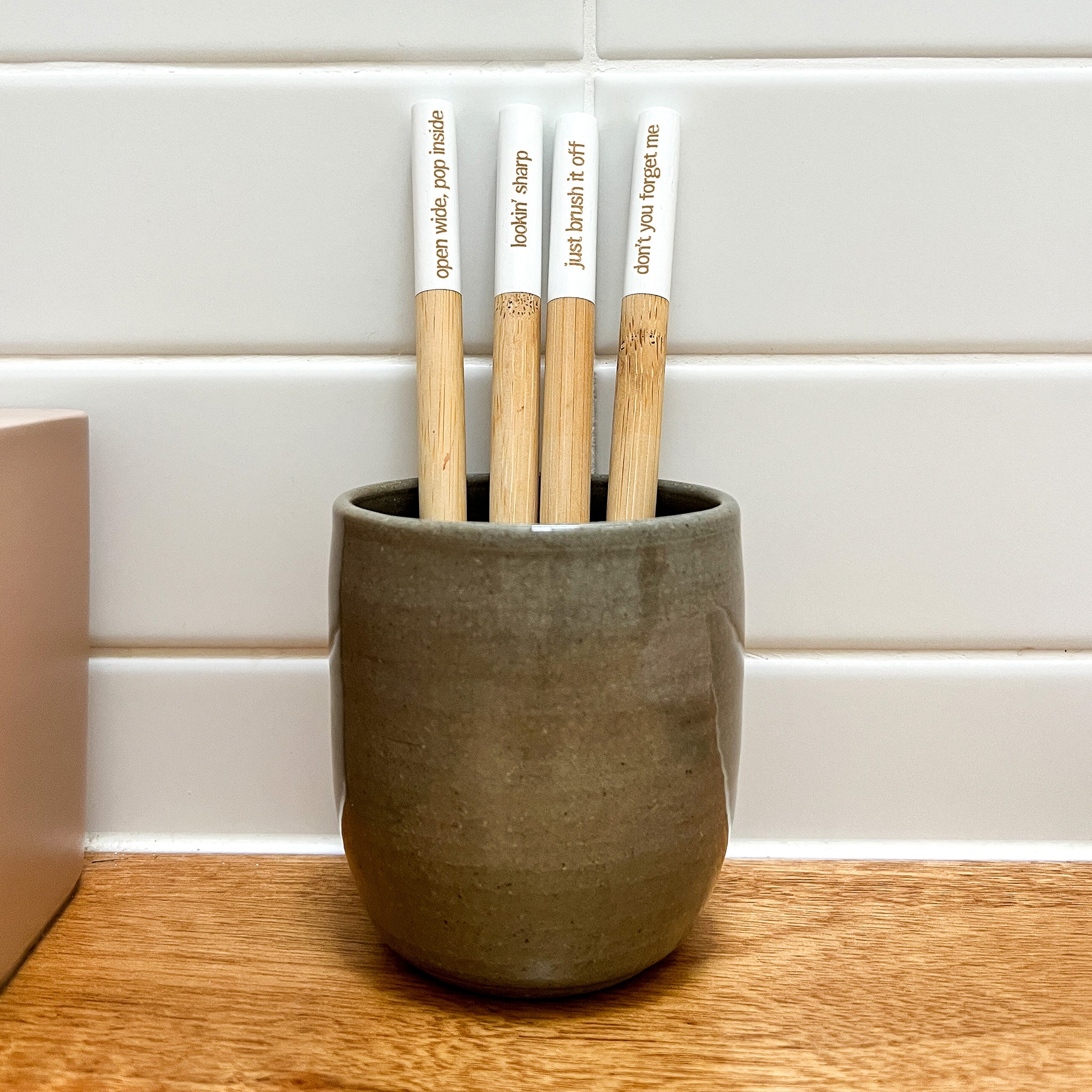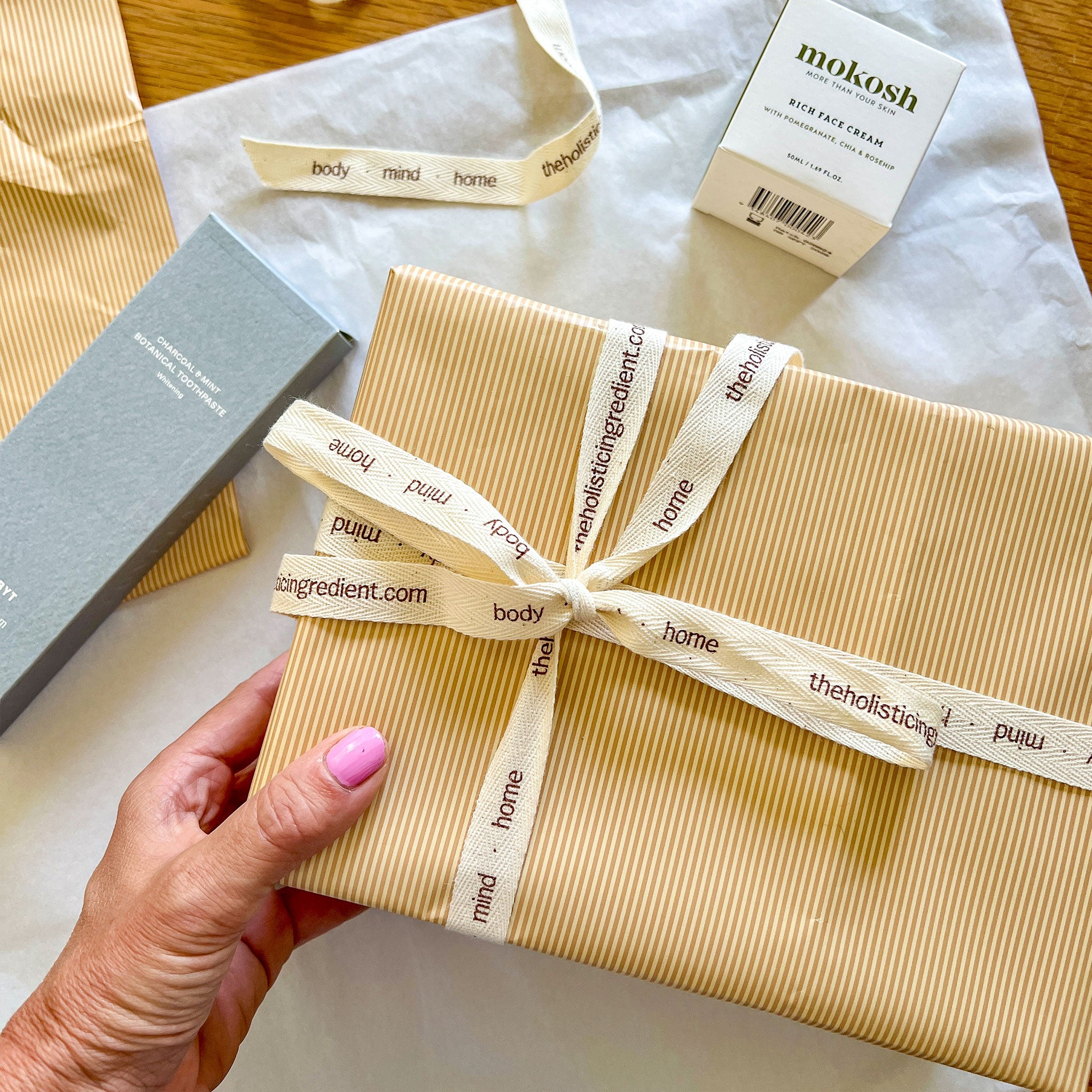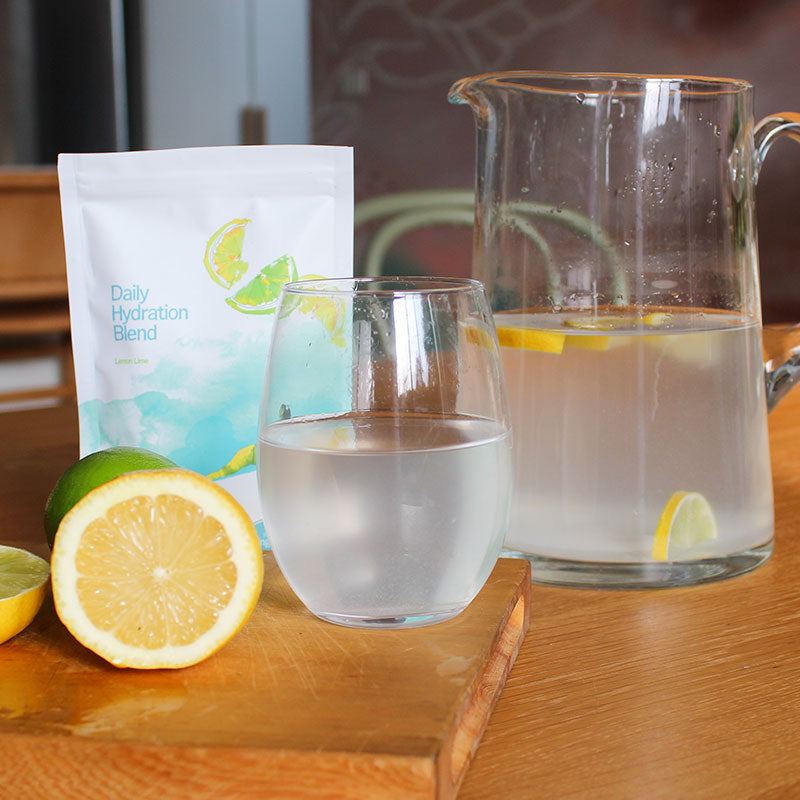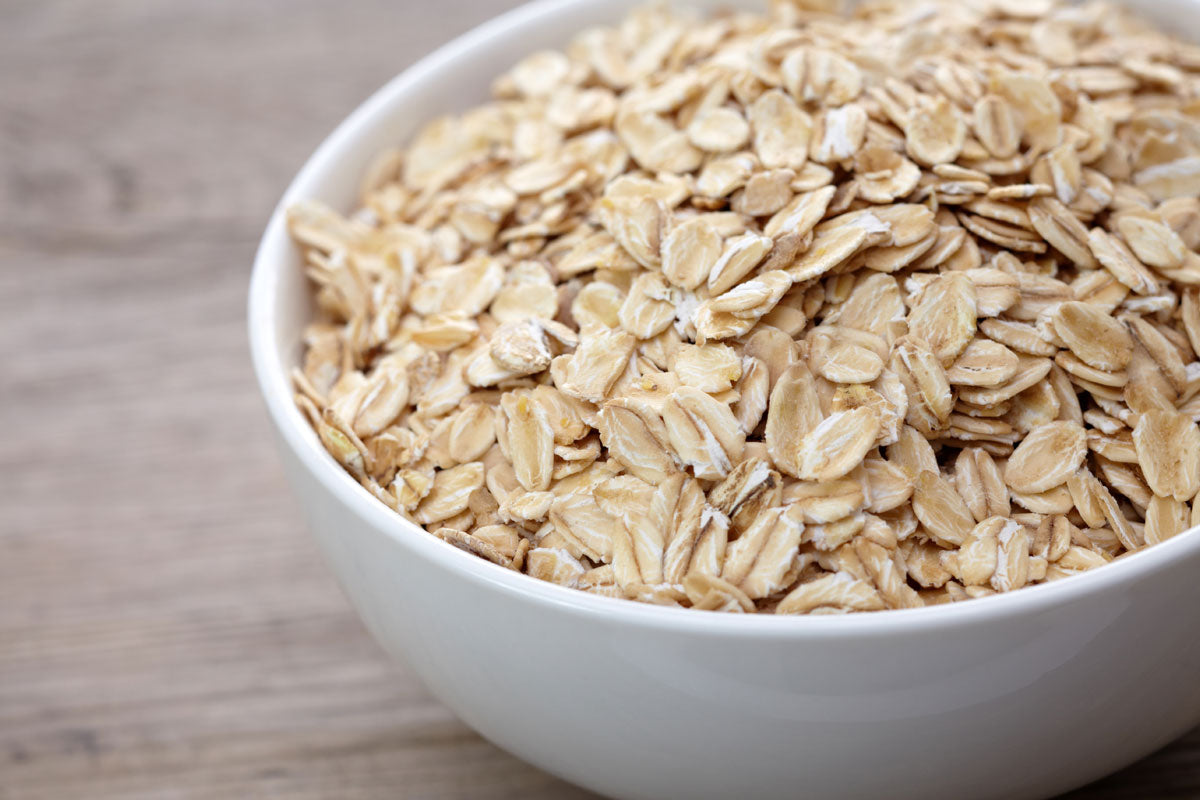
Today marks the first mention of oats on the THI website and in fact this week we will be sharing our very first oats recipe. But not before we've had a chat about the healthiest oatmeal and it's many versions!
As a child I adored porridge for breakfast. Mum would serve it up cooked in full fat milk, a big dollop of butter in the middle (my favourite bit) and free-for-all brown sugar to melt over the top (that was well before the I Quit Sugar movement so we'll let mum off the hook).
Over the years I included it in my diet here and there, though the busier I got the lesser the quality of my choice. Having said that, I didn't ever really understand the different oat varieties and their nutrient value. These days I like to pay a little more attention to where my food comes from and how it's processed; I like to know if the food I eat is actually adding value to my life.
So first up, let's talk oats shall we?
The health benefits of oats:
Oats are brimming with dietary fiber, containing more than any other grain, and bring a whole host of cholesterol lowering properties. Oats contain manganese, selenium, phosphorus, magnesium and zinc. Additionally, oats are rich in Vitamin E. So how exactly to they contribute to our health?
1. Heart & Cholesterol
As mentioned, oats are a significant source of fiber. One such component of the fiber contained in oats is referred to as beta-glucans, which have been proven to lower blood cholesterol.
Also, oats are one of the best sources of compounds called tocotrienols. These are antioxidants which together with tocopherols form vitamin E. The tocotrienols inhibit cholesterol synthesis and have been found to lower blood cholesterol. The accumulation of cholesterol implicates many types of cardiovascular disease.
2. Blood sugar
The control of blood glucose and insulin levels is essential in preventing many of the complications associated with diabetes.The beta-glucan levels in oats serve to slow the rise in blood sugar levels following a meal, meaning dramic changes in blood sugar levels are avoided.
3. Anti-cancer
Oats, like other grains and vegetables, contain phytochemicals (plant chemicals) that are said to reduce the risk of cancer. Phytoestrogen compounds in oats have been linked to decreased risk of hormone-related cancers such as breast cancer.
4. Blood pressure
A daily serving of oats has been said to reduce hypertension (high blood pressure) and thus reduce the need for medication.
5. Bowel function
Oats have a high fiber content, both soluble and insoluble, necessary for keeping bowel movements regular.
6. Weight control
Oats are very satiating. The fiber content absorbs moisture as it is digested which leads to the viscosity of the contents of your intestine increasing and thus you feeling fuller for longer. In this way, oats assist in weight maintenance and loss.
Oats & Digestion:
On the flip side to the health benefits listed above, oats are not ideal for everybody. Many find them difficult to digest and this is due to the presence of phytic acid. Soaking oats is recommended to break down the phytic acid and allow for better absorption. On this point, my recommendation would be to listen to your body. Do oats make you feel uncomfortable in any way after eating them? If so I would not continue with them in your diet.
What are the different types of oats?
Here we have listed them here in order of nutritional content, our favourite being number 1:
1. Oat groats: The THI preferred oats. All types of oat cereals start out as groats, which are hulled toasted grains.
2. Steel cut oats: Also a THI favoured oat! (Though slightly more processed than oat groats). Often referred to as Irish oats, these are the least processed oat cereal. Here the toasted oat groats are simply chopped into chunks about the size of sesame seeds. Steel-cut oats take longer to cook, contain the most nutrients (and antinutrients such as phytic acid), and taste nuttier than conventional oats. They have the most 'chew' of any of the oat varieties.
Here's a rather tasty Maple & Spice Steel Cut recipe.
3. Stone ground oats: Sometimes referred to as Scottish oats, these are simply oat groats that are ground even smaller than steel cut; the result being an oat approximately the size of a poppy seed.
4. Rolled oats: The most common variety of oat, though not the healthiest oatmeal. Referred to as "old fashioned", these are made by steaming the toasted oat groats and then running them between rollers to create flattened flakes. Try and choose the gluten free variety.
This gluten free recipe for Choc Berry Muffins is truly delicious.
5. Quick oats: These are processed even further, simply rolled into even thinner flakes to ensure they cook faster.
6. Instant oats: These are the most heavily processed. Here the groats have been chopped fine, flattened, pre-cooked and dehydrated. Instant oatmeal usually has added salt and sugar. In my opinion, keep walking as you pass them in the shopping aisle. Just think, in the time it takes to boil the kettle you could be preparing a more nutritious oat variety.
Oats & the gluten free diet:
The suitability of oats as part of the gluten free diet has long been a source of controversy. Some groups point to research suggesting oats are safe and others to research implicating oats as being dangerous to those with Celiac disease.
Although oats do not contain gluten, in some cases they are grown in the same fields as wheat, barley or rye and said crops may contaminate oats with gluten. Oats may also be processed and packaged in facilities that are not strictly gluten free. Therefore, those who suffer from gluten intolerance must exercise caution when eating oats.
Further to this, studies show that even 'uncontaminated oats' (oats not containing wheat, barley or rye) can be toxic to people with Celiac disease. This may be due to the presence of a protein called avenin which works in a similar way to the wheat gluten protein (called prolamine gliadin) that causes the adverse effects in the gluten intolerant.
Please do note that our interpretation of the current available medical research clearly shows that oats, even 'gluten-free' oats, should not be included in the gluten-free diet at this time. I for instance, will not be including oats in my diet for the next few months as I work to rebuild my gut following my recent food intolerance tests.
So how do you feel about us introducing oats onto the THI site? Would you like to see us cook with oats in future? And if you do include them in your diet, do they leave you feeling energised or uncomfortable?
- See more at: http://www.quickanddirtytips.com/health-fitness/healthy-eating/are-steel-cut-oats-healthier#sthash.LhGhruMw.dpuf


